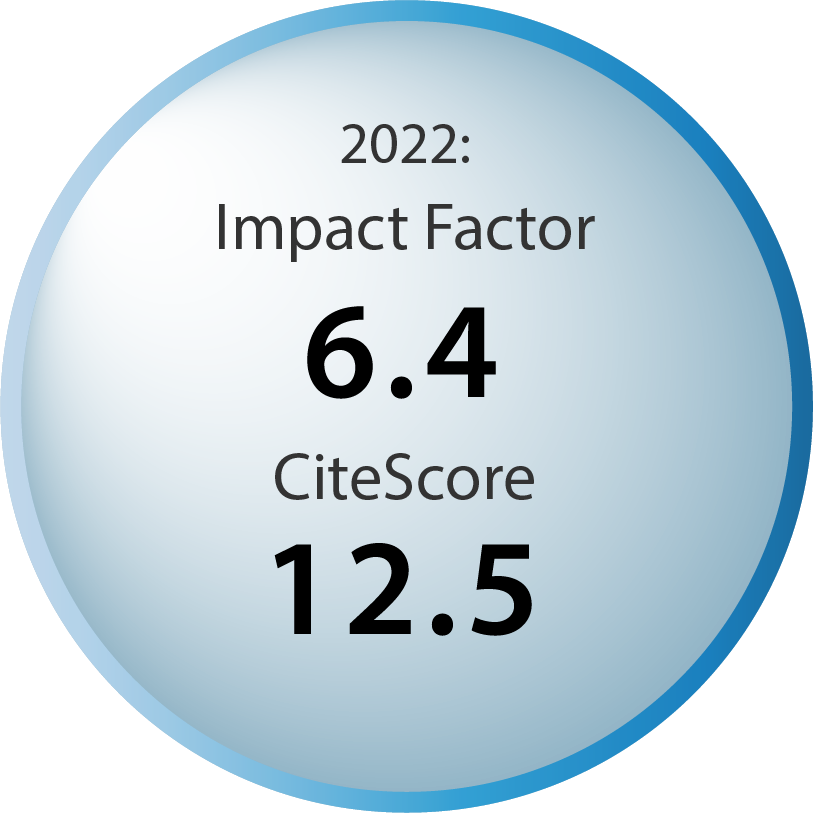Editorial Board
Meet Cell Stress’ editorial board, which includes renowned scientists in diverse fields of unicellular and mammalian research warranting the quality of our published articles.
Editor-in-Chief

He is currently professor at the Faculty of Medicine (University of Paris Descartes) and additionally affiliated to the French Medical Research Council (INSERM), the Institut Gustave Roussy, and the Hôpital Européen Georges-Pompidou (Paris). His lab discovered the fundamental role of mitochondrial permeabilization in programmed cell death and has ever since continued to elucidate the role of mitochondria in pathological cell death. Additionally, he is interested in the regulation and function of autophagy in disease processes and the contribution of immune response to dying cancer cells.
Executive Editors

Frank Madeo is a professor at the Institute for Molecular Biosciences at the University of Graz. He discovered and initiated the field of yeast apoptosis and has since then focused his research on the identification and characterization of conserved regulators and mechanisms of programmed cell death. At the same time, he investigates the function and control of pathways and processes underlying aging from yeast to mice, which recently led to the identification of spermidine as an autophagy inducer with anti-aging properties.

He studied and worked at the University of Tübingen, the University of Washington, and the Technical University of Graz and is currently an Assistant Professor at the Institute for Molecular Biosciences at the University of Graz. His research mainly focuses on deciphering the mechanisms underlying apoptotic and non-apoptotic programmed cell death employing yeast as a model organism. Furthermore, he is interested in devising pharmacological approaches to counteract aging-related cellular and organismal dysfunctions.
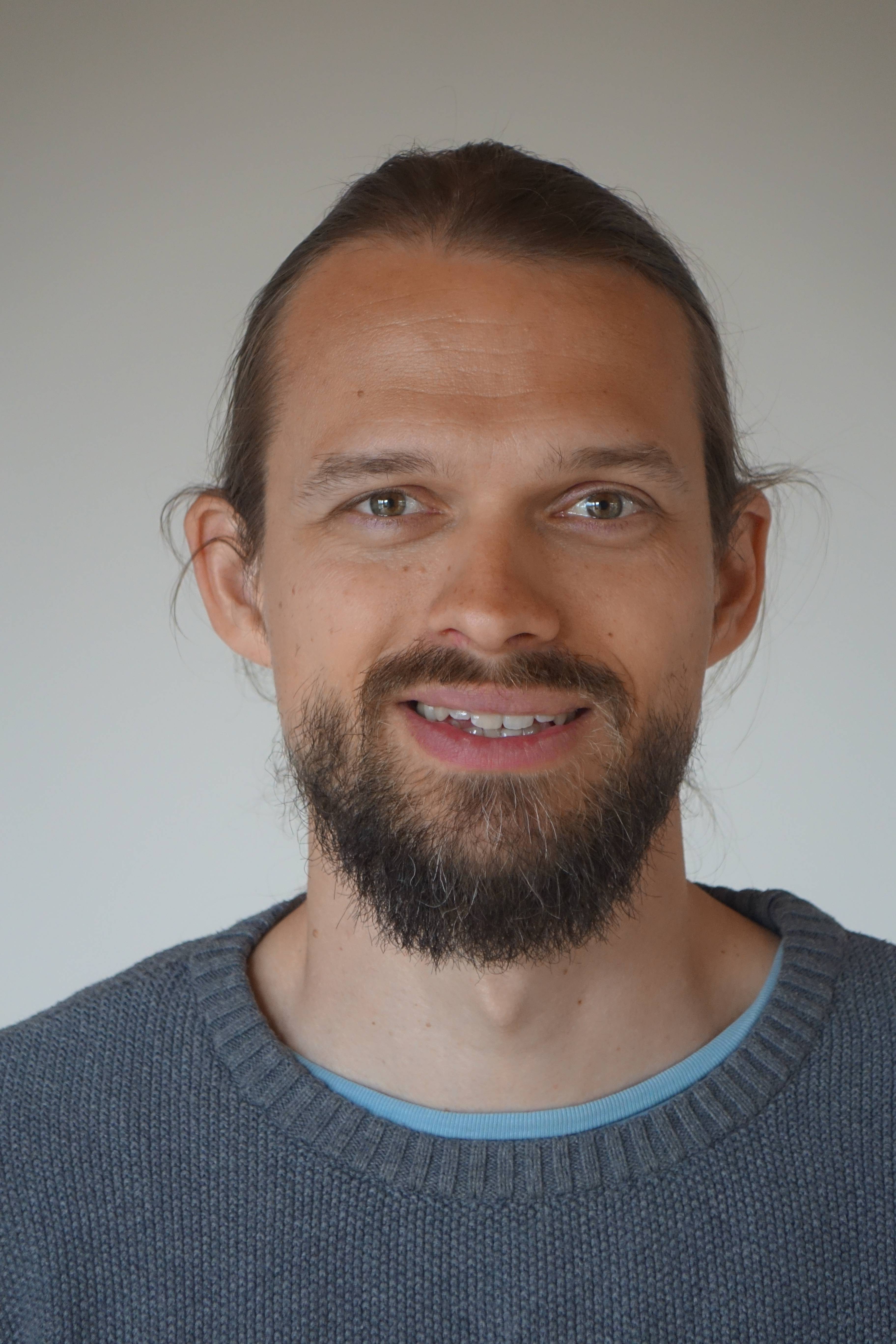
He studied and worked at the University of Graz and the Medical University of Graz and is currently an Assistant Professor at the Institute for Molecular Biosciences at the University of Graz. His research focus mainly lies on aging mechanisms, autophagy and cell stress in the model organisms yeast and fly.

He studied microbiology and biochemistry at the University of Graz (Austria), the Technical University of Graz (Austria) and obtained his PhD at the Institute for Molecular Biosciences at the University of Graz. His research focus lies on mitochondrial regulation of cell death and aging using yeast as a model. He is also investigating pharmacological approaches to decelerate age-associated malfunctions.
Managing Editors

Tanja studied Molecular Biology and Molecular Biotechnology at the University of Technology Graz (Austria). She then obtained her PhD in Biochemistry from University College London (UCL) and The Francis Crick Institute, London (UK) researching in vitro reconstitution of cell division with purified proteins. After a Postdoctoral stay at the Centre for Genomic Regulation (CRG) in Barcelona (Spain) she currently focuses on using her broad scientific background and experience in European Regulatory Affairs and Medical Devices.

She is a biochemist who obtained her degree from the Martin-Luther University Halle/Saale (Germany). She is currently a PhD candidate at the University of Graz (Austria) with expertise in both prokaryotic and eukaryotic pathogens. Her research focus is on the identification and mechanistic characterization of novel antifungal compounds.
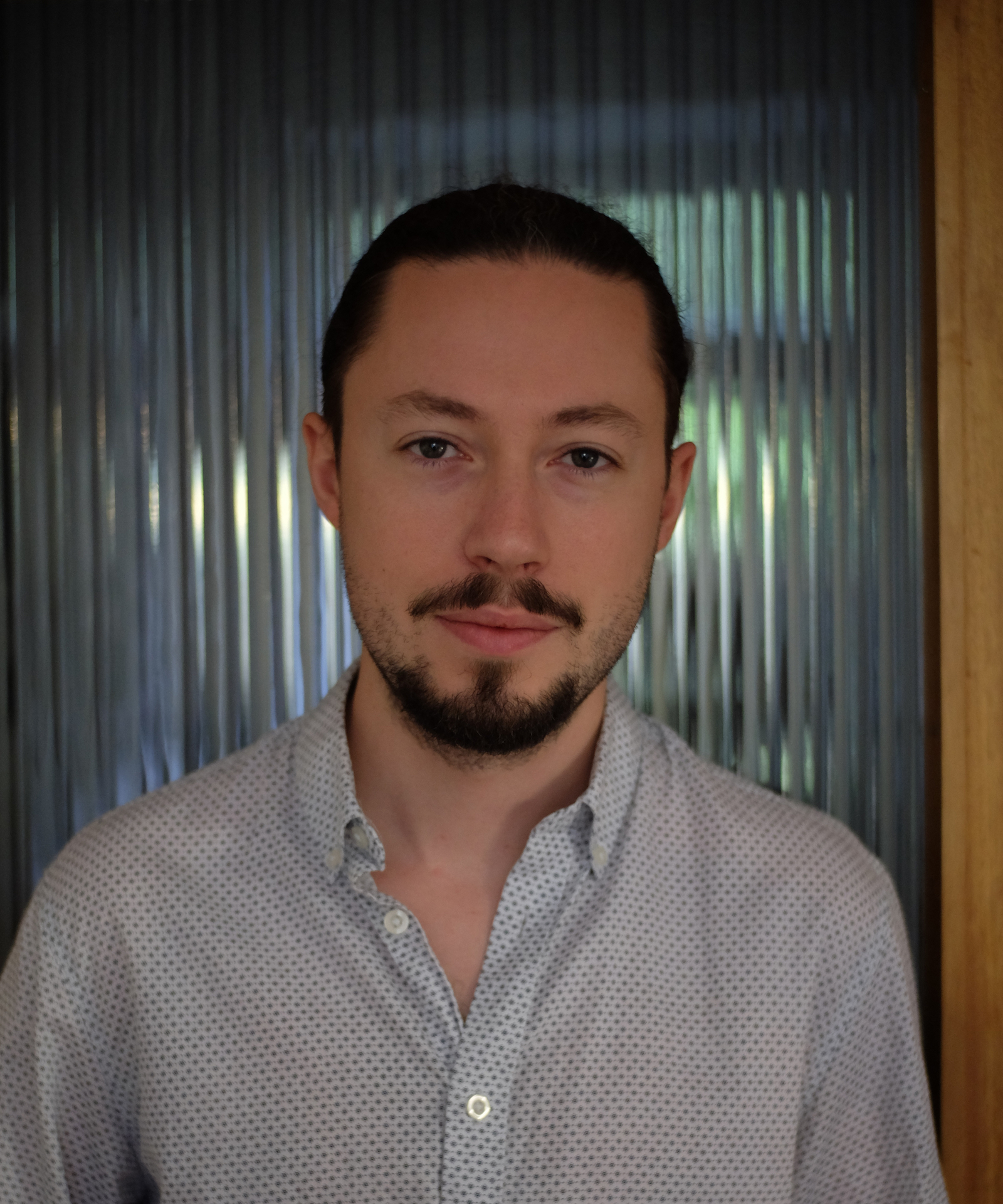
Sebastian studied Molecular Microbiology at the Technical University of Graz (Austria) and the Karl-Franzens-University Graz and did research at the Free University of Berlin (Germany). He obtained his PhD in Molecular Biology, focusing on intermittent fasting and the modulation of the polyamine metabolism as feasible strategies to prolong health- and lifespan at the Institute of Molecular Biosciences (University of Graz). His current research focus lies on gaining a deeper molecular understanding of therapeutic and pharmacological interventions that slow the process of aging, utilizing yeasts, flies and mice. He is also trained as a “Clinical Trial Specialist” (Medical University of Graz) and is involved in several clinical trials studying the effects of spermidine supplementation and therapeutic fasting in humans.
Honorary Founding Editors
Academic Editors
- Aging and Cell Death
- Autophagy and Stress Homeostasis
- Cancer Biology
- Cell Physiology and Stress-Signaling
- (Epi)genetics
- Genome Stability and Integrity
- Immunology and Inflammation
- Metabolic Stress and Diseases
- Mitochondria and Oxidative Stress
- Neurobiology and Neurodegeneration
- Stem Cell Biology
- Stress Mechanisms in Pathophysiology
Aging and Cell Death
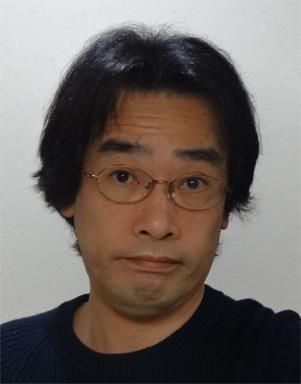
Dr. Aki is an associate professor of Tokyo Medical and Dental University. His research activities focus on cellular responses to xenobiotics in mammalian system. In particular, he is interested in crosstalk between autophagy and programmed cell death.
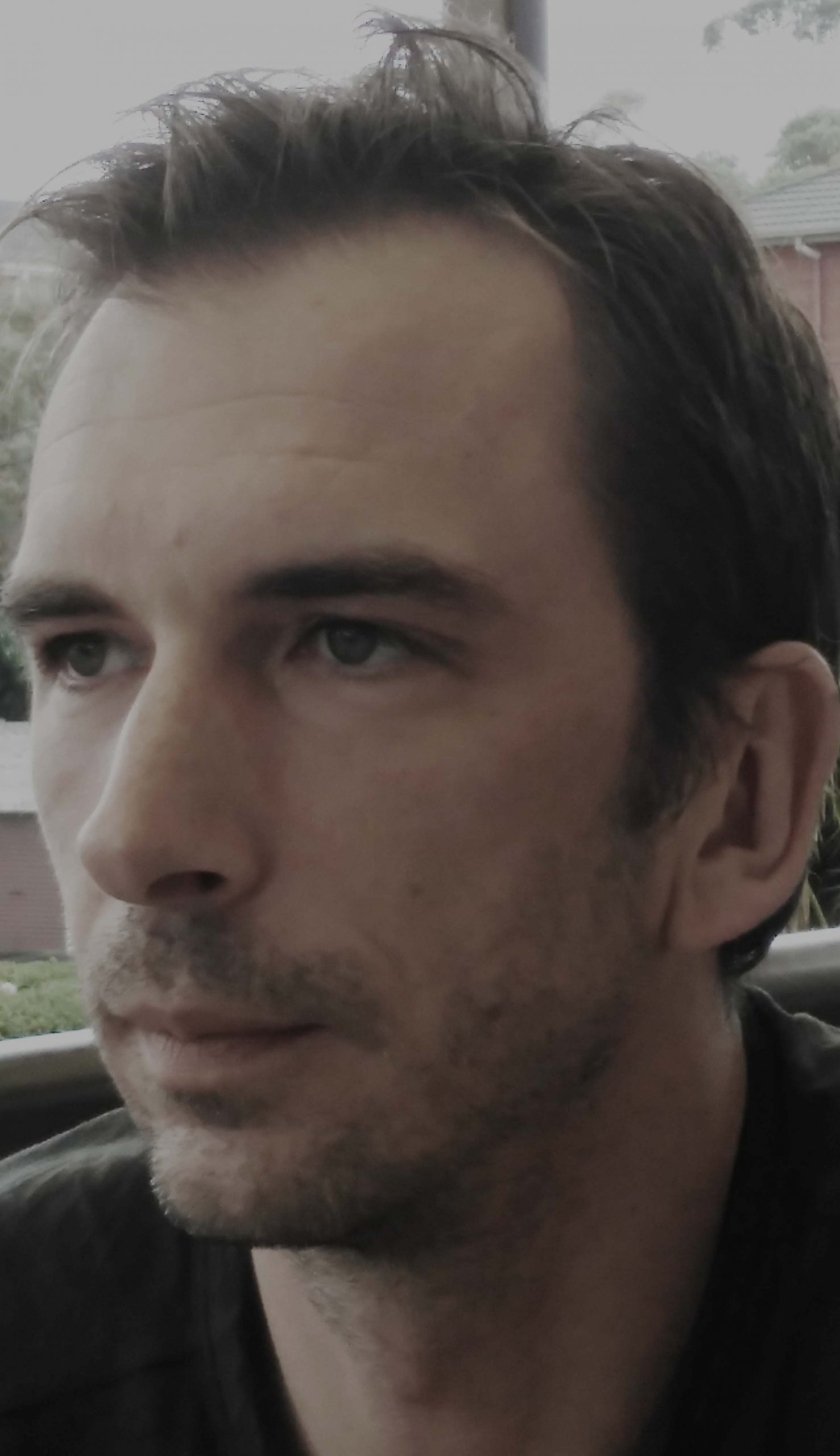
Dr. Alic is interested in how changes in gene expression, specifically at the level of transcription, modulate ageing. He uses the fruit fly, Drosophila melanogaster, as a model for animal ageing.

She researches and teaches at the University of Graz (Austria). Her main expertise lies on the use of baker's yeast (Saccharomyces cerevisiae) as a model organism to study conserved cell death processes and aging mechanisms, including both wild-type yeast and engineered strains that heterologously express human disease-relevant proteins (e.g. exon 1 of human huntingtin to study Huntington's disease). In addition, she explores pharmacological strategies to counteract age-related decline.
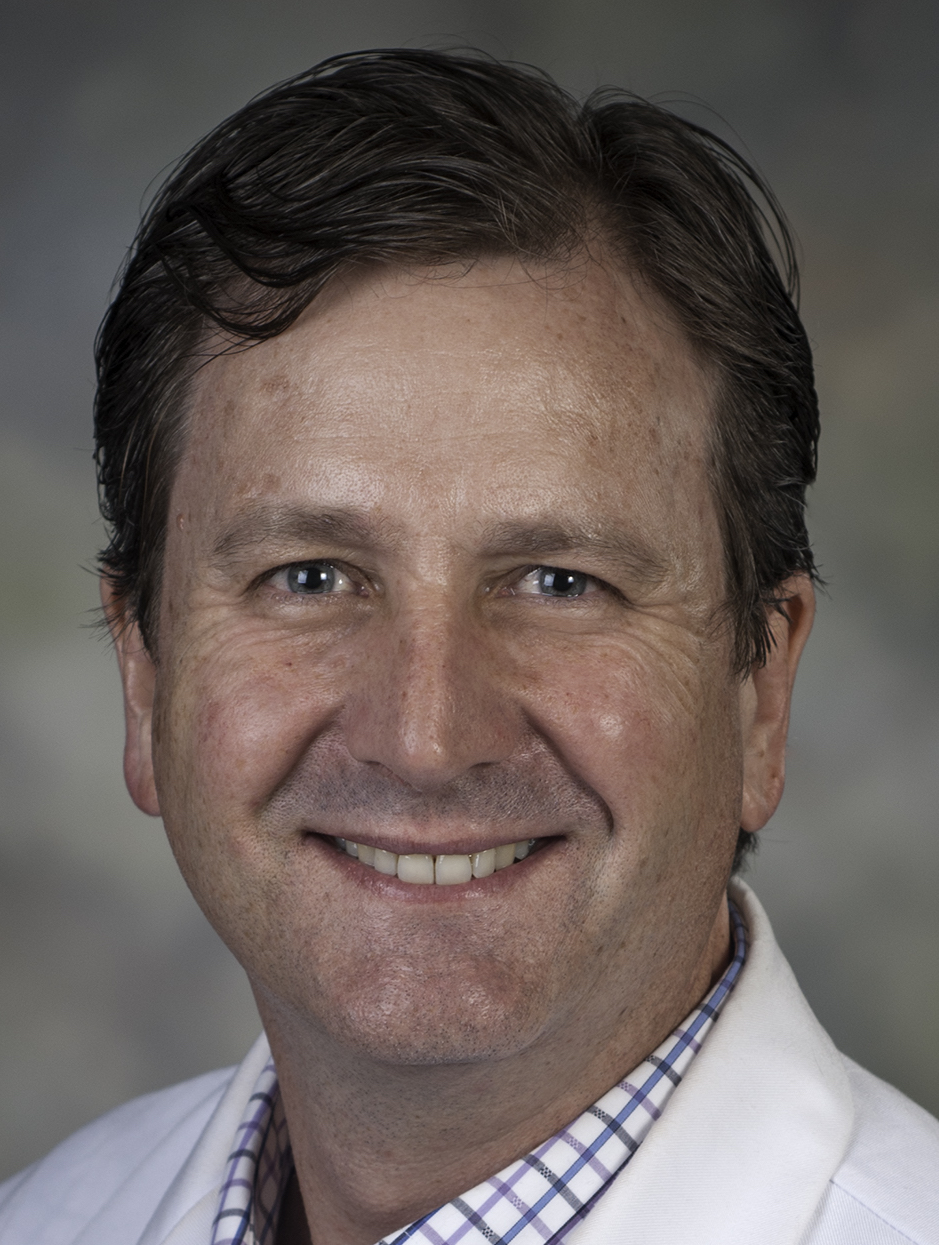
His research is focused on understanding the molecular mechanisms underlying the effects of increasing age and oxidative stress on neuromuscular junction function. Their approach is to study motor function from the level of the whole organism to the release of a single synaptic vesicle at the neuromuscular junction allowing them to precisely determine the contribution of neuromuscular performance to the declines in motor function observed during aging.
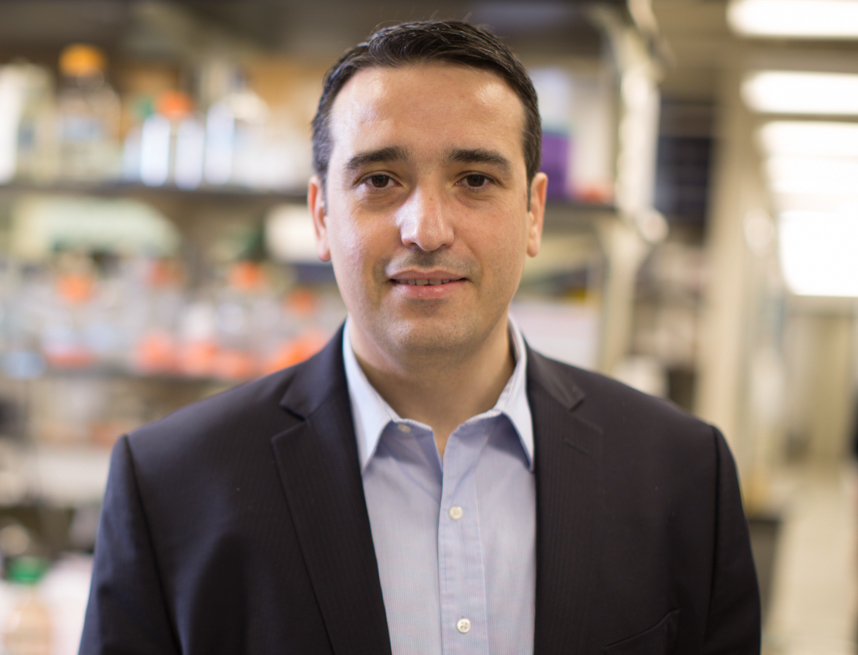
Dr. Gavathiotis’ research investigates signaling mechanisms in apoptosis, mitochondrial dynamics and MAPK signaling and their implications in cancer and other diseases. His group also uses chemical biology approaches to develop novel therapeutic strategies and chemical probes that can be used for target validation and serve as the basis for novel therapeutics.
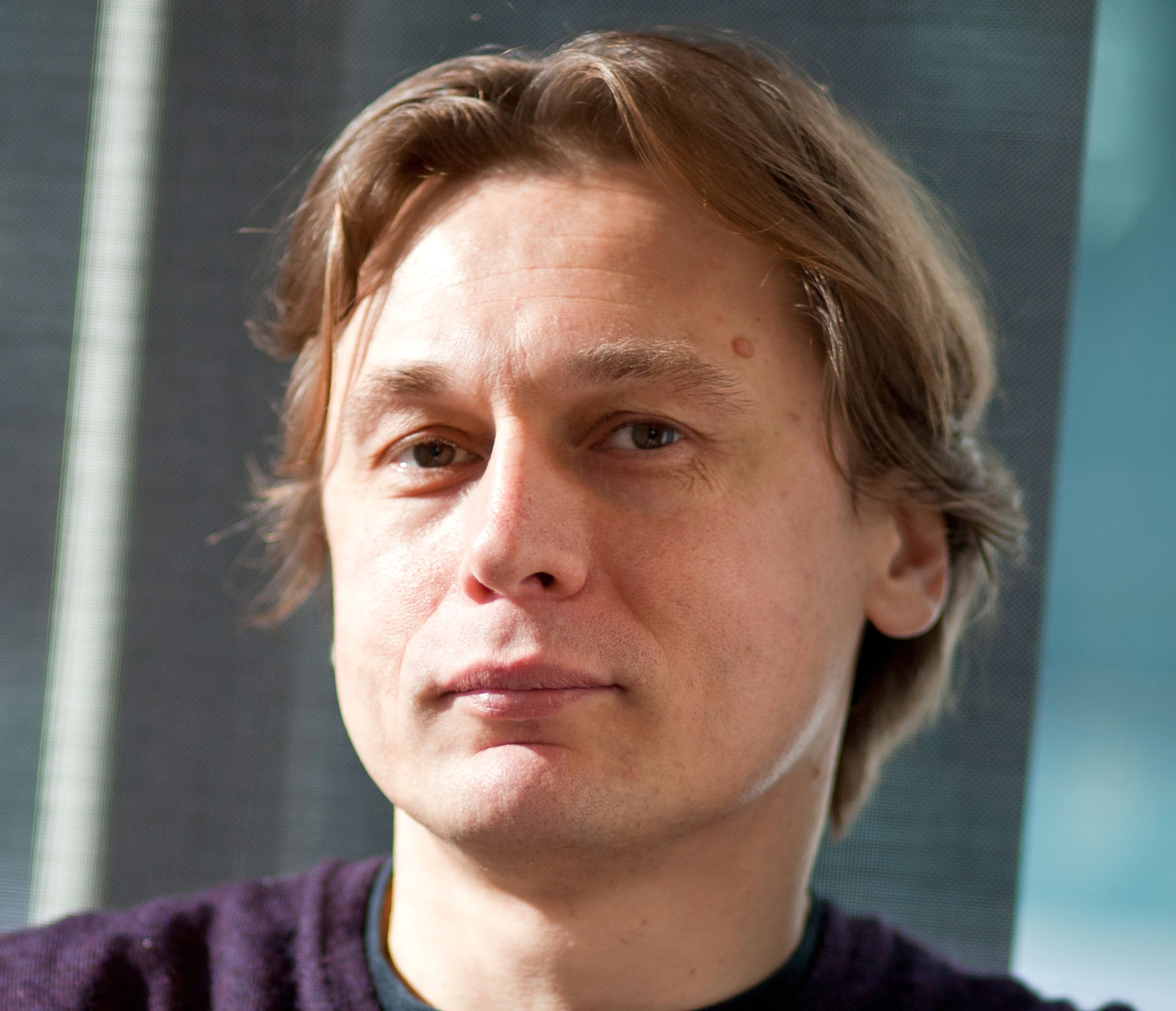
Vadim Gladyshev is broadly interested in aging, lifespan control, redox biology, selenium, molecular damage, and comparative genomics.
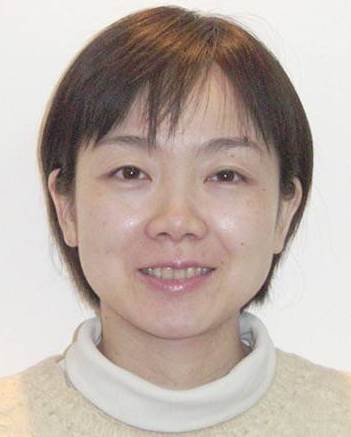
Prof. Jing-Dong Jackie Han became a tenured professor at Peking University in 2019. Her research focuses on the structure and dynamic inference of molecular networks,using a combination of large-scale experiments and computational analysis to explore the design principles of the networks and to find how the complex phenotypes, such as aging, cancer and stem cell development are regulated through molecular networks. She was awarded the NSFC Outstanding Young Scientist Award in 2006, and the Hundred Talent Plan Outstanding Achievement Award in 2009, selected as a Max Planck Follow in 2011 and a MaxNetAging Fellow in 2014, F1000 faculty in developmental biology in 2016.
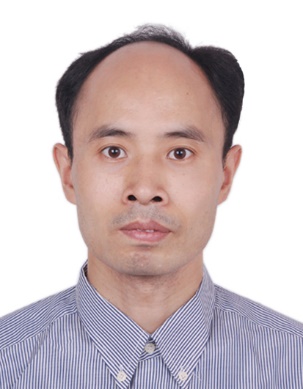
Dr. Li’s work focuses on exlporing the biochemical mechanisms of aging and age-related diseases using various models from C. elegans, mouse to human. His research includes the study of signaling pathways that are responsible for the beneficial effects of caloric restriction, exercise and young blood on rejuvenation. He also investigates the pathology and therapy of metabolic diseases including obesity and insulin resistance that lead to accelerate aging process.

His research has been focused on Apoptosis regulation by Bcl-2 family of proteins at mitochondria, mainly using biochemical, biophysical and structural biological approaches. In general, he has been interested in membrane protein structures and functions including nascent protein targeting, translocation and integration to endoplasmic reticular membranes.
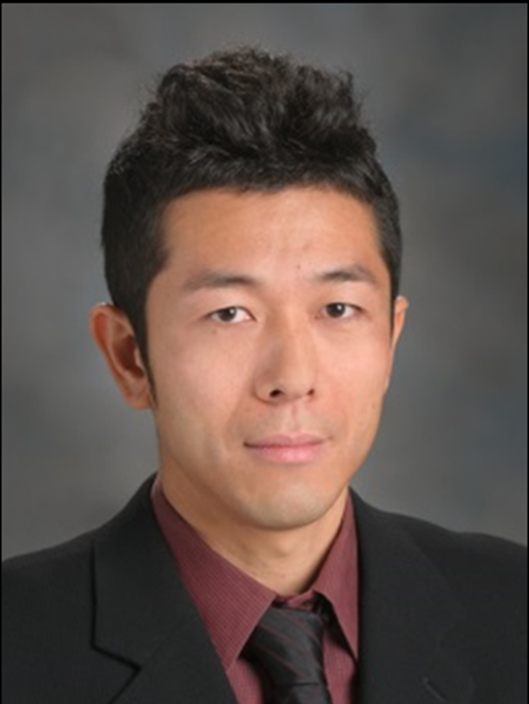
His main research focuses on epigenetic changes during the normal aging process. He is also interested in the effects of diet, genotype, tumorigenesis and lifestyle on the acceleration/attenuation of age-related epigenetic changes.
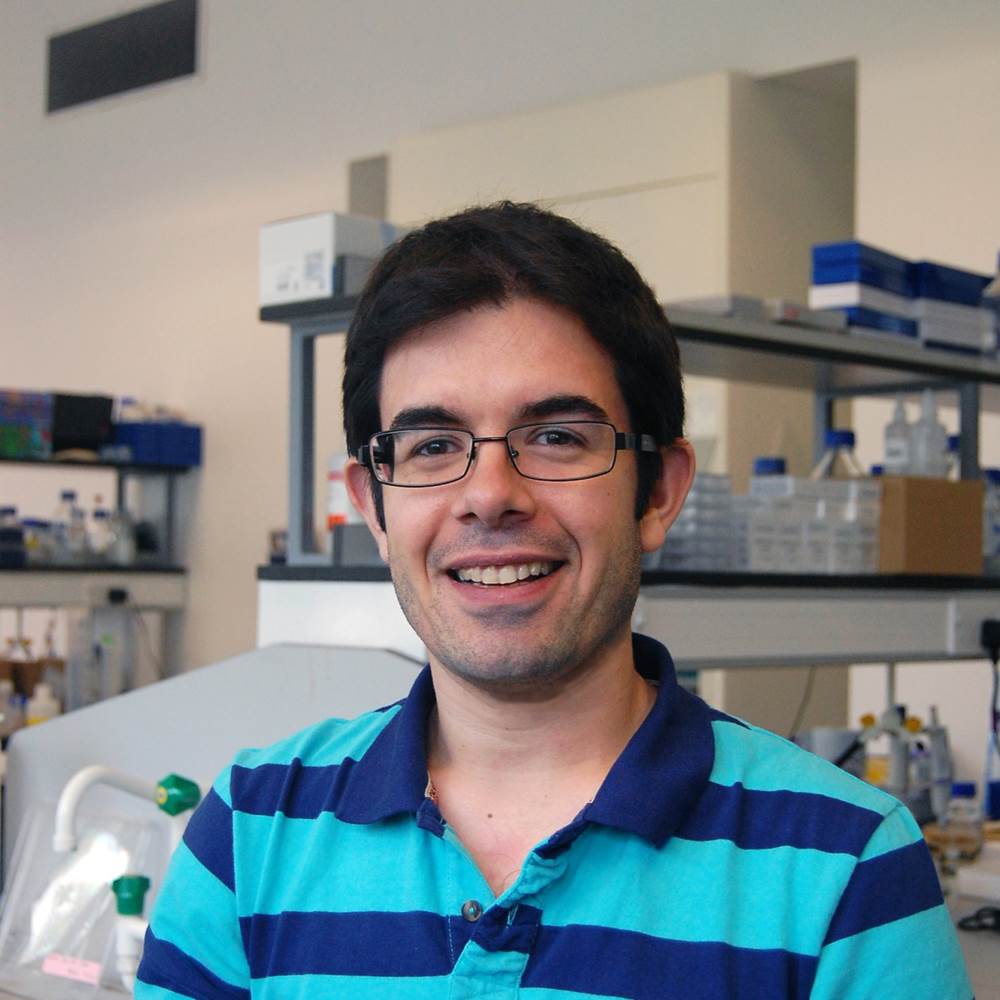
João Passos is an Associate Professor in Molecular Biology of Ageing at Newcastle University, UK. His research centres on understanding the impact of mitochondria and telomeres in cellular senescence and their role in ageing.
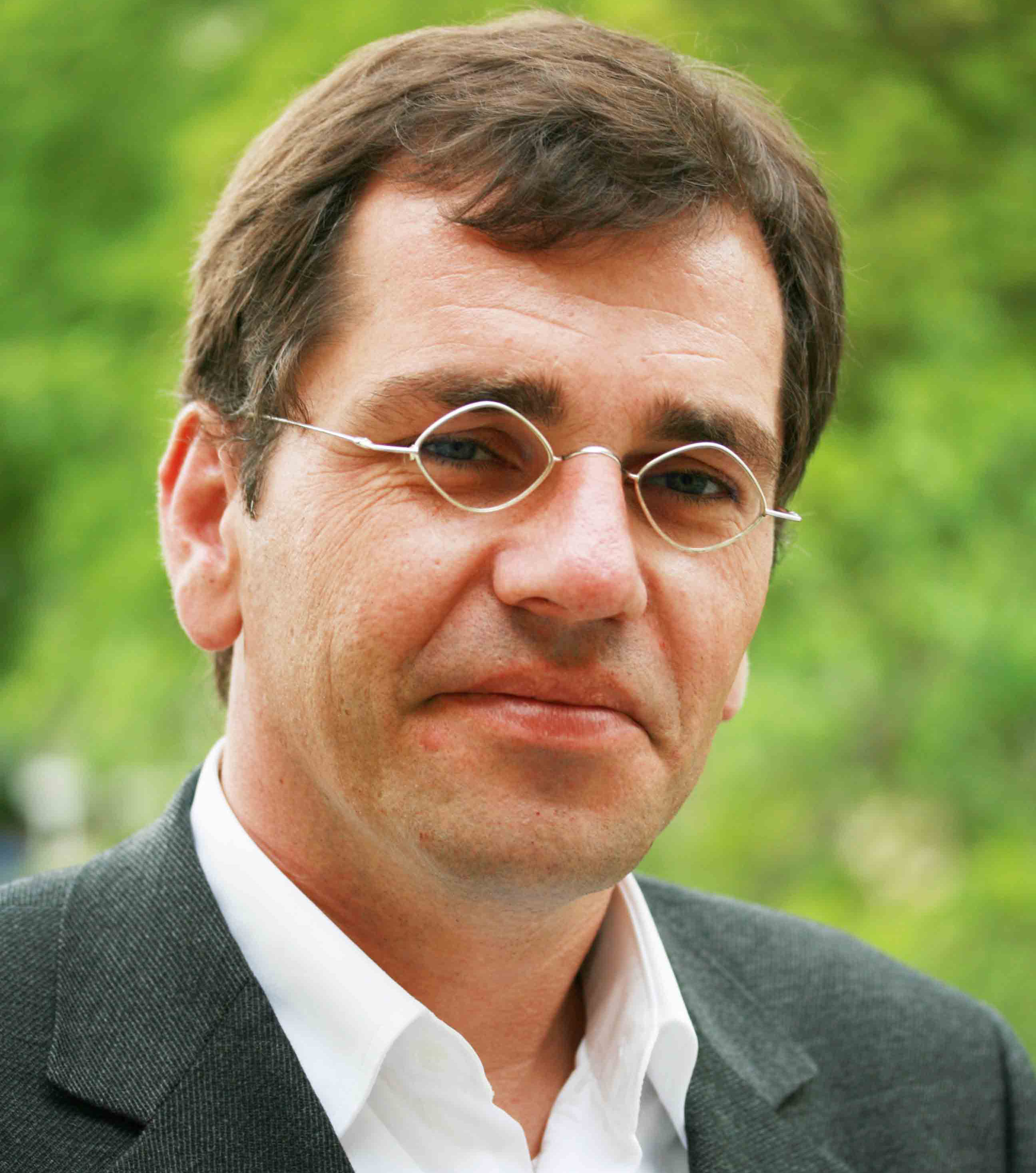
Michael Ristow’s research is focused on the biochemical and molecular basis of longevity — in particular the role played by mitochondria in lifespan regulation and prevention of metabolic diseases. Contrary to the widely re-iterated Free Radical Theory of Aging, Ristow was the first to show that the health-promoting effects associated with low caloric intake, physical exercise and other lifespan-extending interventions are mediated by increased formation of Reactive Oxygen Species (ROS), causing a vaccination-like adaptive response that culminates in increased stress resistance and extended longevity, a process called mitohormesis.
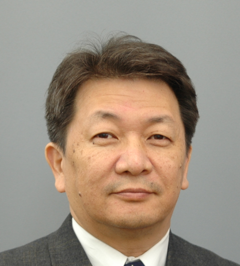
Shigeomi Shimizu's laboratory focuses on understanding the molecular mechanisms of non-apoptotic programmed cell death and autophagy (especially Atg5-independent autophagy). They also investigate the physiological and pathological roles of cell death and autophagy.
Autophagy and Stress Homeostasis
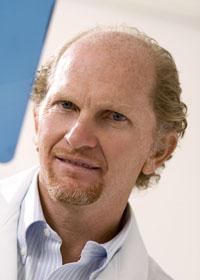
Dr. Ballabio has identified the genes for many inherited diseases, enabling diagnosis and revealing new molecular pathways. His groundbreaking discovery of a lysosomal transcriptional network showed that the lysosome is a signaling hub and provided the basis for a novel therapeutic strategy for diseases due to storage of pathological substrates.
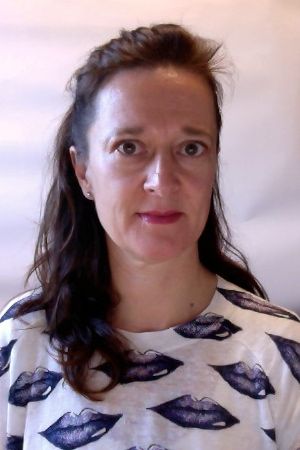
Patricia Boya is a group leader at the CIB-CSIC in Madrid, Spain. Her lab uses cellular and animal models to understand the roles of autophagy in both physiological and pathological conditions. In particular they are interested in studying the relationships between autophagy and basic processes such as proliferation, differentiation, metabolism and cell death in order to gain further insight into the processes of development and physiological aging. Moreover, they seek to better understand the role of autophagy in a variety of pathologies, including cancer and neurodegenerative diseases, and to try identify new treatments for human diseases.
Patrice Codogno Institut National de la Santé Et de la Recherche Médicale (France) - Founding Editor
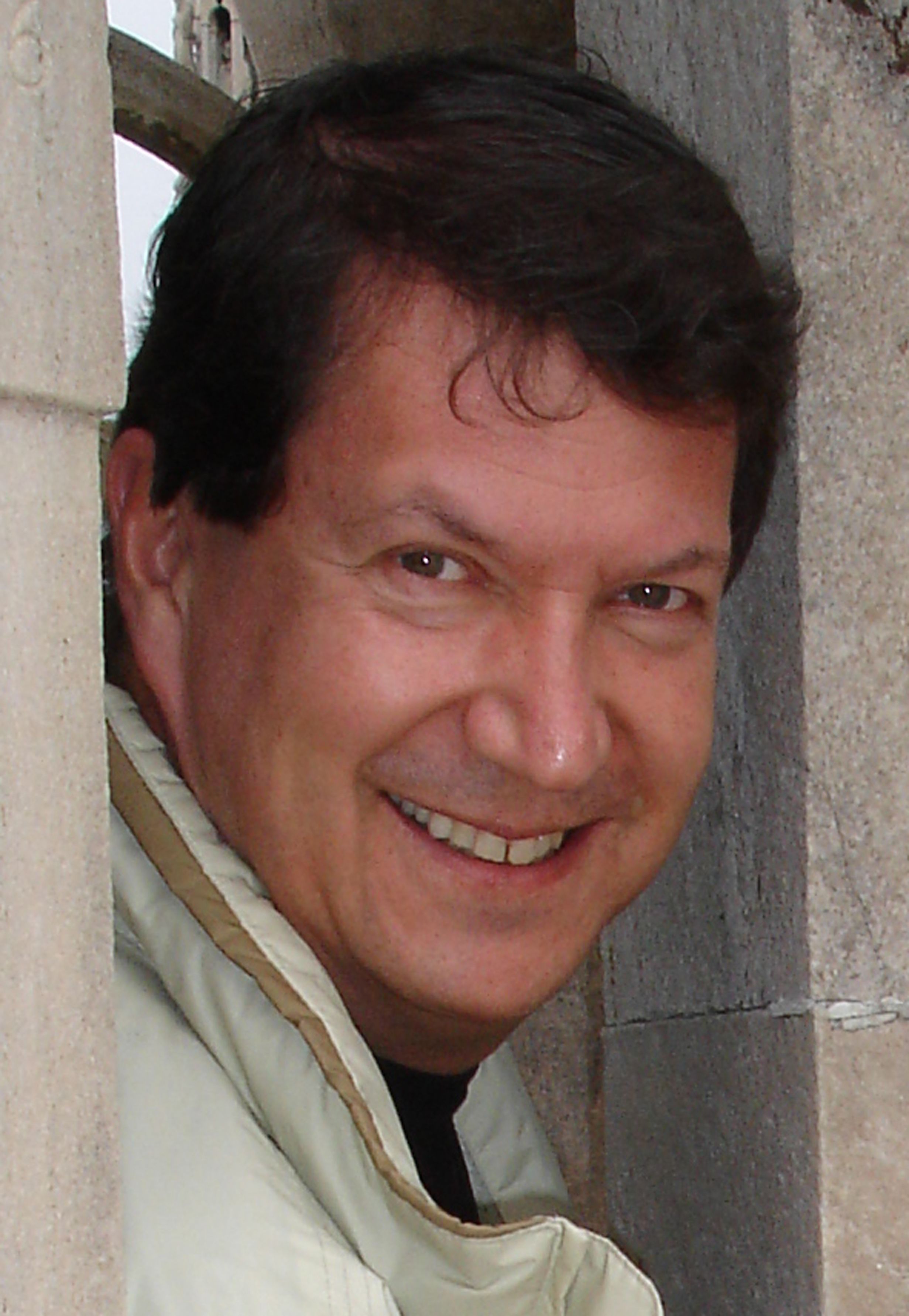
Dr. Deretic works on autophagy as a cellular and tissue homeostatic mechanism. His contributions are in the area of autophagy as an antimicrobial mechanism, as a regulator of inflammation, as a process that influences both cellular interior as well as extracellular environment through secretion, and as a cell and tissue protective process during a variety of stress conditions.
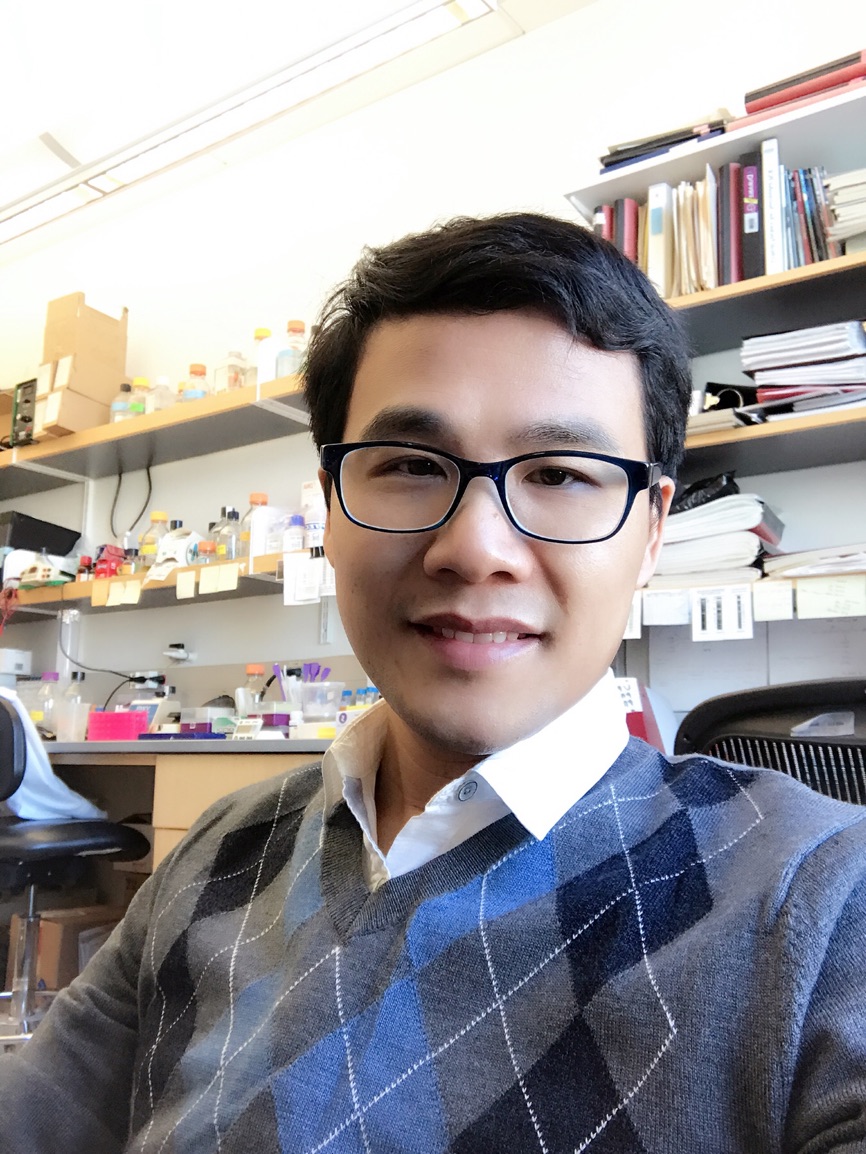
Du Feng's research is mainly focused on molecular regulations of autophagy, mitophagy, and mitochondrial dynamics in cellular stress responses including hypoxia, amino acid starvation, energy deprivation etc. and their implications in human diseases.
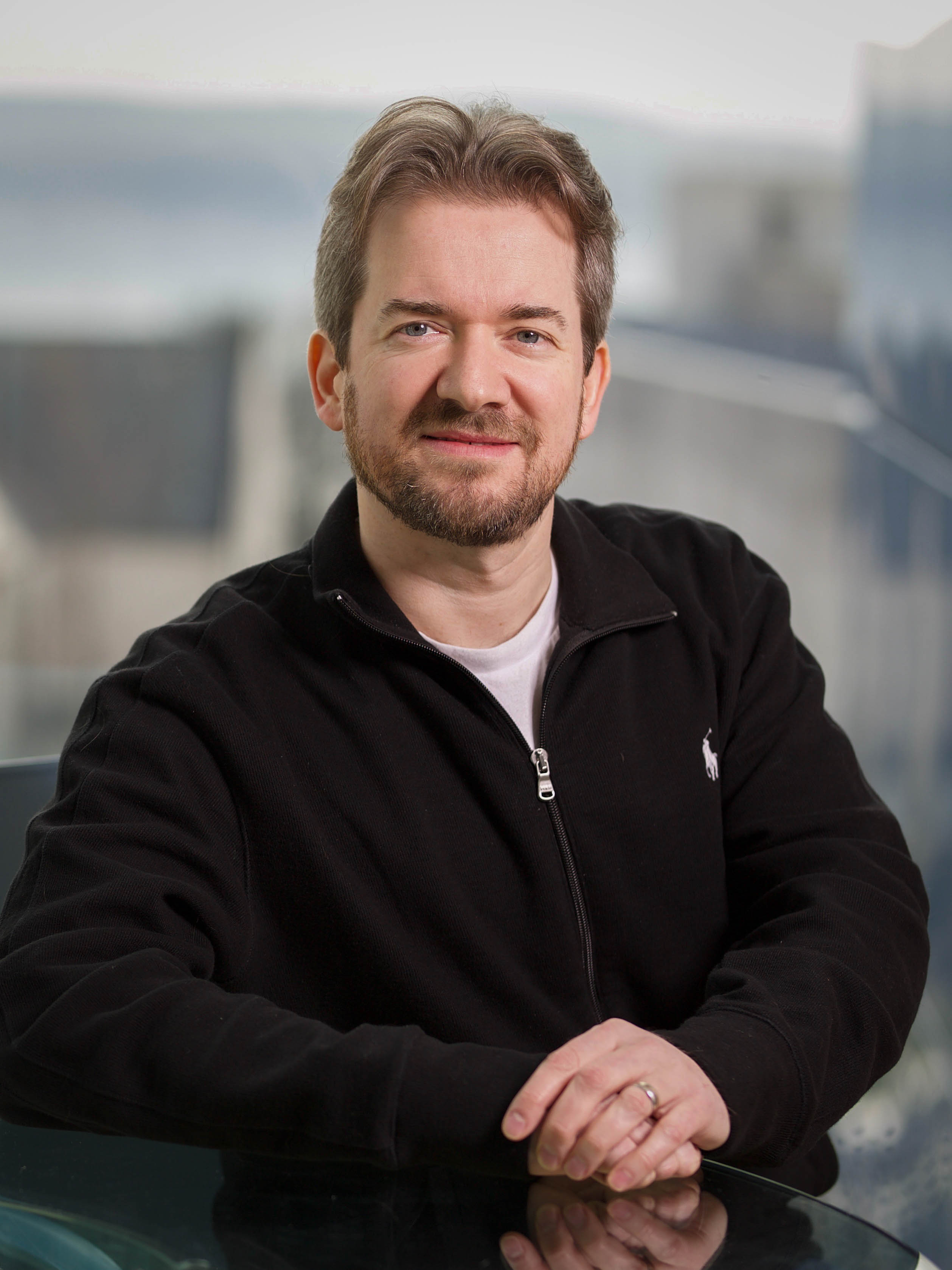
Ian Ganley is a Programme Leader in the MRC Protein Phosphorylation and Ubiquitylation Unit at The University of Dundee, Scotland. Ian is interested in autophagy and how this might be targeted to treat disease. The lab has a particular focus on mitophagy and uses a combination of in vitro and in vivo work to determine when and where this process is important and how it is regulated.
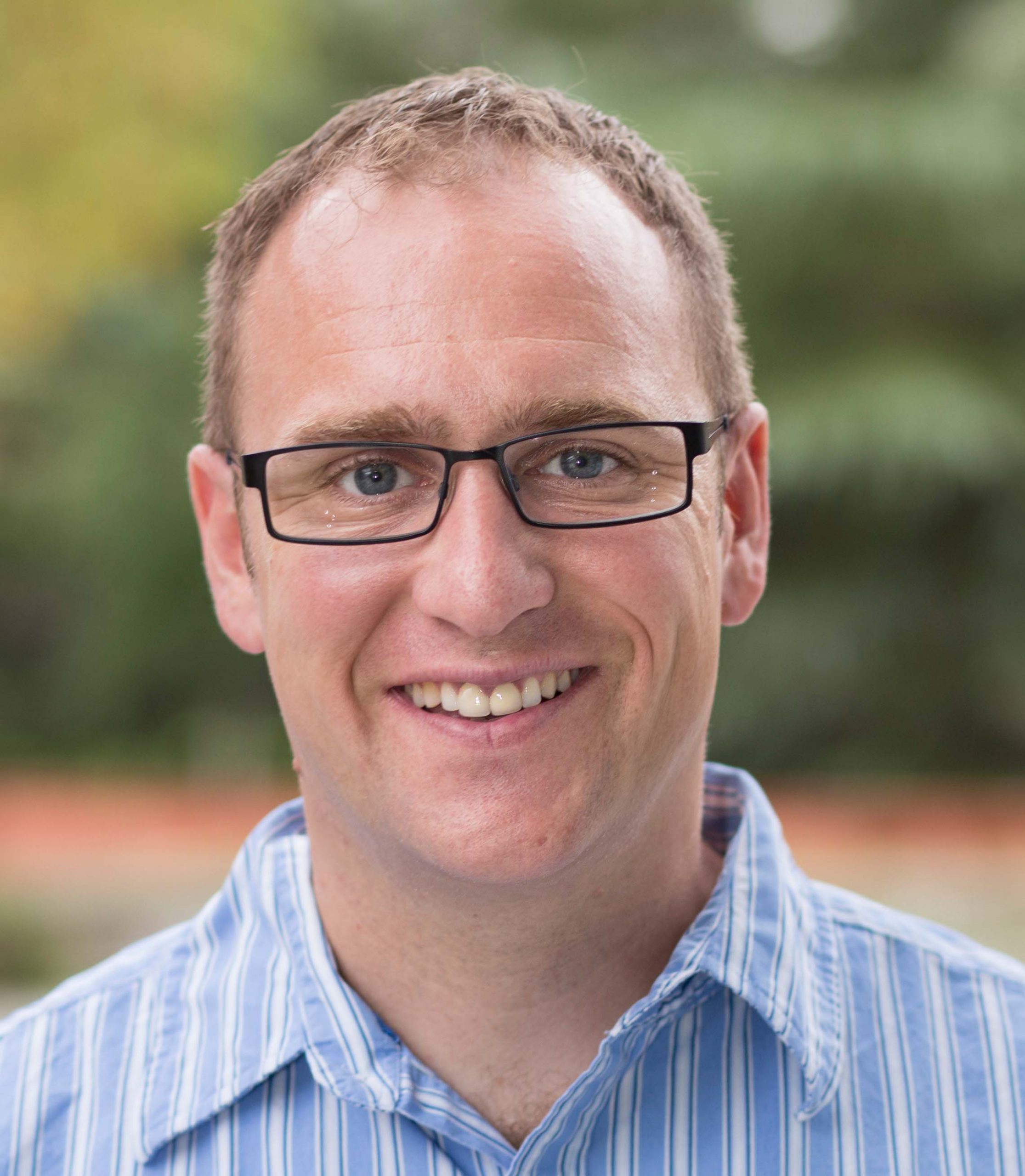
Dr. Mandell’s laboratory investigates how the autophagy machinery impacts cellular inflammatory responses. In particular, Dr. Mandell is interested in the actions of tripartite motif containing protein family members (TRIMs). Dysregulation of TRIMs is associated with several inflammatory diseases and multiple cancers. Dr. Mandell’s studies have demonstrated that the regulation of selective autophagy is a conserved and important function of this large protein family.
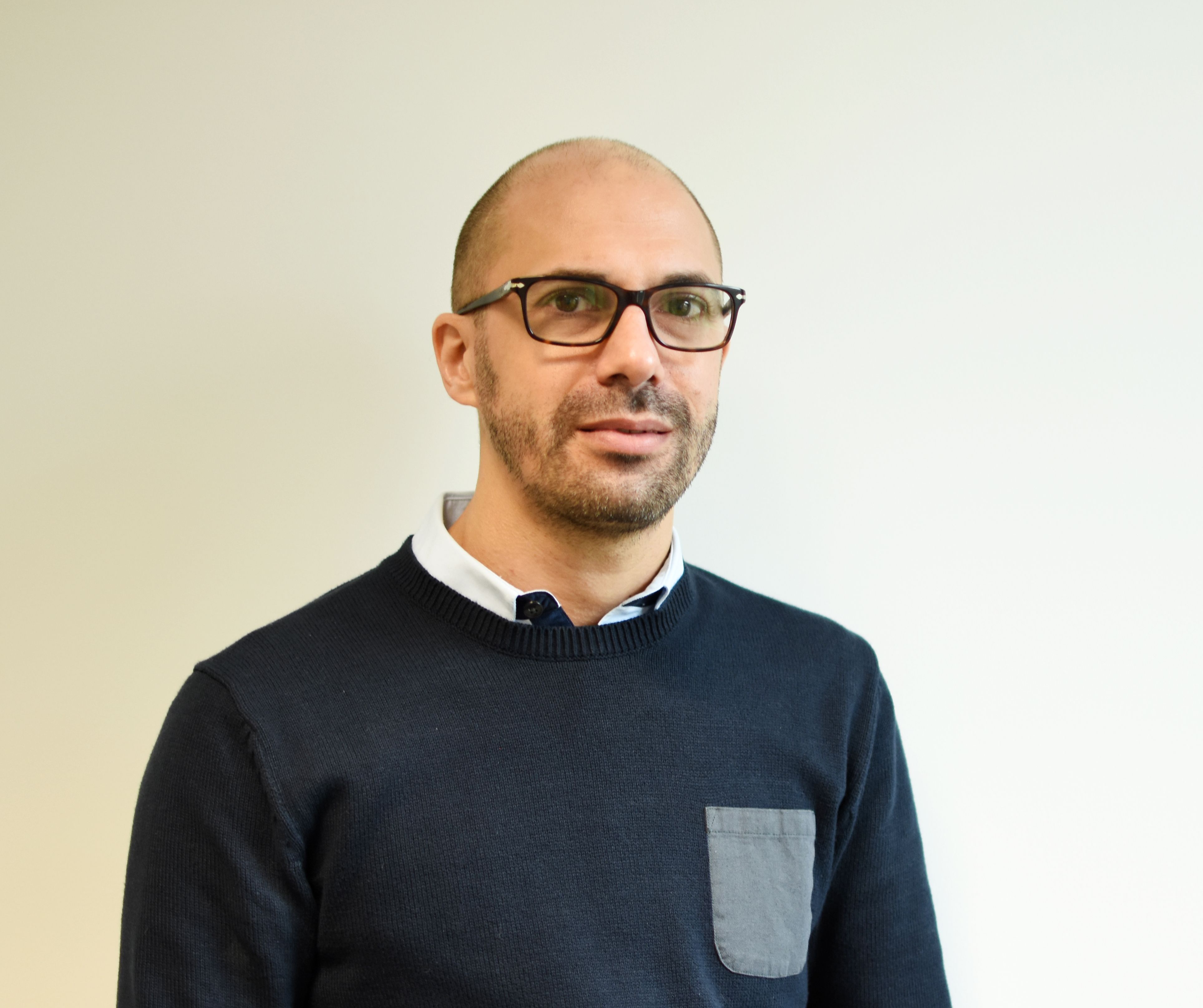
He is specialized in membrane dynamics during autophagy and endosomal trafficking, especially upon cellular stress-sensing responses.
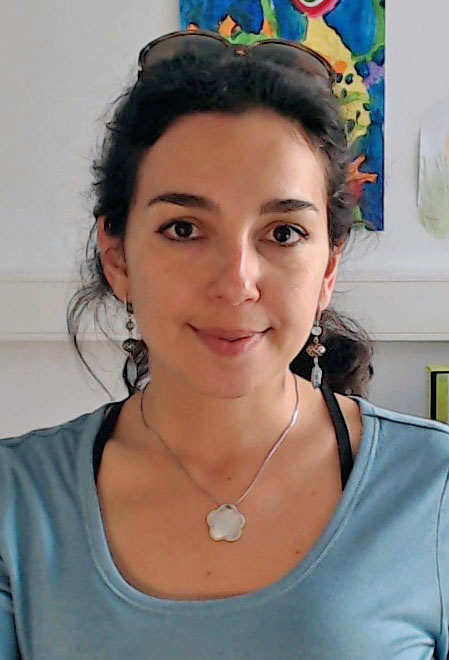
The main interest of her group is to characterize the molecular mechanisms that regulate autophagy in the mammalian brain and to reveal the functional roles and cargo of autophagy in neurons. To this end, they employ genetic tools, along with biochemical and cell biology techniques.
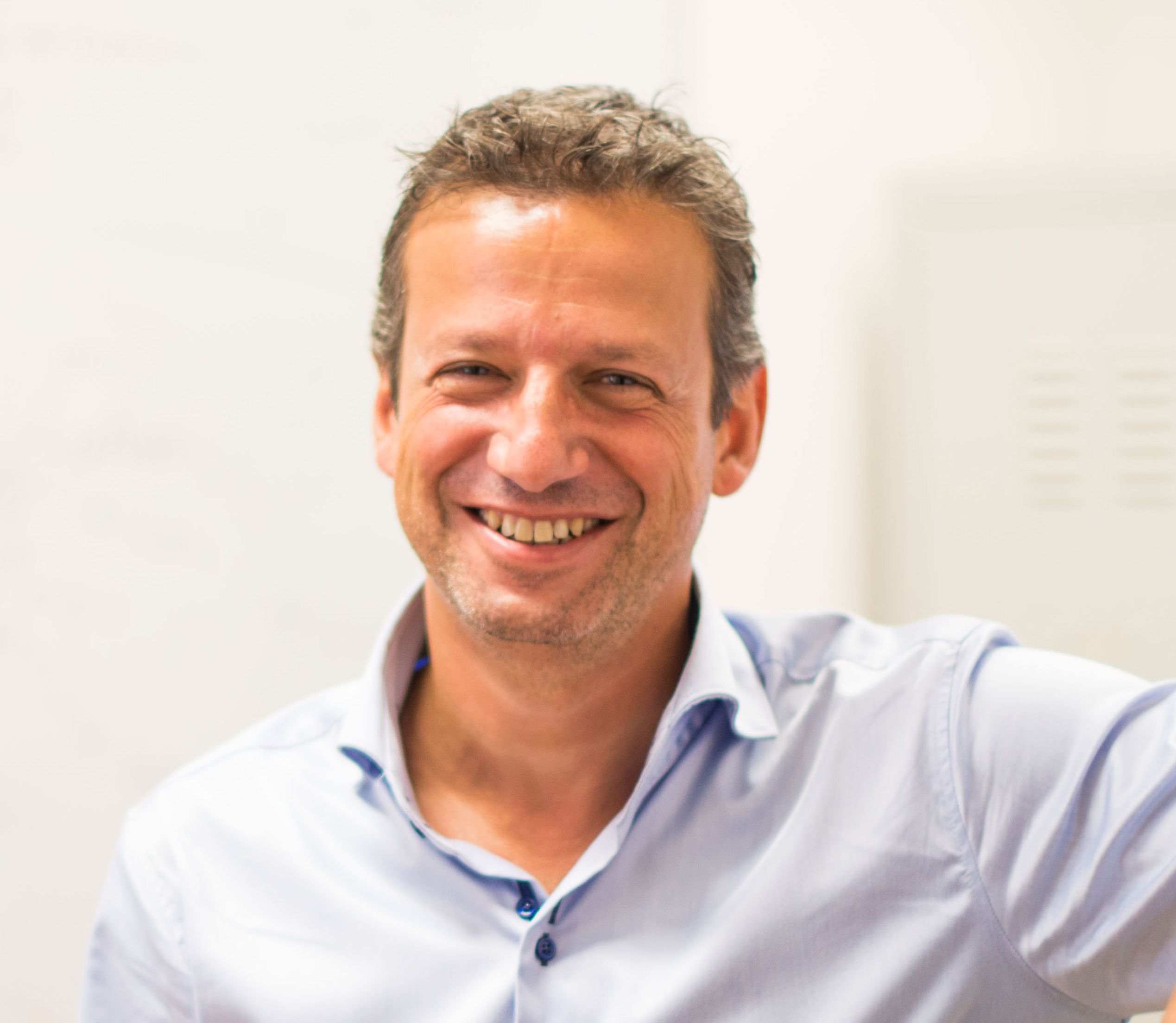
Marco Sandri is Full Professor of Pathology at Department of Biomedical Science, University of Padova. He is particularly interested in understanding the signalling pathways that control protein synthesis and degradation and the impact that mitochondrial dynamics have on these pathways. Furthermore he is particularly interested in the involvement of ubiquitin-proteasome and autophagy-lysosome systems in protein breakdown during catabolic conditions.
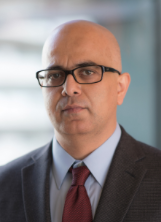
The Singh lab is exploring three research directions. One, they are interested in understand the interplay between autophagy and lipid metabolism in the context of aging and obesity. Second, they are interested in dissecting the integrative physiology and CNS-peripheral crosstalk behind the sensing and use of nutrients in whole animals. Finally, they are studying the impact of twice-a-day feeding on the prevention of diabetes in mouse models of obesity and aging and in human subjects.

He is interested in the biology of Trypanosoma and Leishmania, particularly in autophagy and cell death and, how oxidative stress modulates these processes. Numerous stimuli induce regulated cell death (RCD) by generation of intracellular reactive oxygen species as part of cellular signaling. Autophagy is responsible for remodeling of the cellular architecture and, therefore, for the reparation of cellular damage caused during oxidative stress. However, autophagy can also act as a part of the RCD machinery.
Cancer Biology
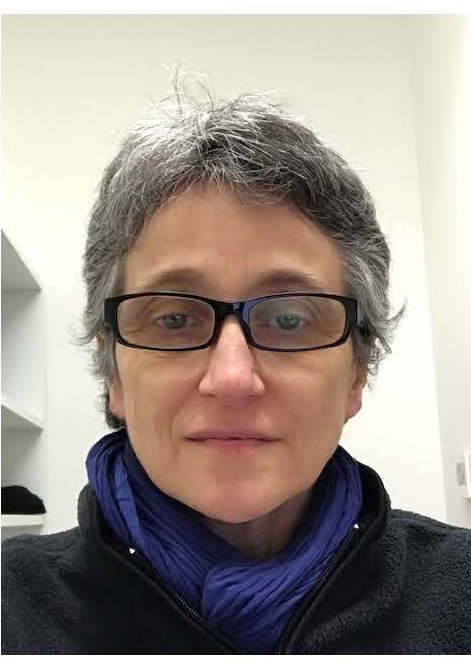
Her group is investigating the molecular program that regulate both human normal and leukemic stem cells and how oncogenic events impede the normal hematopoietic stem cell development both directly and via the stem cell environment. They make use of single cell RNA seq, intravital imaging and 3D humanised scaffold to study the interactions between HSC/LSC with their microenvironment and CRISP/Cas or lentivirus (overexpression, Sh) to decipher the role of specific factors.
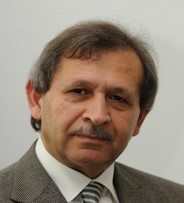
Prof. Salem Chouaib is the Director of Research at the Institute Gustave Roussy. His laboratory is focused on the investigation of the functional cross talk between cytotoxic cells and tumor targets in the context of tumor microenvironment complexity and plasticity. His research is constantly directed at impulsing the transfer of fundamental concepts in clinical application in particular in the field of cancer vaccine and cancer immunotherapy.
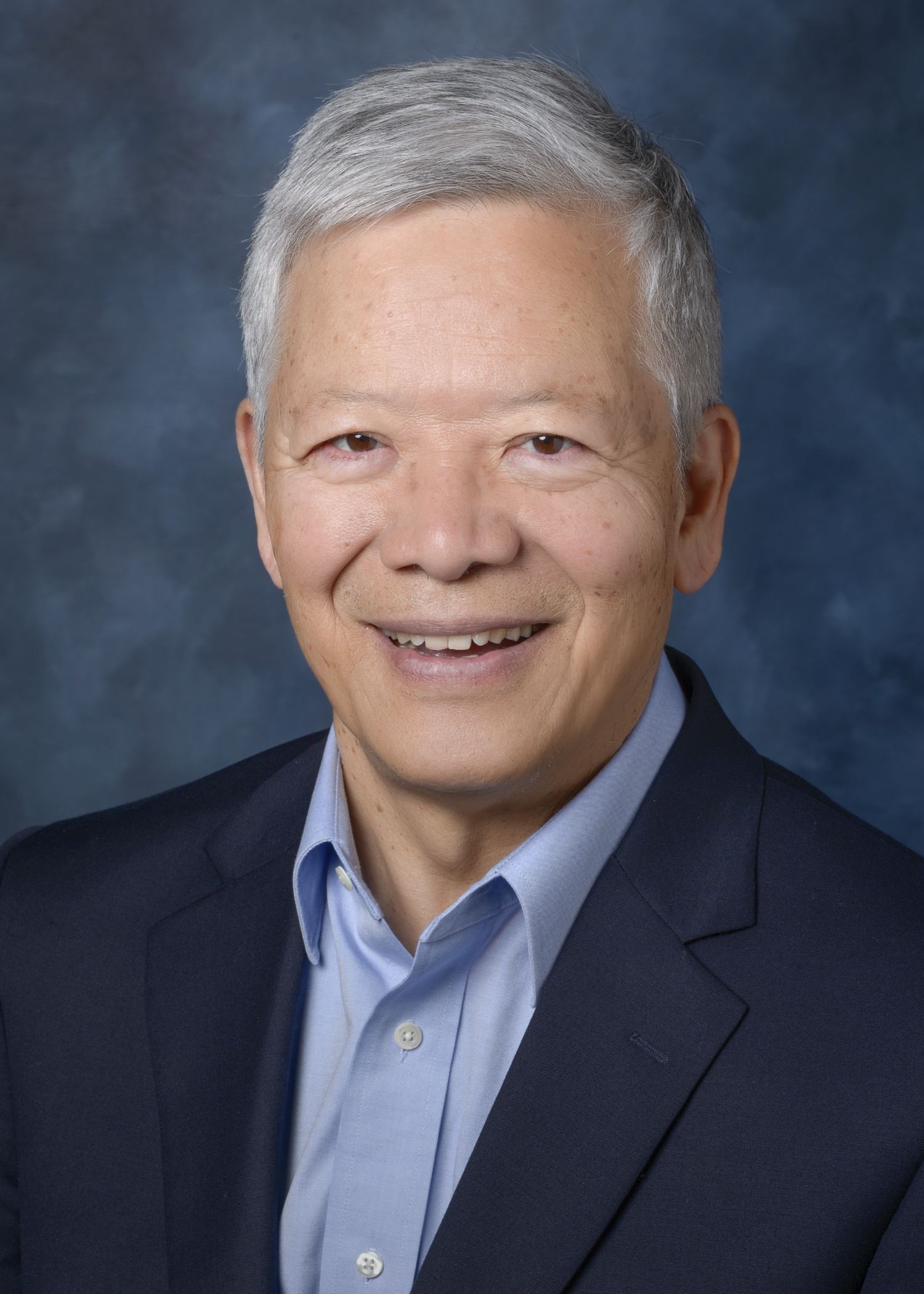
His research focuses on tumor-microenvironment interaction and cancer metastasis. Recent work addresses programming of cancer cell behaviors via activation of transcriptional factor network and new targeting strategies to overcome therapeutic resistance.
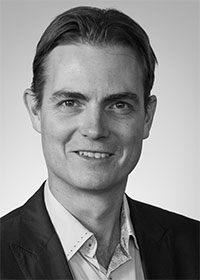
Dr. Daugaard’s research focuses on understanding how cancer cells and the tumor microenvironment adapt to tissue stress. A major part of his work is concerned with developing new strategies for targeting the adaptive stress response in tumor cells.
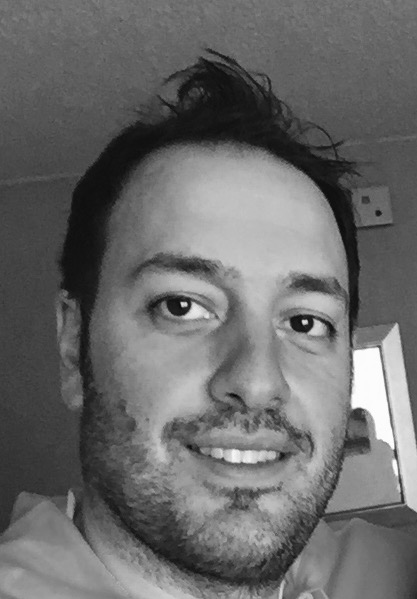
The Faber laboratory is involved in designing and pre-clinically testing new therapeutic approaches for subsets of genetically-defined cancers. Many of these therapeutic strategies involve apoptosis-inducing drugs, and their interface with specific cancer genomic vulnerabilities.
Lorenzo Galluzzi studied at the University of Modena and Reggio Emilia and at the University of Paris Sud/Paris XI. He is a founding member of the European Research Institute for Integrated Cellular Pathology and an editor for several scientific journals in the field of oncology, among others Editor-in-Chief of “OncoImmunology”. His research focuses on several aspects of mitochondrial cell death, autophagy, oncogenic signaling pathways and tumor immunology. He is currently an Associate Professor at Fox Chase Cancer Center (USA) and Temple University Graduate School (USA) as well as a Honorary Assistant Professor Adjunct at Yale School of Medicine (USA), a Faculty member of the Universities of Ferrara, Padova and Roma “La Sapienza” (Italy). In addition, he is an Associate Director of the European Academy for Tumor Immunology.
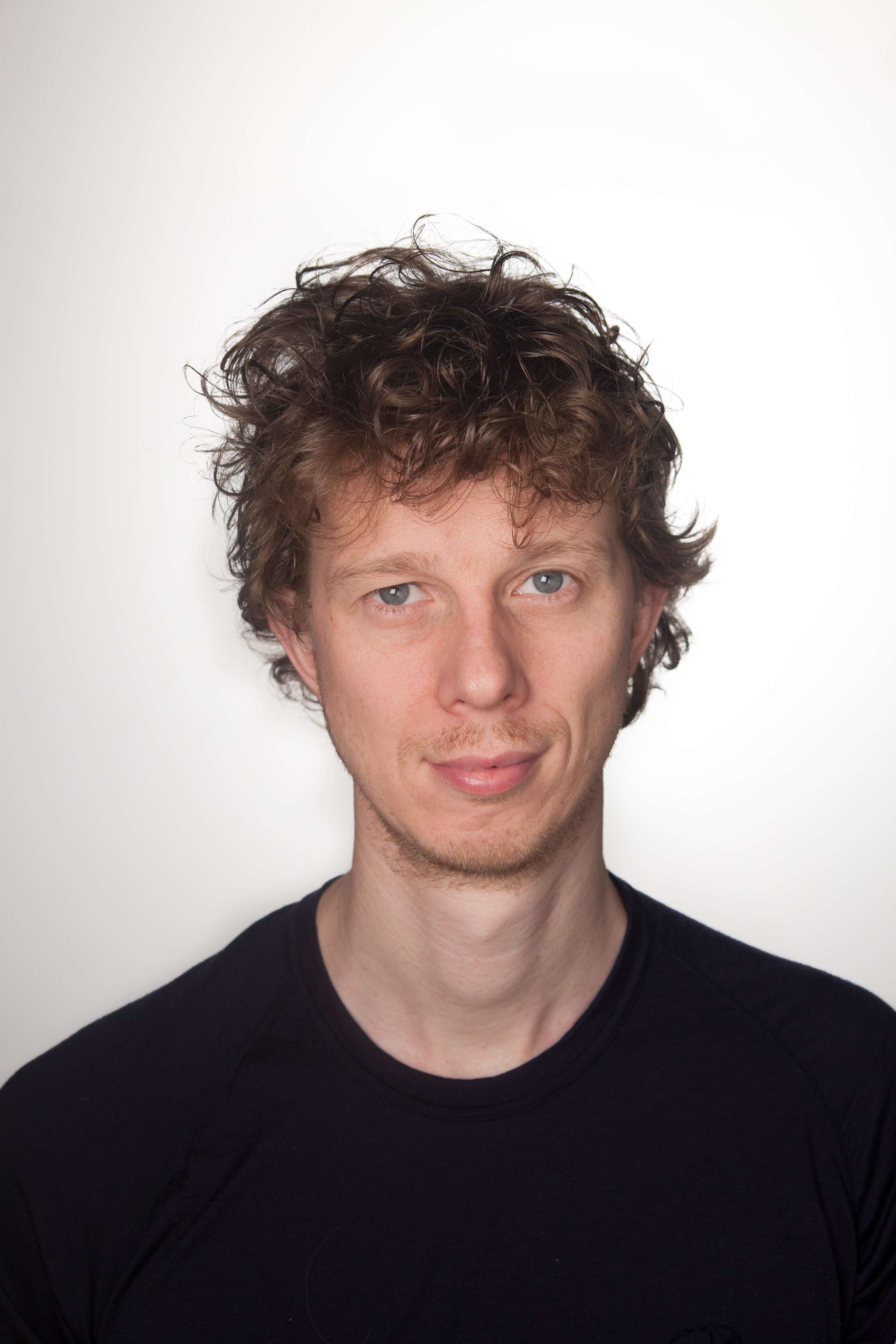
His research aims to understand how changes in the physiological environment seen during the state of obesity and aging affects tumor cell population dynamics and tumor progression.
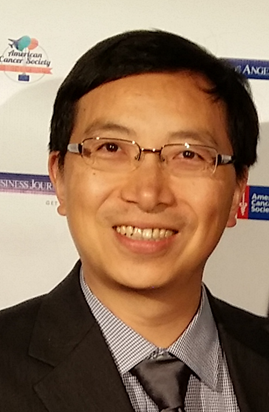
His research is focused on the molecular mechanism of Obesity and Diabetes as well as novel therapies. The other direction is focused on liver metabolism and carcinogenesis.
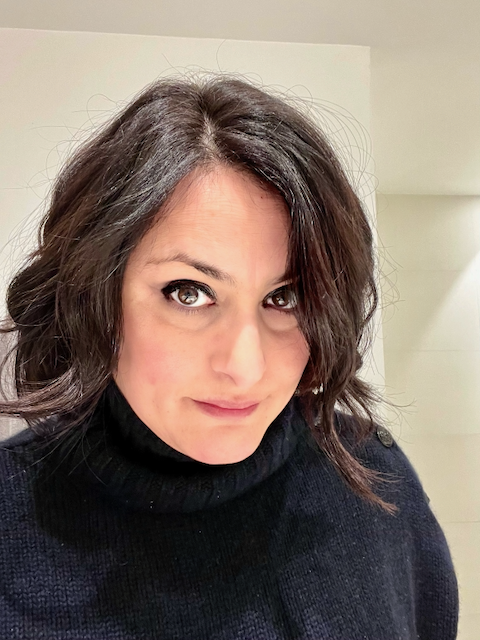
Eleonora Leucci is Associate Professor and PI of the laboratory for RNA cancer biology and of the Trace PDX platform at KU Leuven. Her laboratory studies the role of lncRNAs in cancer therapy resistance.
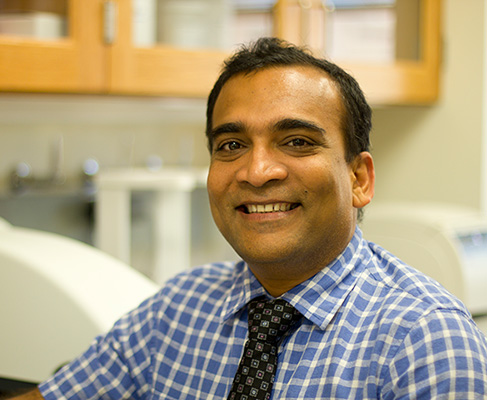
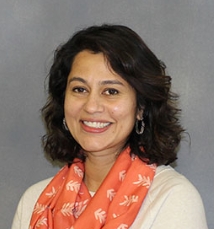
Her lab's research examine the signaling networks of the TGF-β family of growth factors, their receptors and co-receptors in intracellular and cell- matrix interactions. The long term goal is to define mechanisms by which these interactions regulate metastasis in ovarian and breast cancer so as to improve our ability to therapeutically target these pathways.
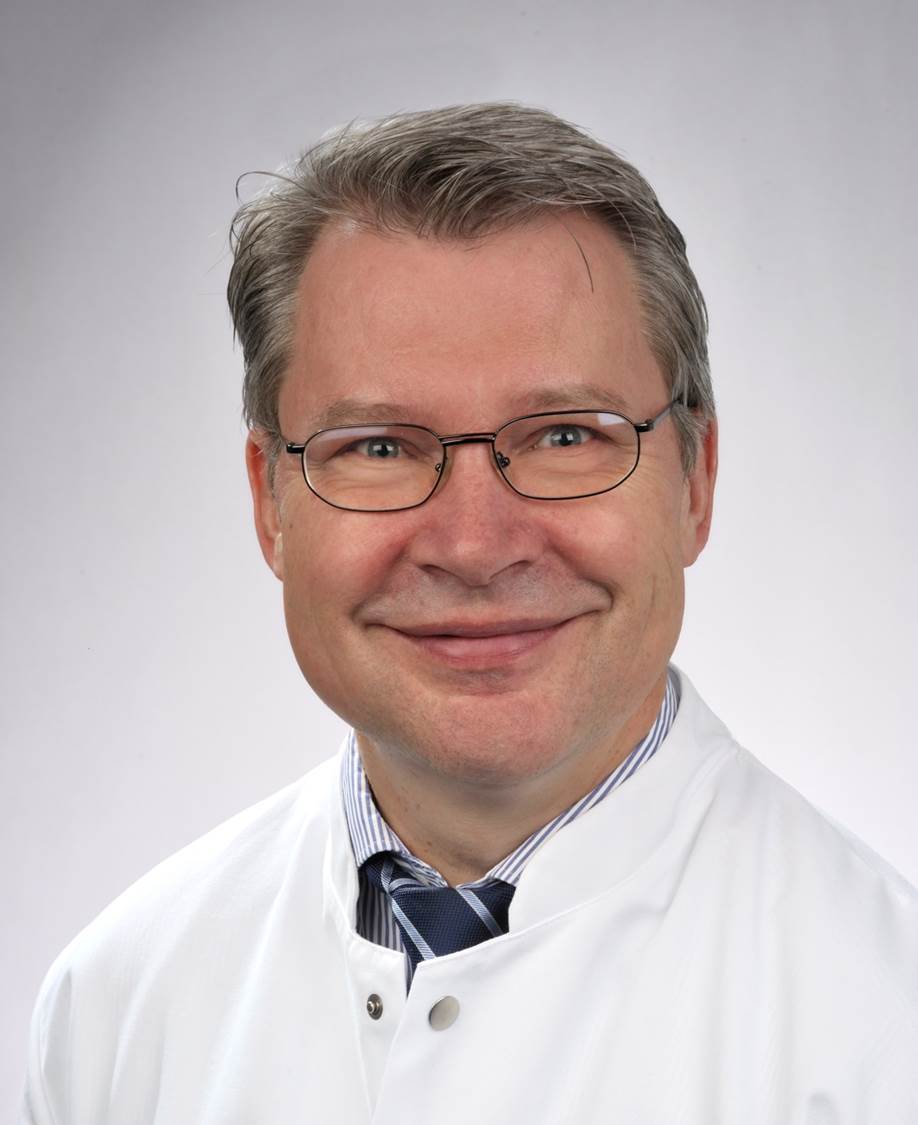
Prof. Pantel is Chairman of the Institute of Tumour Biology at the University Medical Center Hamburg-Eppendorf which is part of the Centre of Experimental Medicine and the University Cancer Center Hamburg (UCCH). He hast contributed pioneering work in the field of cancer micrometastasis, circulating tumor cells and circulating nucleic acids (ctDNA, microRNAs) and has been awarded the AACR Outstanding Investigator Award 2010, German Cancer Award 2010, and ERC Advanced Investigator Grant 2011. Moreover, Prof. Pantel coordinates the European IMI consortium CANCER-ID (www.cancer-id.eu) on blood-based “Liquid Biopsies” in lung and breast cancer comprising 38 partner institutions from academia, non-profit organzations and industry.
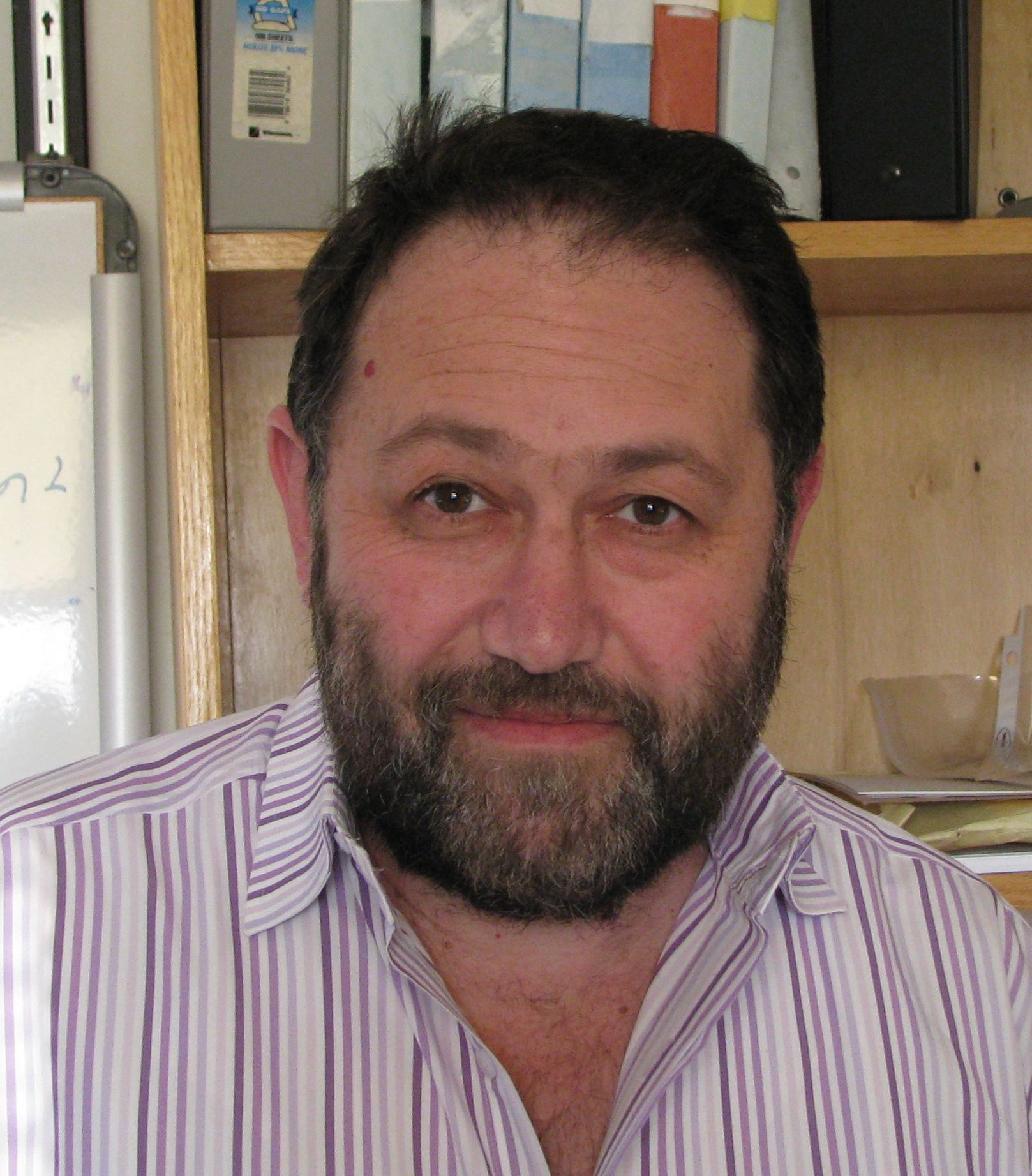
His main interest is in study the role of Hsp70 in regulation of cell signaling and cancer development. In addition, he is investigating cellular mechanisms of protein aggregation and aggresome formation.
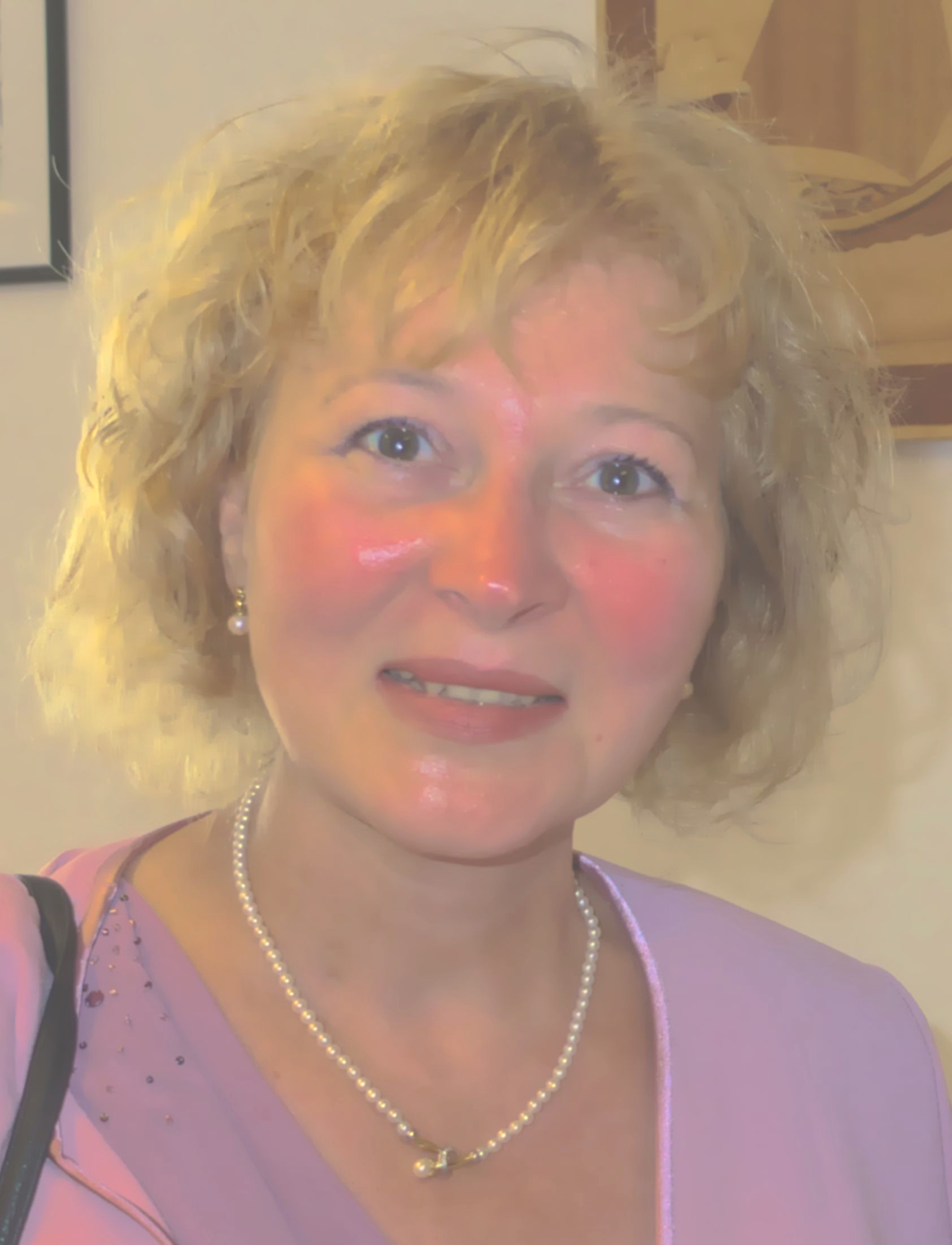
Dr. Szabo is a Professor in Biochemistry at the Department of Biology,
University of Padova. The research in her group focuses on the molecular
identification and functional characterization of mitochondrial ion
channels in healthy and pathologic cells. Specific, pharmacological
targeting of these channels against pathologies such as cancer is among
the main topics in the laboratory.
Sohail Tavazoie's laboratory studies the mechanisms underlying gene expression regulation during cancer progression. In order to form metastatic colonies, cancer cells must dramatically alter gene expression programs. Our lab has implicated a number of small non-coding RNAs as key orchestrators of such gene expression programs . Moreover, the lab's observations of tRNA-fragmentation upon hypoxic stress exposure and resulting gene expression regulation by tRNA-fragments has revealed fascinating molecular and cellular biology for further study.
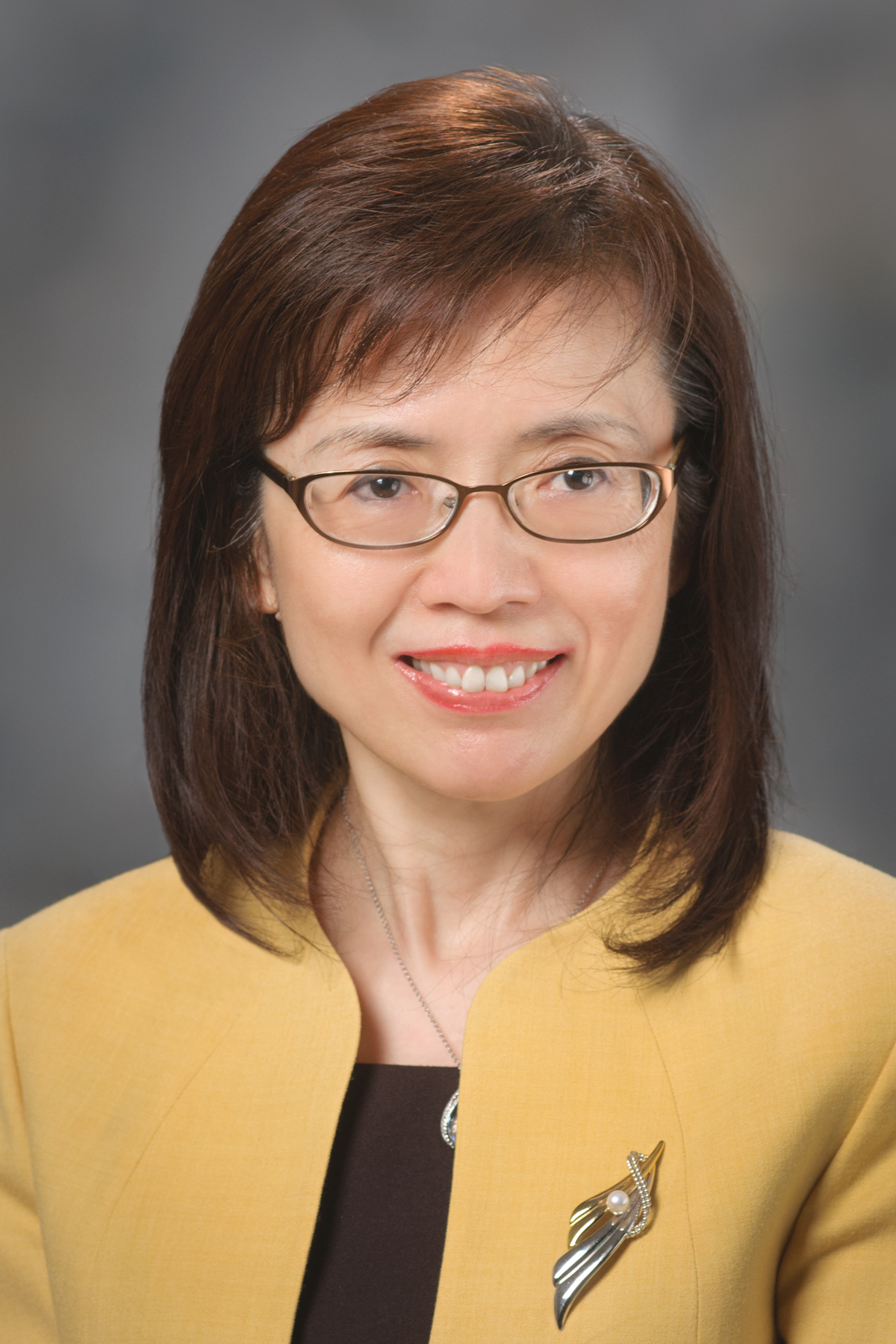
Dr. Dihua Yu made signature contributions on deciphering mechanisms of cancer metastasis and therapeutic resistance. She has a winning record of tackling clinically challenging problems by innovative basic/translational research and successfully fast-tracking into multiple efficacious investigator-initiated clinical trials that have led to new diagnostics and therapeutics to save patients’ lives.
Cell Physiology and Stress-Signaling
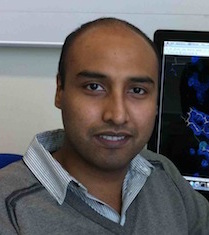
The aim of his research group is to understand the molecular mechanisms that govern how cells maintain the quality of proteins during cellular stress, towards developing novel strategies for therapeutic intervention in cancer and neurodegenerative diseases. Of particular interest, they seek to gain structural and mechanistic insights into ER protein homeostasis systems principally the Unfolded Protein Response, utilizing structural biology and biochemistry techniques.
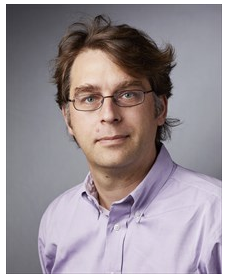
His reserach group is interested in the molecular mechanisms of signal transduction, particularly in Rho signaling cascades.
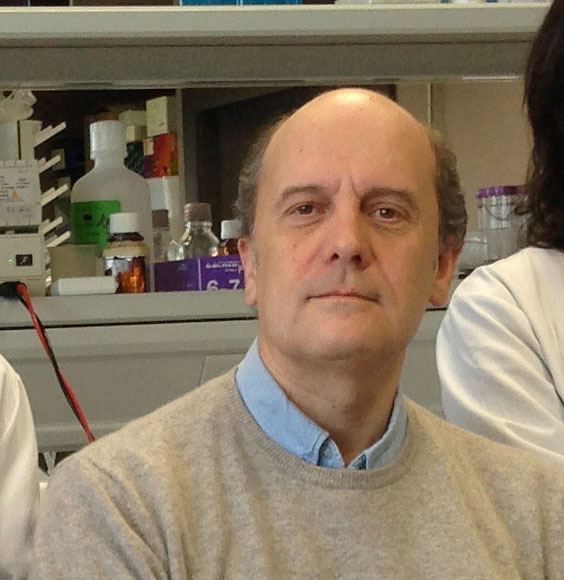
Piero Crespo studies how space and time regulate the biochemical nature and the biological outcomes of signals transduced through the RAS-ERK pathway, both under physiological and pathological conditions. In particular, in cancer.
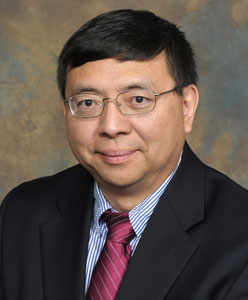
The overall goals of the Guan laboratory is to understand the fundamental principles of cell signaling in the regulation of basic cellular functions in normal cell and developmental processes and to determine how the disruption of normal signaling pathways lead to diseases such as cancer. Their current studies focus on autophagy in breast cancer, angiosarcoma and neural stem cells as well as signaling by FAK in various biological processes.

She is currently Associate Professor at the Department of Biosciences, Biotechnologies and Environment at the University of Bari. She worked at the University of Texas Southwestern Medical School, University of Molise and National Research Council. Her main research interests focus on the molecular mechanisms of cellular stress response by using yeast as a model organism. Additionally, she is interested in the signaling and cross-talk mechanisms among mitochondria, nucleus and cytoplasm in cell death and survival.
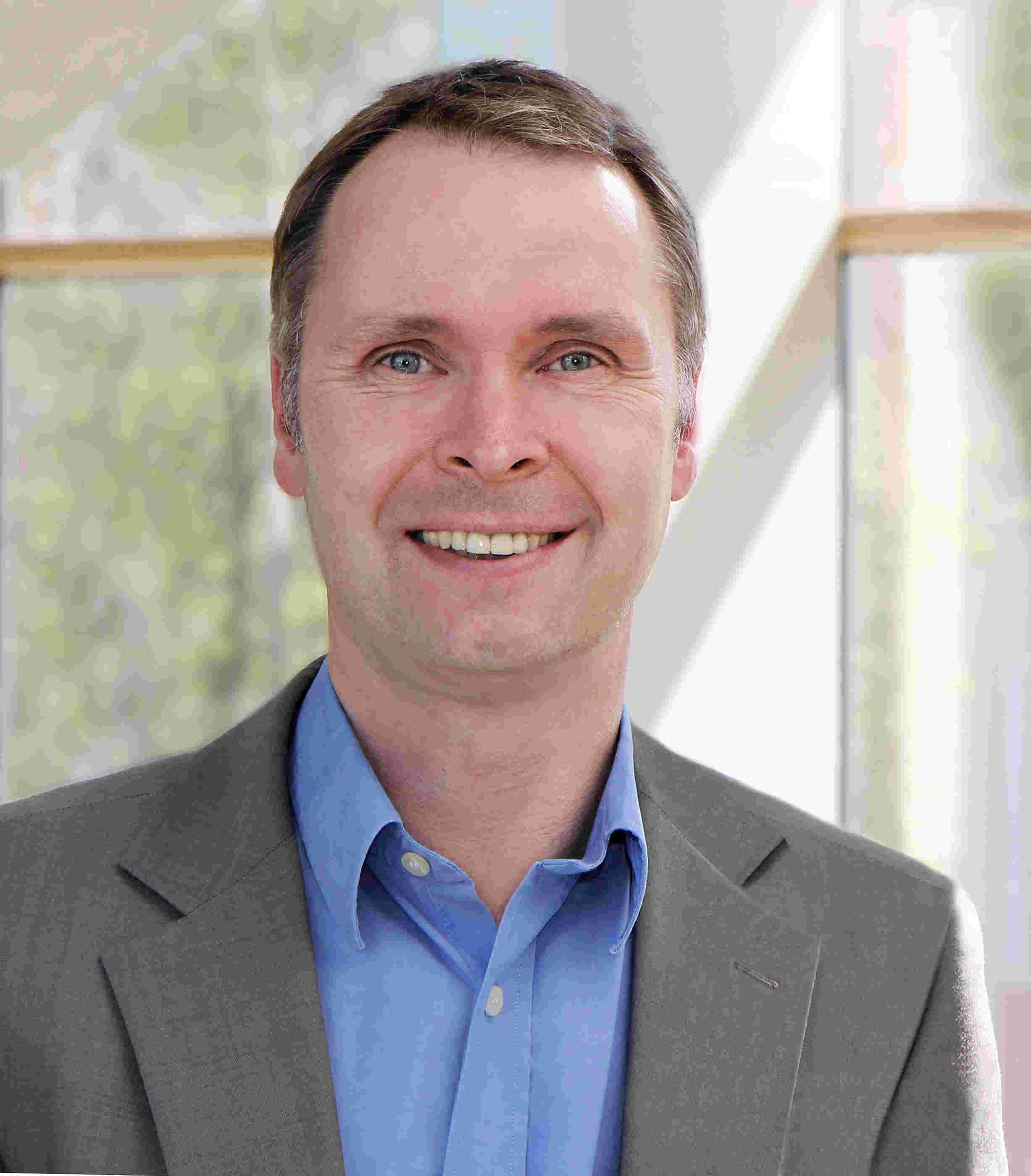
The focus of research in the Haucke laboratory is the dissection of the molecular mechanisms of endocytosis and endolysosomal membrane dynamics and its role in nutrient and growth factor signaling, development of the nervous systems and in neurotransmission. The laboratory uses a wide range of technologies that include biochemical and molecular biological approaches in vitro, chemical biology and screening technology, super-resolution and electron microscopy as well as genetic manipulations at the organismic level in vivo. The overarching goal of our studies is to provide a mechanistic understanding of exo-endocytosis and endolysosomal function and its regulation by proteins and lipids in cell physiology and to use this know-how to develop novel strategies for acute chemical and pharmacological interference.
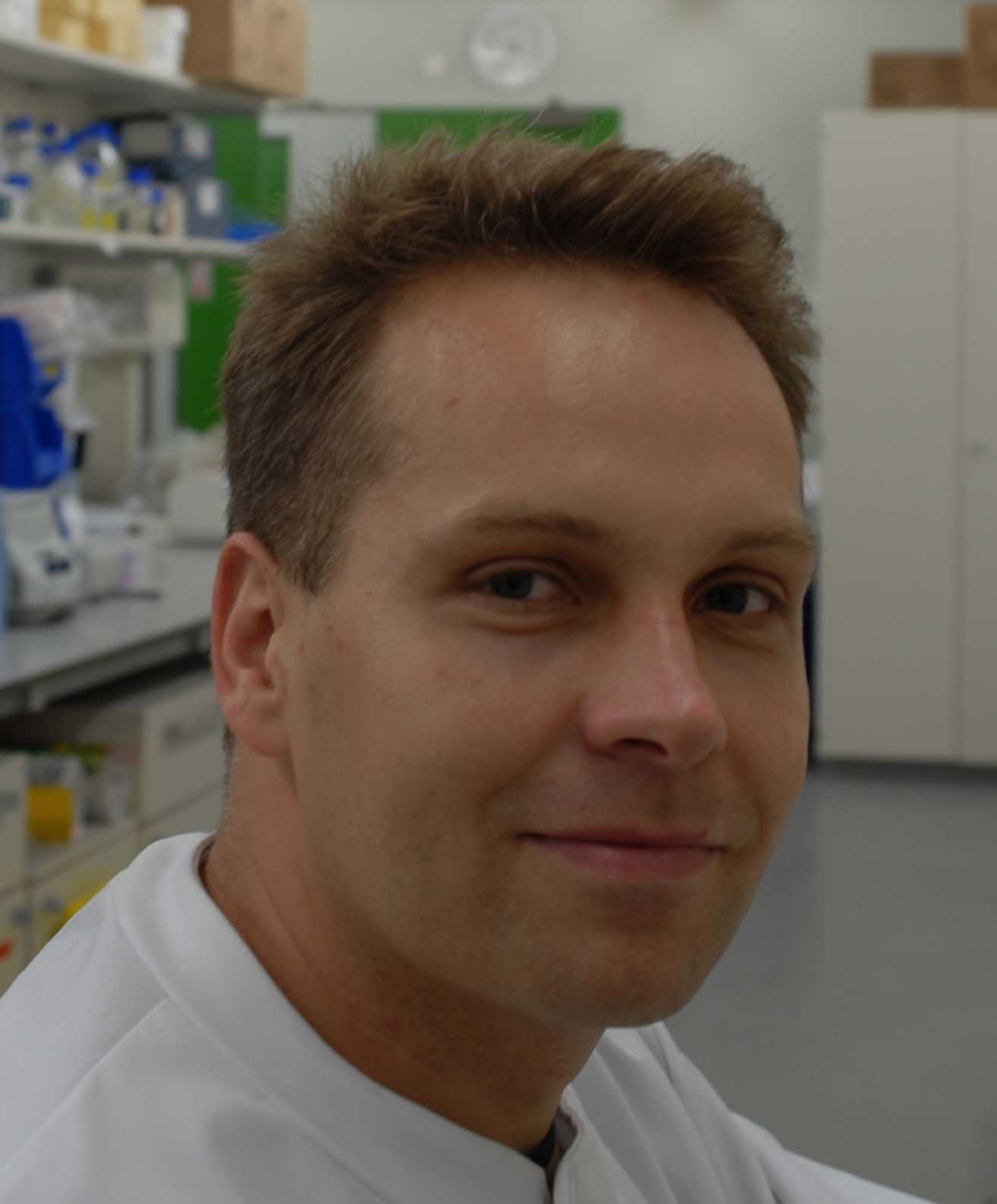
By combining biochemistry, structure, molecular and cell biology approaches with fly and mouse genetics, his research group is dissecting essential functions of the Hippo tissue growth and regeneration pathway. In particular, they are interested in understanding how Hippo core kinases and their regulators/effectors control cellular homeostasis mechanisms, such as autophagy and the DNA damage response, in the context of cell proliferation and survival.
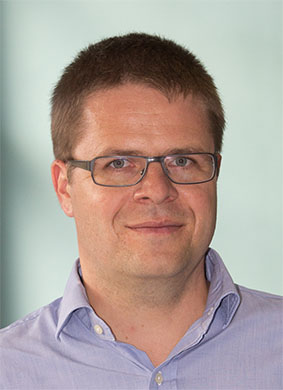
Sebastian Hiller's group uses solution NMR spectroscopy integrated with further methods to study structure, function, and dynamics of molecular systems at the atomic level. They focus on mechanisms of chaperone function, outer membrane protein biogenesis and the structural biology of the innate immune response.
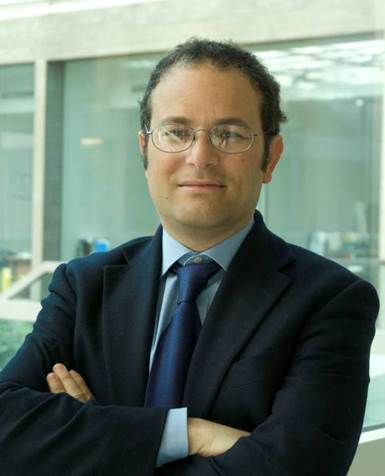
Emilio Hirsch is Professor of Experimental Biology at the Medical School of the University of Torino. He provided seminal contributions in the characterization of phosphoinositide 3-kinases (PI3K) as drug targets in inflammation, cancer, heart failure, and obesity. More recently, he shifted his attention to class II PI3Ks and defined the role of PI3KC2alpha in endocytosis and primary cilium function. His work on the role of PI3KC2alpha in breast cancer opened a new way to precisely predict sensitivity to Taxane-based therapies, a mainstay in treatment but with so far variable and erratic efficacy.
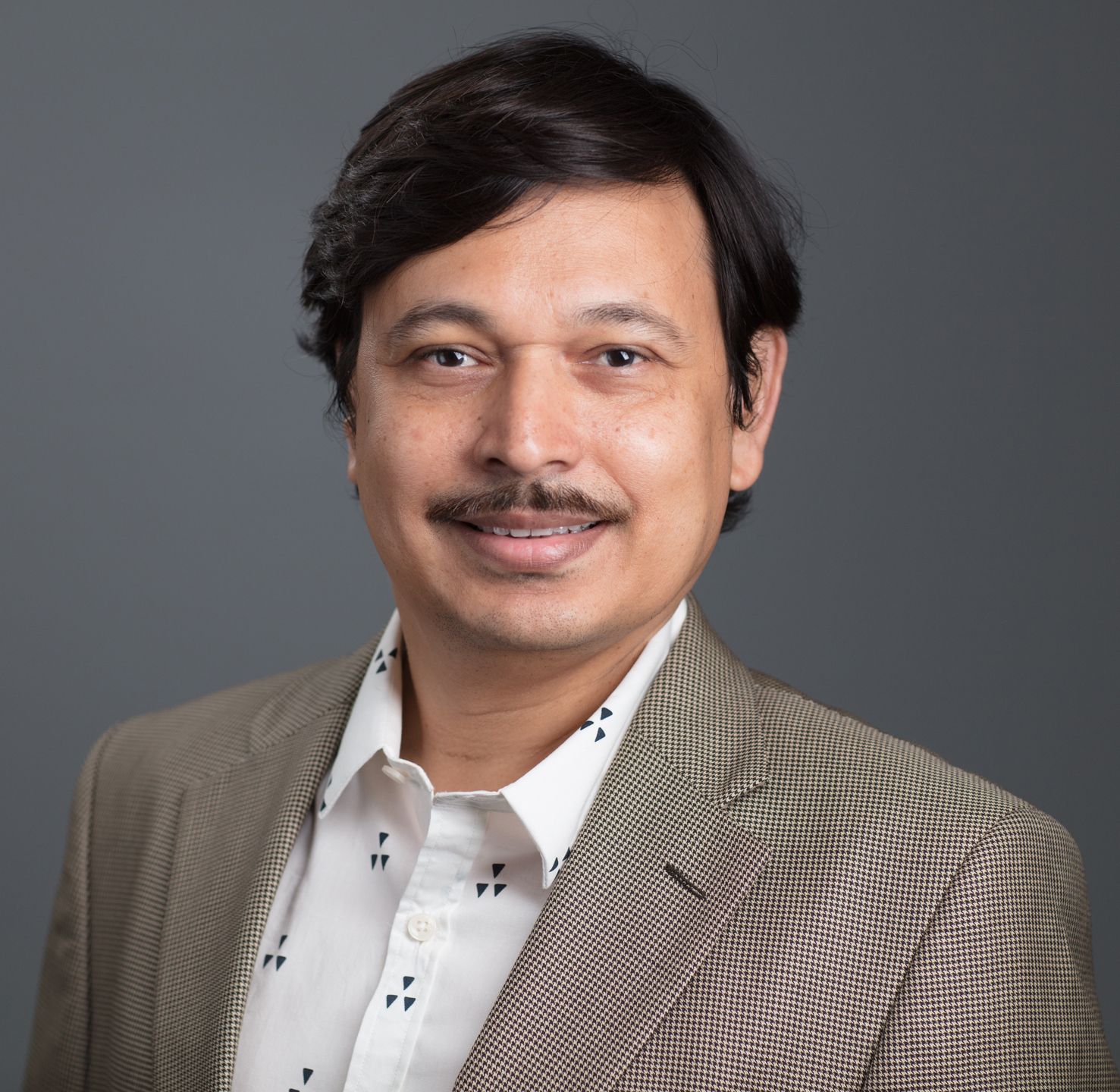
His research interest includes tyrosine kinase signaling, epigenetic regulation of transcription and drug discovery. His group has extensively studied kinase and epigenetic signaling in prostate and breast cancers and has developed many new inhibitors to overcome growth of these tumor cells.
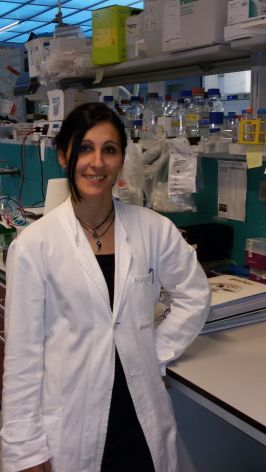
Dr. Martini´s research focuses on the class II phosphoinositide 3-kinase (PI3K) and its role in human oncogenesis. Her studies take a multi-faceted approach that includes cell-based technology and the use of genetically-engineered mouse models of breast and pancreatic cancer to address new mechanisms of signal transduction and help the translation of these findings into the clinic.
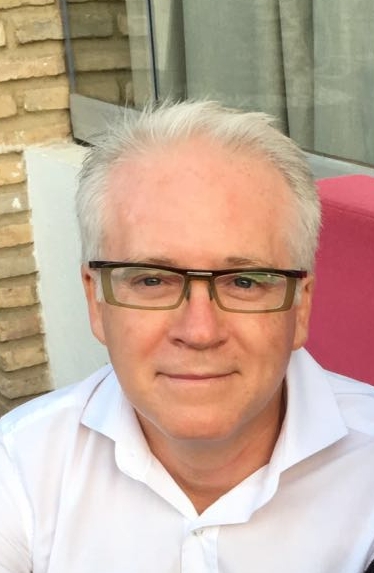
The purposes of his goups´ projects are to explore the mechanistic principles of membrane protein biogenesis, insertion, folding and assembly into lipid membranes, and to investigate the factors that determine membrane protein stability. Their interest focuses primarily on protein-protein interactions within biological membranes, which are relevant for maintaining tertiary and quaternary structure and function of integral membrane protein complexes.
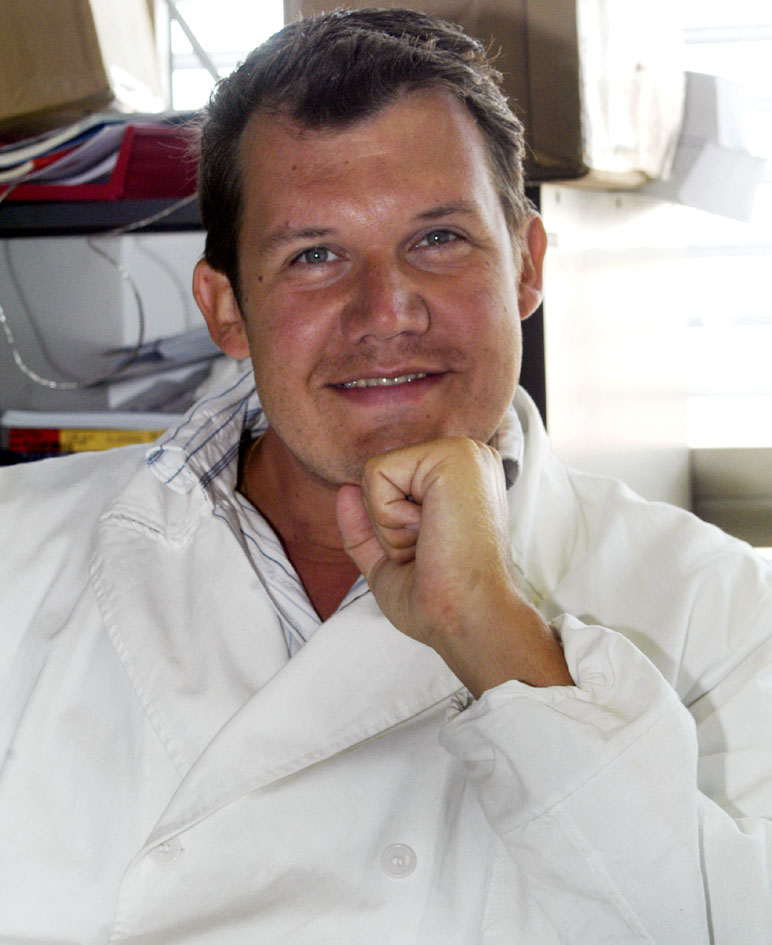
Stefano Piccolo and his team study how cells sense their environment and use this information to build and maintain tissues with specific form, size and function. They are also interested in how disruption of these homeostatic mechanisms leads to tumor formation, progression and metastasis. Their work is mainly centered on the biology of YAP/TAZ, two closely related transcriptional regulators playing essential functions in tissue regeneration and cancer.
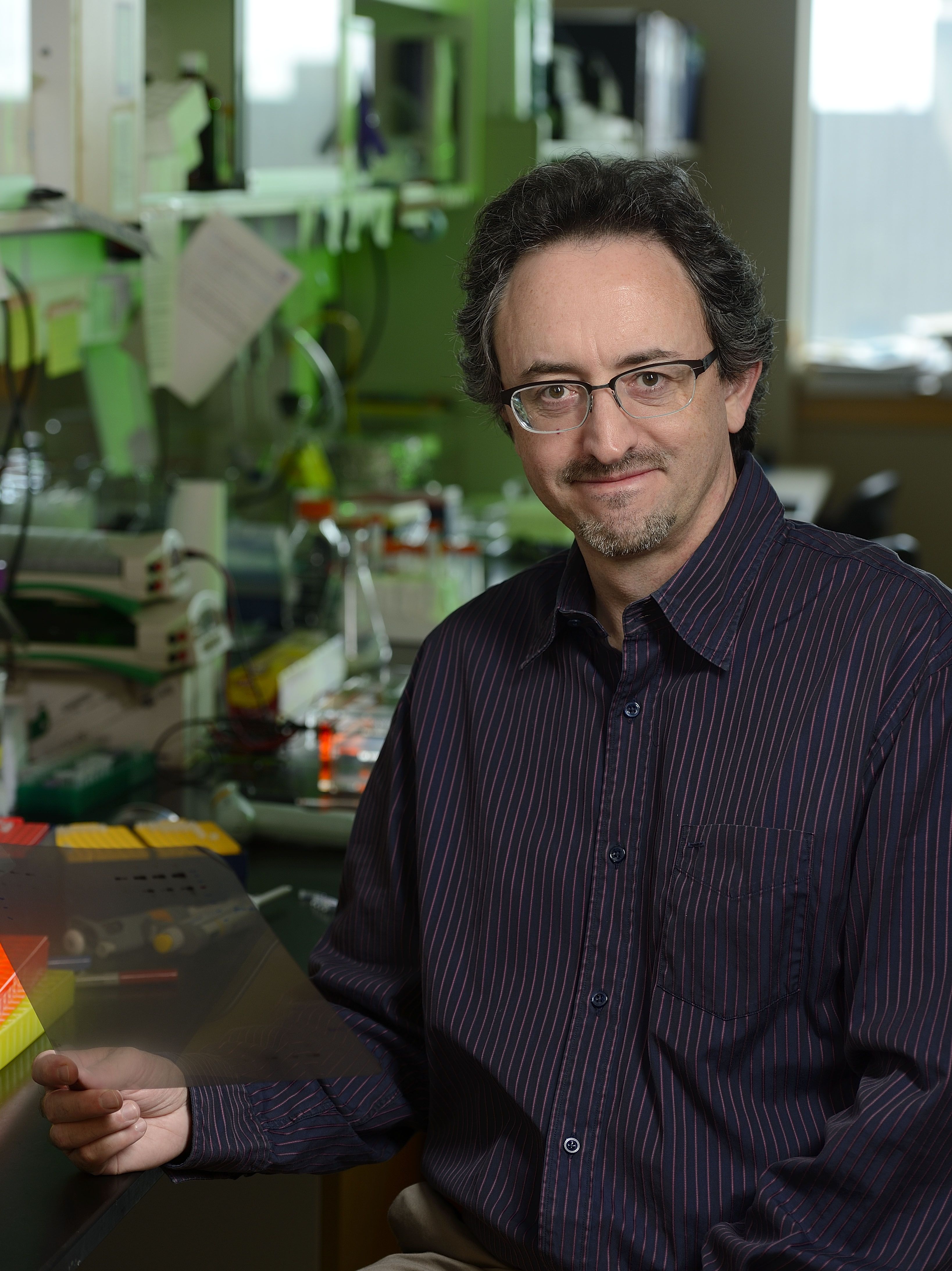
Dr. Pomerantz studies the molecular mechanisms of signal transduction in lymphocytes and how signaling is dysregulated in leukemia and lymphoma.
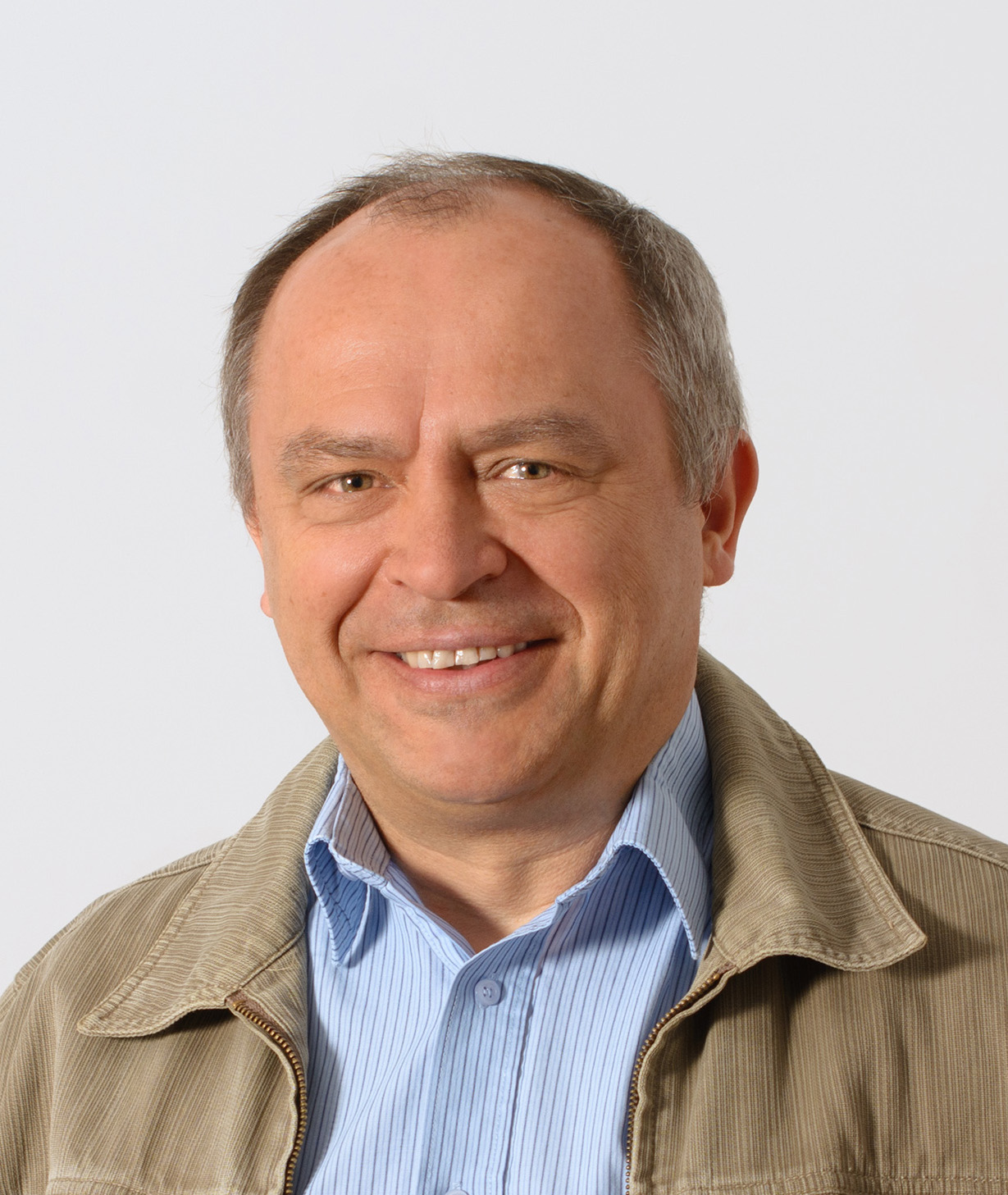
Prof. Sazanov is an expert in the structural biology of membrane proteins, especially those from the domain of bioenergetics. The main research emphasis so far has been on complex I of the respiratory chain, a huge (up to 1 MDa) enzyme central to cellular energy production. His group was the first to solve by X-ray crystallography atomic structure of the bacterial complex I (~550 kDa, 16 subunits, 9 Fe-S cluters, 64 TM helices). He then solved by cryo-EM the first complete atomic structure of the more elaborate mammalian complex I (~ 1 MDa, 45 subunits, 78 TM helices), as well as determined the architecture of the respiratory supercomplexes (~ 1.7 MDa, 80 subunits, 132 TM helices).
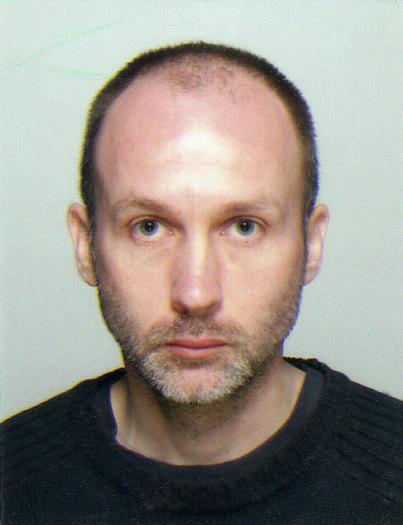
His reserach focus lies on the role of intracellular energy balance-controlling signaling pathways and autophagy in cell death, differentiation, neurodegeneration, and immunoregulation.
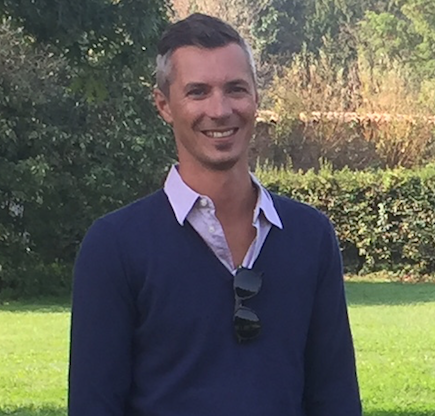
Major current research directions in Vaccari lab are to determine how endo-lysosomal trafficking controls signaling transduction, how endocytosis is integrated with autophagy and nutrient sensing, and how these processes are integrated with secretion and cell division. The lab uses Drosophila and mammalian cells to understand trafficking in physiology as well as pathology, in particular in the context tumor suppression and neurodegeneration.
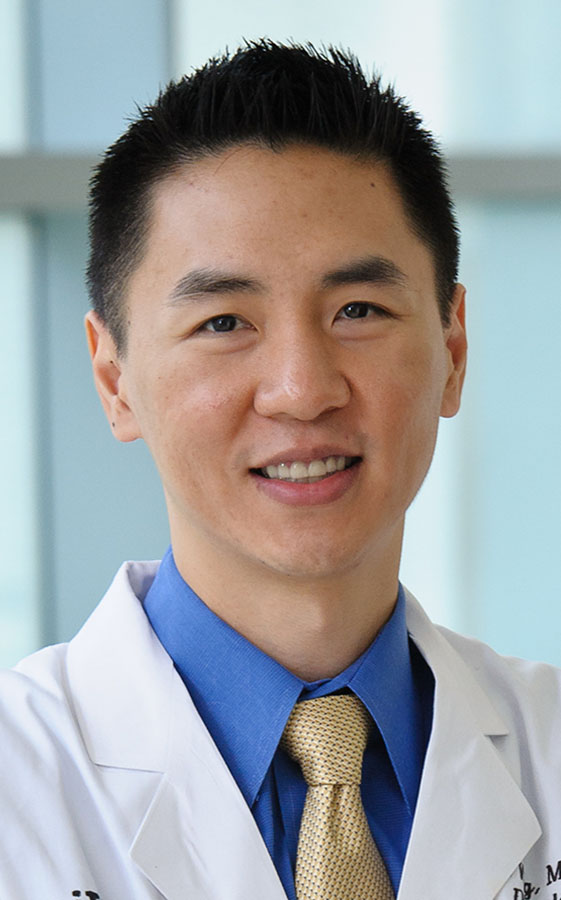
Research of his group focuses on understanding the pathways that regulate normal skin function and how they become dysfunctional in diseases, including non-melanoma skin cancer. Specific areas of interest include the regulation of autophagy and glucose transport and metabolism.
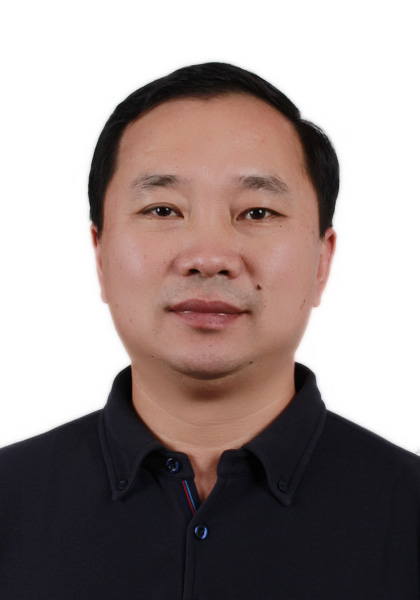
His researches are focused on (1) the regulation of hypoxia signaling pathway; (2) the crosstalk between hypoxia signaling pathway and innate immunity; and (3) the relationship between hypoxia and tumor metastasis.
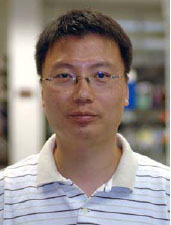
In order for cells to survive environmental stresses and maintain homeostatic balance, a complex cellular signaling network integrates information about the external and internal environment. Deregulation of signaling disrupts the normal and well controlled physiological homeostasis and enables cancer cells to grow and metastasize during periods of environmental stress. Yoon lab’s interest is to biochemically and molecularly decode cancer cell signaling, specifically PI3K/Akt, mTOR, and Ras/ERK signaling networks, to form a strong basis for cancer therapeutics.
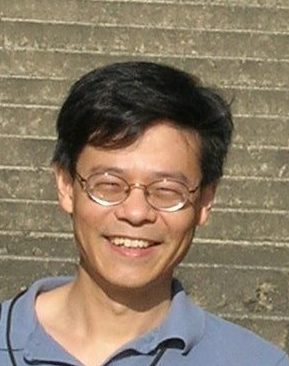
His research interests lies in the areas of RNA modification, snRNP biogenesis and pre-mRNA splicing. He is particularly interested in how RNA modification (pseudouridylation and 2’-O-methylation in particular) is dynamically regulated in response to stress.
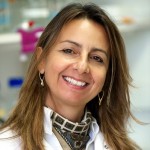
Chiara Zurzolo is head of the Membrane Trafficking and Pathogenesis Unit and of the Department of Cell Biology and Infection at the Pasteur Institute. She uncovered the intracellular site of pathological conversion and studied the mechanism of prion dissemination to the brain. She showed that prions disseminate between cells to by Tunneling Nanotubes (TNTs), a new mechanism of direct intercellular communication. Importantly, they found that this mechanism is relevant for the intercellular spreading of other amyloid aggregates involved in neurodegenerative diseases. She proposes that TNTs are involved in the spreading of different amyloidogenic proteins in the brain and therefore represent a suitable target to halt incurable neurodegenerative diseases.
(Epi)genetics
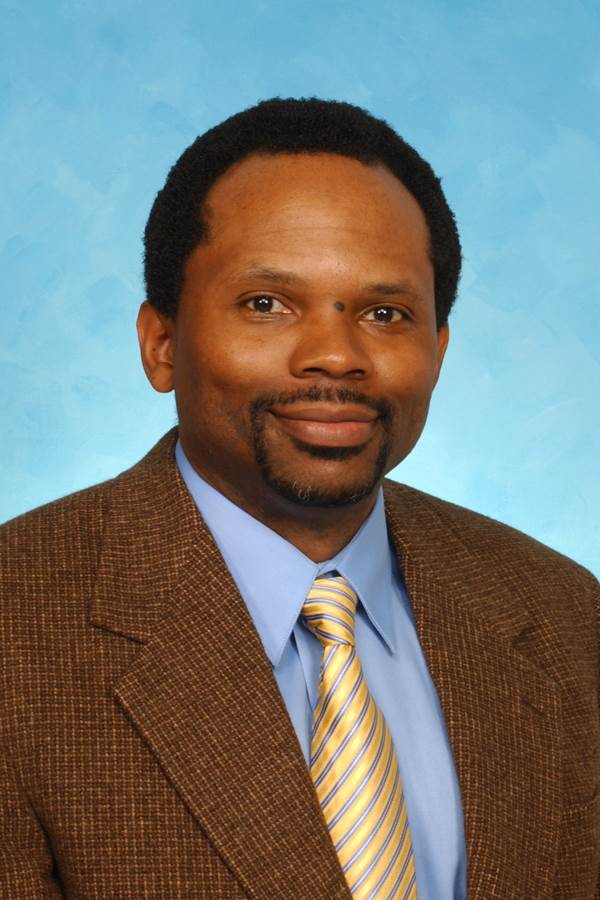
His laboratory is interested in understanding the role of genes that regulate oxidative stress play in tumorigenic processes.
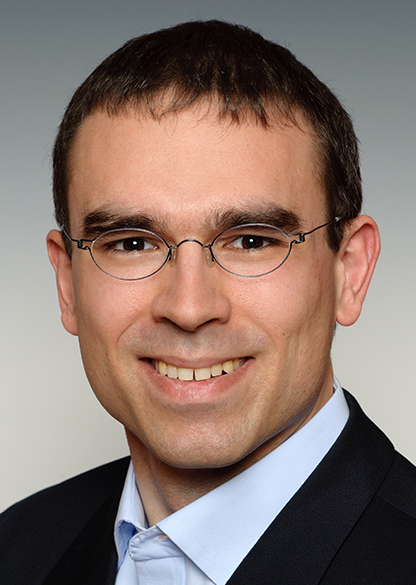
His group is interested in understanding the biogenesis, dynamics and functions of different classes of RNAs and ribonucleoprotein complexes (RNPs) in cells and tissues. Several projects focus on the roles of RNA helicases in modulating RNP composition, structure and activity during different aspects of gene expression, and the important functions of these enzymes in regulating adaptation of transcriptome in response to cellular stress and environmental cues. Another major interest is in understanding how RNA modifications regulate the fate of RNAs and how dysregulation of RNA modification enzymes can lead to disease.
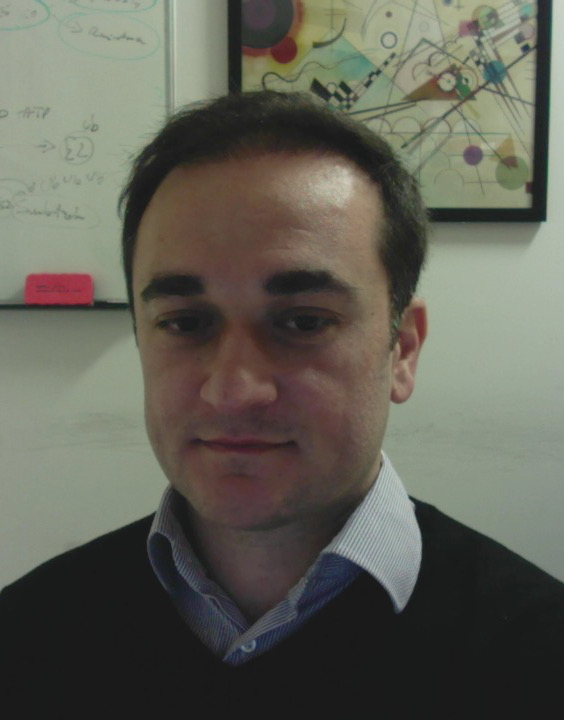
His laboratory investigates the role of E3 ubiquitin ligases in cancer pathogenesis and cellular sensitivity to Ionising Radiation. They focus on the mechanism controlling cell cycle progression and DNA replication ( including homeostasis and maintenance of deoxyribonucleotides triphosphates - dNTPs). The study of these processes will prove to be a powerful tool for the design and implementation of novel therapies to treat and manage cancer.
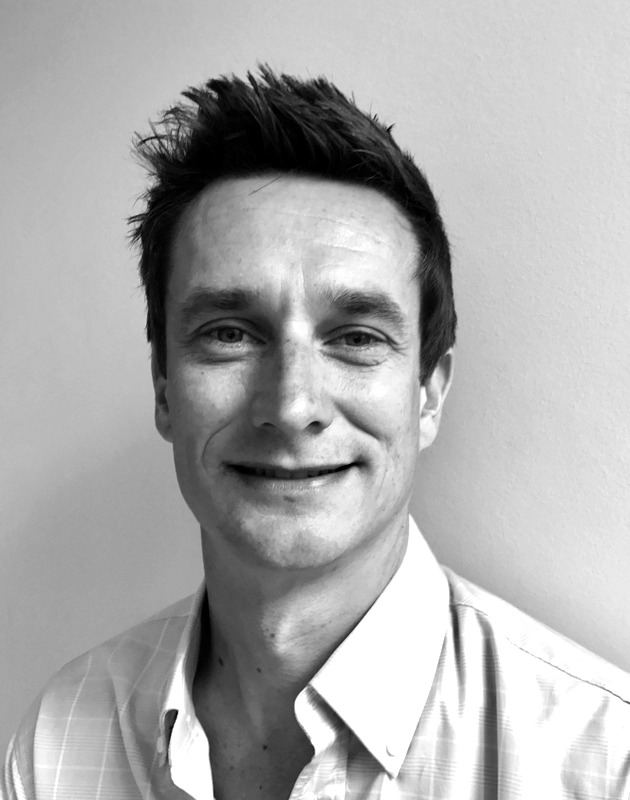
In our research program on the functional genomics of leukemia we use in vitro and in vivo models to model leukemia intiation, progression and maintenance with a focus on developing personalised therapies.
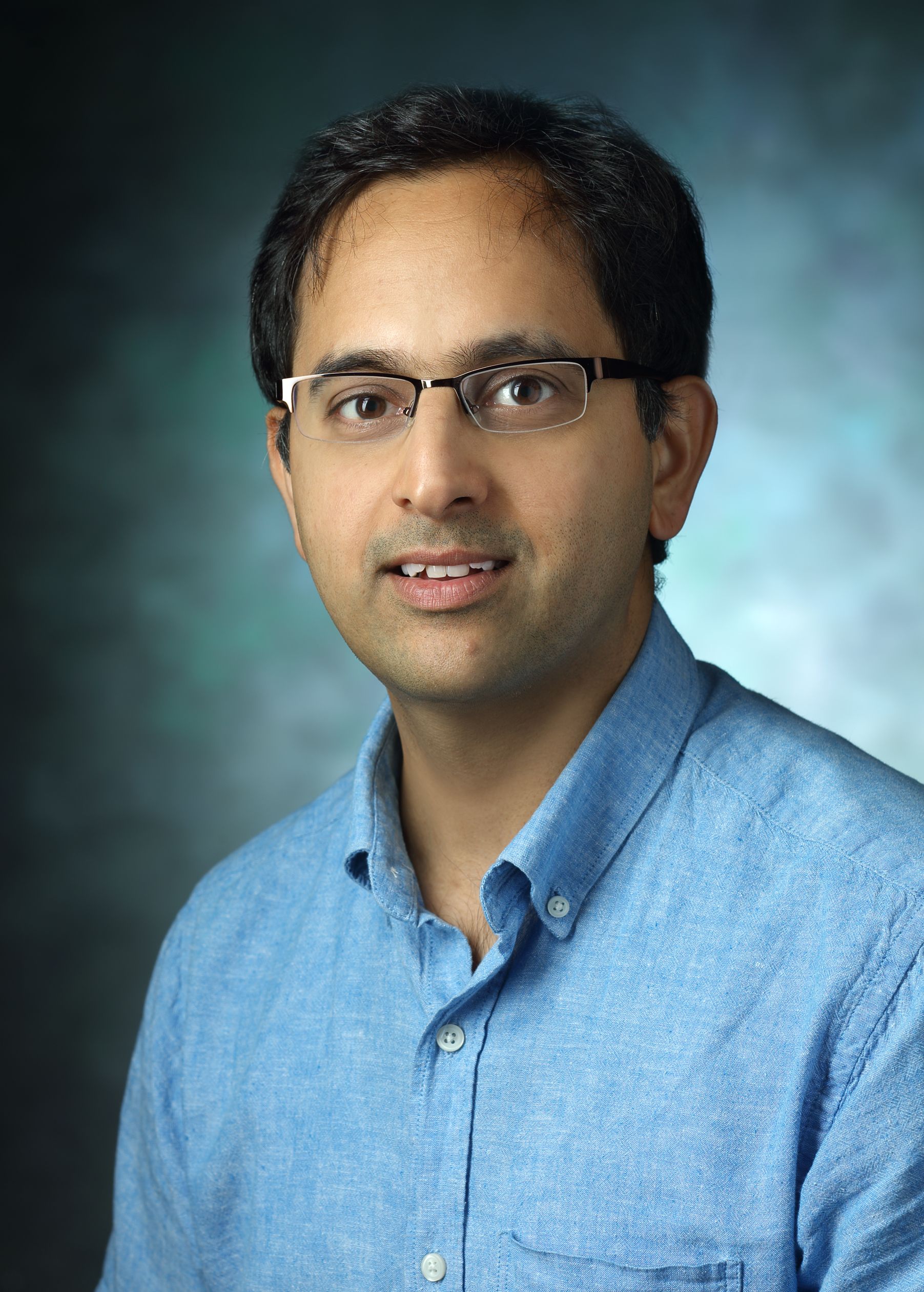
His research focus is on understanding the role of epigenetic abnormalities during aging and cancer. This includes understanding the impact of cell extrinsic (environmental) and intrinsic (cellular signaling, replicative and oncogenic stress) factors on modulating the aging and cancer epigenomes. Of special interest is understanding the roles of the genes that get impacted by the epigenetic changes.
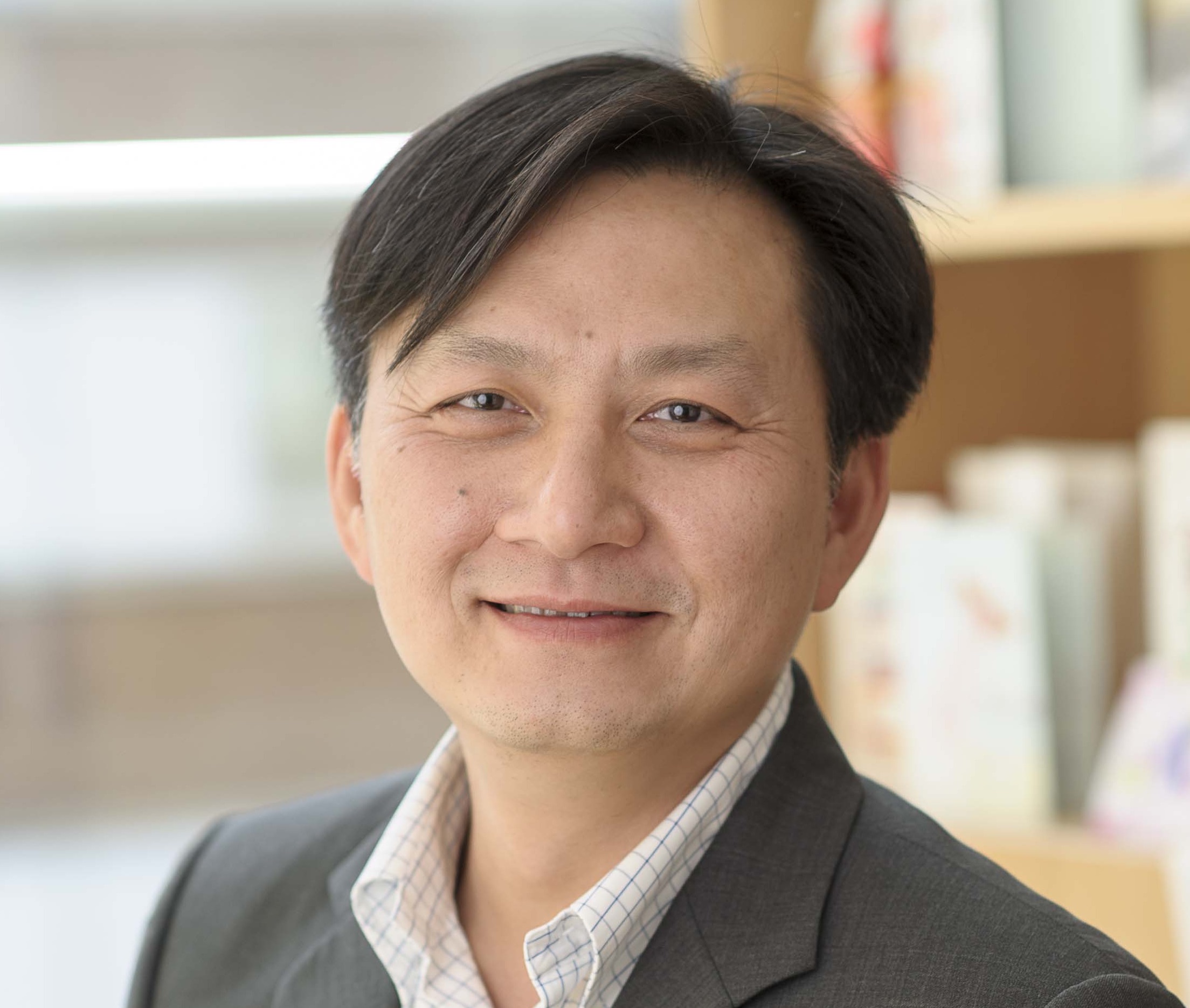
Dr. Hsieh is a world expert in kidney cancer translational research and therapeutics, and Taspase1 biology. Hsieh has extensive background in molecular biology, biochemistry, GEMM, kidney cancer genomics, metabolomics, and therapeutics. Hsieh received his MD in Taiwan and PhD at Johns Hopkins, completed his medicine training at Washington University and medical oncology fellowship at Dana-Farber Cancer Institute, was an Associate Professor at Weill-Cornell/Memorial Sloan Kettering, and is a Professor of Molecular Oncology at Washington University in St. Louis.
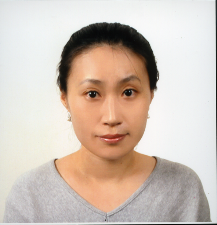
Dr. Kim is a Senior Scientist/Principle Investigator at Korea Research Institute of Bioscience and Biotechnology (KRIBB). Her group studies metabolism and epigenetics to identify therapeutic targets for human diseases including cancer. In particular, they are interested in understanding the crosstalk between metabolite levels and epigenetic dynamics.
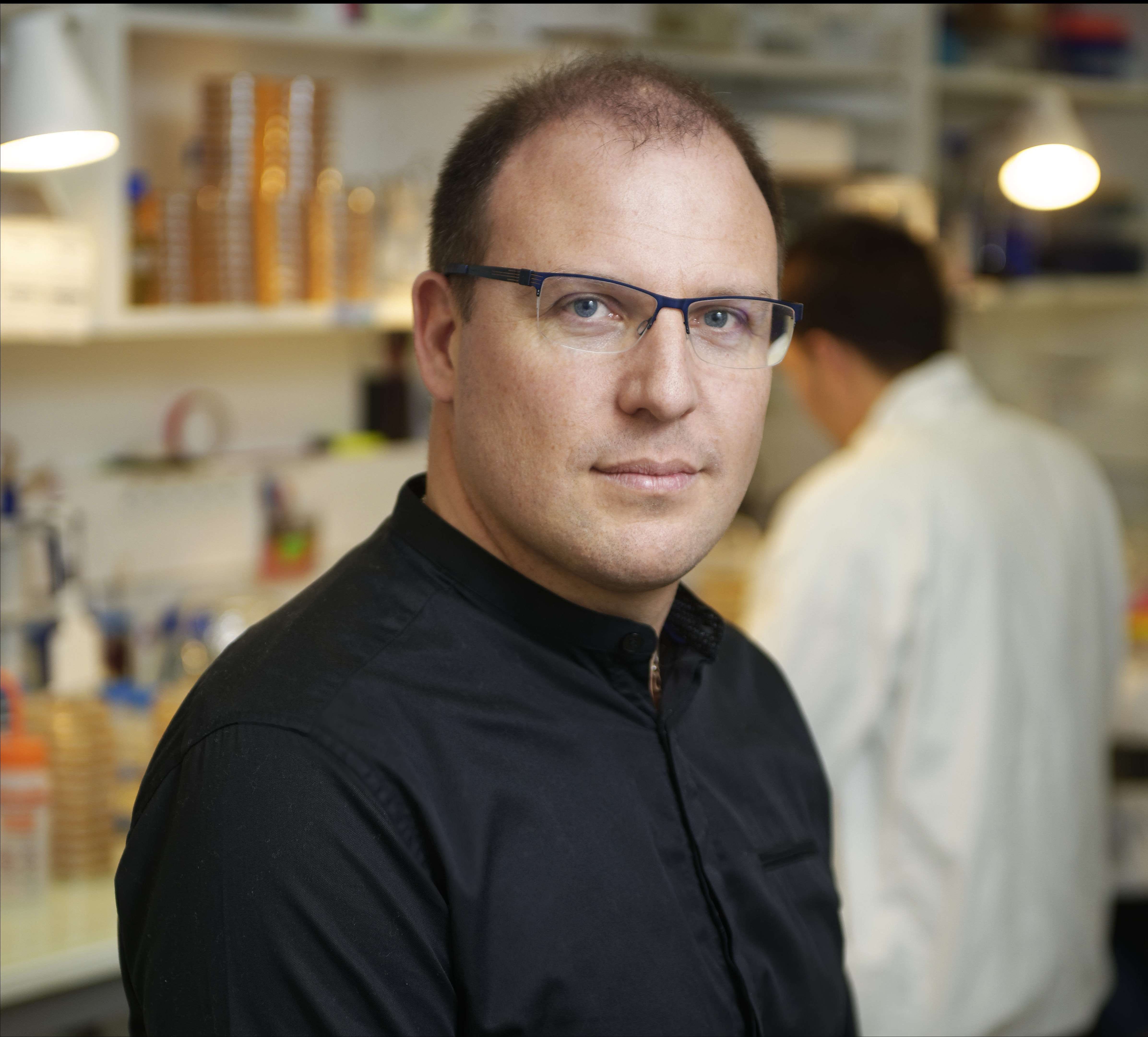
The research of his group focuses on studying the molecular and cellular mechanisms underlying host/commensal bacteria interactions in the context of juvenile growth and chronic undernutrition. They use Drosophila and Mouse as host models and Lactobacillus species as commensal bacteria models.
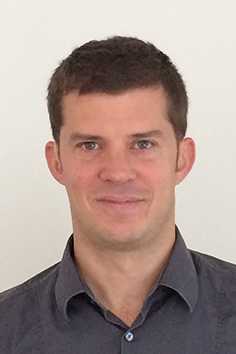
Research in his group focuses on understanding the role of nucleic acids modifications in epigenetic regulation, cell-fate specification and cellular adaptation. They mostly use molecular biology and sequencing-based approaches.
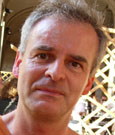
Work in Andreas Merdes' research group focuses on the proteins of the centrosome, and on their role in nucleation and organization of microtubules. Two main aspects are addressed: the assembly and function of the gamma-Tubulin Ring Complex (gamma-TuRC) in microtubule nucleation, and the role of centrosome proteins in differentiating cells.
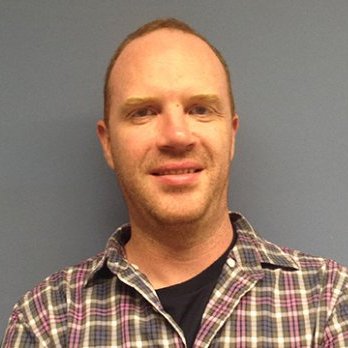
His group is interested in identifying new conserved genes that regulate basic cell biology and/or human disease. To this end they are focused on functional screening using flies or cell-based systems, coupled with physiological investigation in mice.
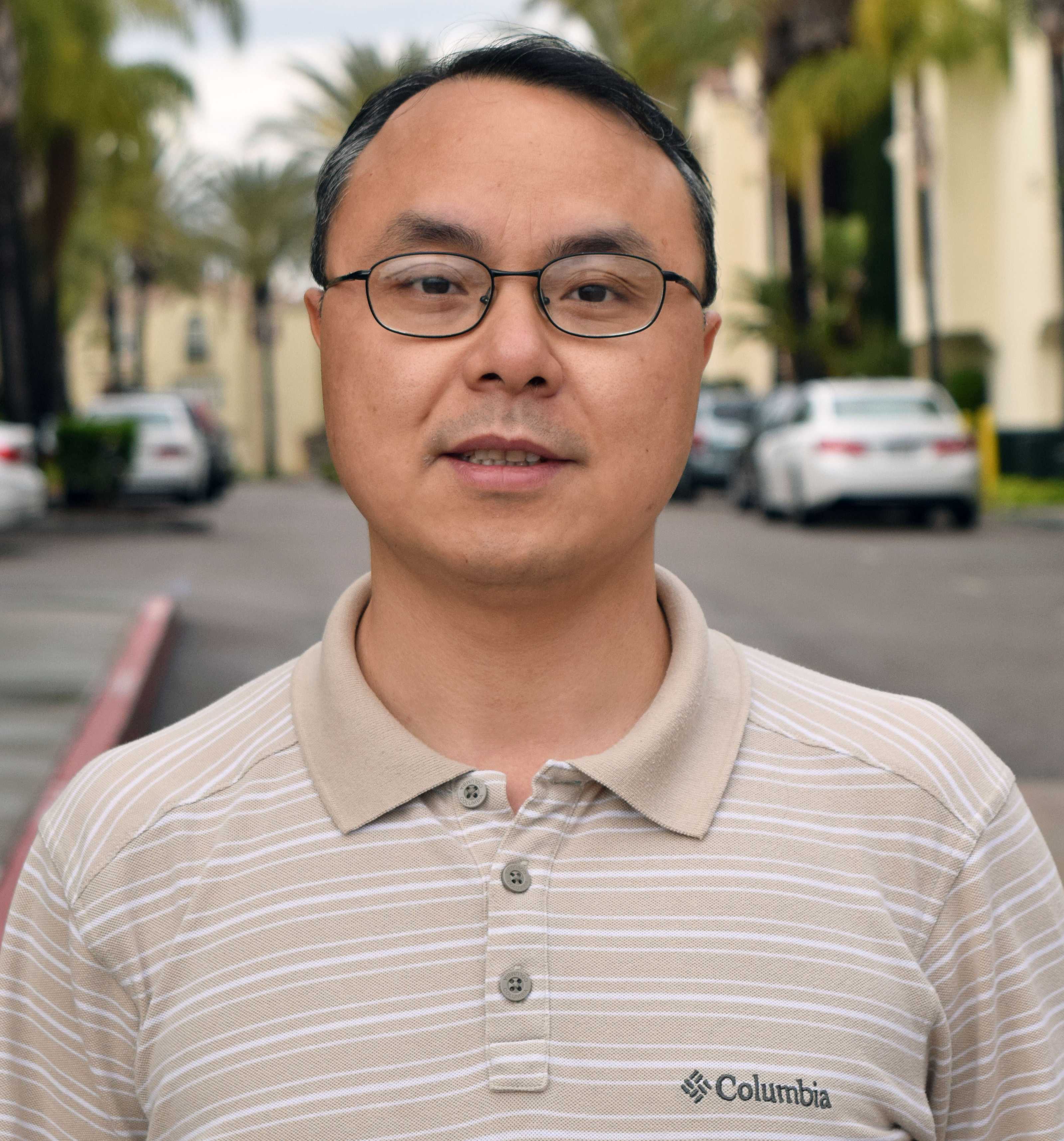
Dr. Peng's is currently a professor in the State Key Laboratory of Biotherpy, West China Hospital, Sichuan University, China. His lab focuses on non-coding RNA (ncRNA) research in human diseases, and aims to elucidate molecular mechanism of ncRNAs and explore their diagnostic and therapeutic potential in human disease.
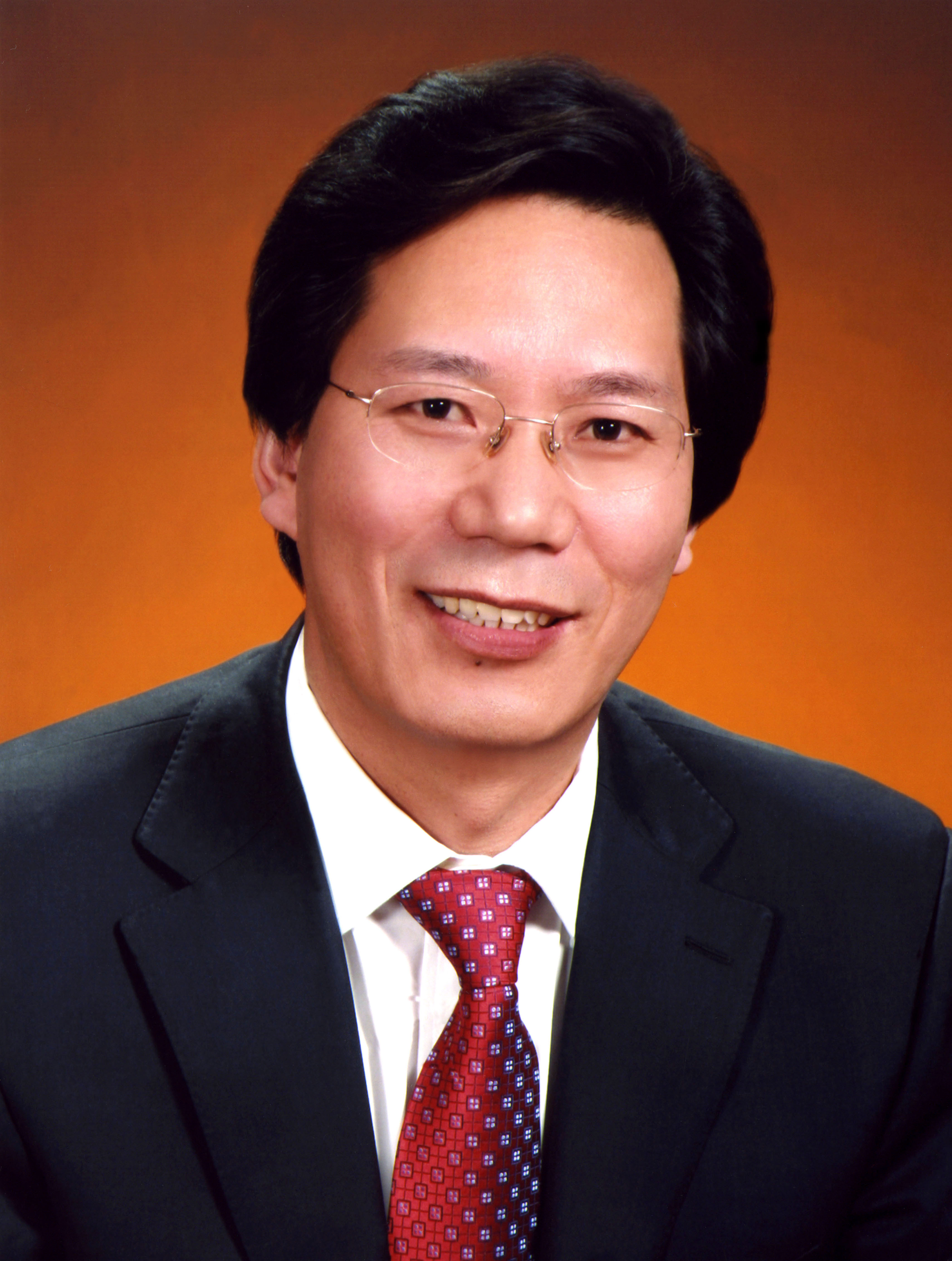
Yongfeng Shang is a member of the Chinese Academy of Sciences and president of the Capital Medical University. His research focus lies on epigenetic regulation of gene expression and molecular mechanisms underlying breast carcinogenesis.
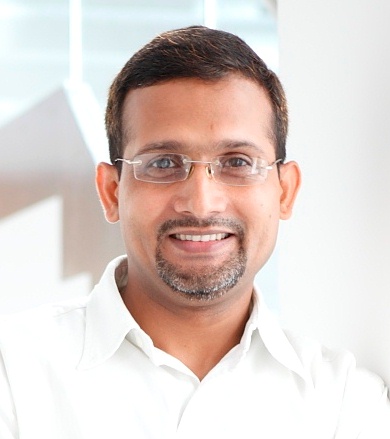
The research in Tiwari lab is aimed at understanding the mechanisms by which epigenetic regulators and transcription factors contribute to the transcriptional reprogramming that defines cell fate during development and how this communication is altered in diseases such as cancer. They employ a multidisciplinary approach combining cutting-edge epigenetics and genomics together with computational biology tools in sophisticated and defined models of cellular differentiation and carcinogenesis.
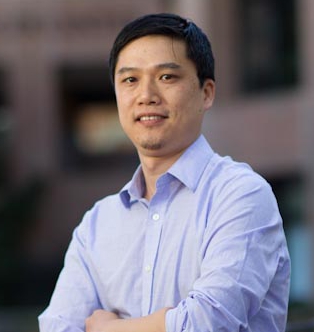
The laboratory of Dr. G Greg Wang focuses on mechanistic understanding of how chemical modifications of chromatin (including DNA and histones) control gene expression and regulate cell functions during normal versus stressed conditions, notably cancer.
Genome Stability and Integrity
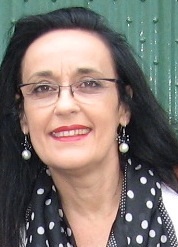
Her team focuses on deciphering the implication of cytidine deaminase (CDA) deficiency, an enzyme of the pyrimidine salvage pathway, and the resulting nucleotide pool disequilibrium, in genetic instability, cancer predisposition, and in carcinogenesis process in Bloom syndrome patients and in the general population.
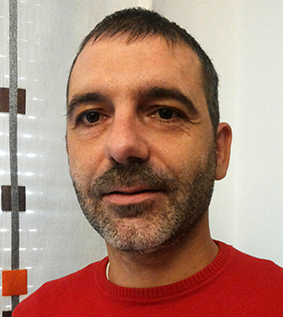
His group´s leading topic of interest relates to determining the molecular mechanisms governing the cellular response to DNA damage. They focus on determining how DNA lesions are detected, processed and repaired to avoid loss or inappropriate transmission of the genetic information that could lead to developmental anomalies and tumorigenesis. They are particularly interested in comprehend the precise role of protein phosphatases in the repair pathway, their regulation during the activation of the DNA damage response and their targets in the process, in order to obtain a complete picture of the function of these proteins in the maintenance of genome stability.
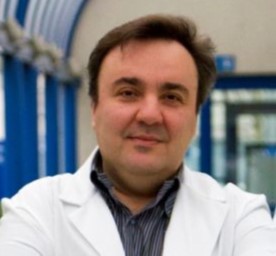
The Costanzo lab is interested in the molecular aspects of the responses to cellular stress in vertebrates, including the ones generated by abnormal DNA replication and DNA repair processes and in their effects at cellular and organism level.
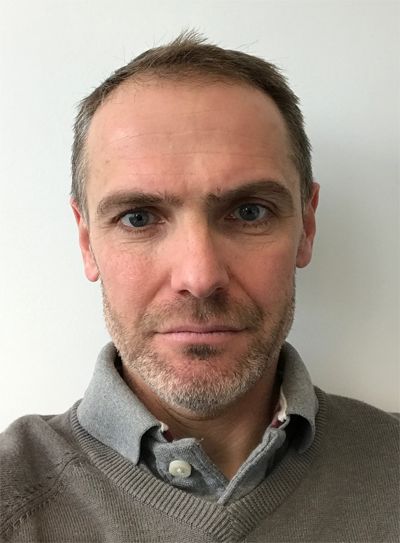
His research focus on telomere maintenance mechanisms. It implies telomere replication, replicative senescence, control of telomerase activity but also genome stability , G-quadruplex resolution, DNA repair, checkpoint control and others.
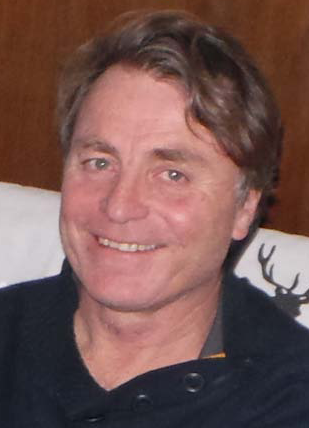
Their main topics of interest relate to the understanding, at the molecular level, of two major aspects of eukaryotic chromosome physiology, i.e. the way chromatin structure influences various DNA-dependent processes and the mechanisms that maintain telomeres integrity as well as the cellular responses to their dysfunction. They are particularly interested by the mechanisms linking H3K4 methylation catalyzed by the Set1 histone methyl transferase to meiotic recombination and replication.
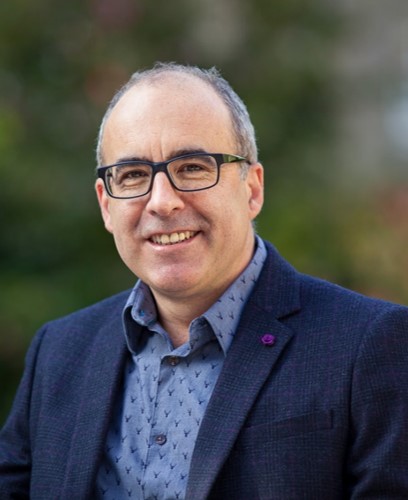
Steve Jackson is the University of Cambridge Frederick James Quick Professor of Biology at the Wellcome Trust/Cancer Research UK Gurdon Institute. Steve’s research for more than 25 years has been in the field of DNA repair and DNA-damage signalling. In addition to his research having provided us with many major insights into DNA repair and associated processes, it has also led to the development of the anti-cancer drug olaparib, developed by the company he founded, KuDOS Pharmaceuticals Ltd. Olaparib is the world’s first marketed DNA-repair enzyme inhibitor and the first marketed drug targeting inherited cancer predisposition. Steve’s academic lab is currently carrying out further mechanistic studies into DNA repair and is exploring novel therapeutic routes for various human diseases.
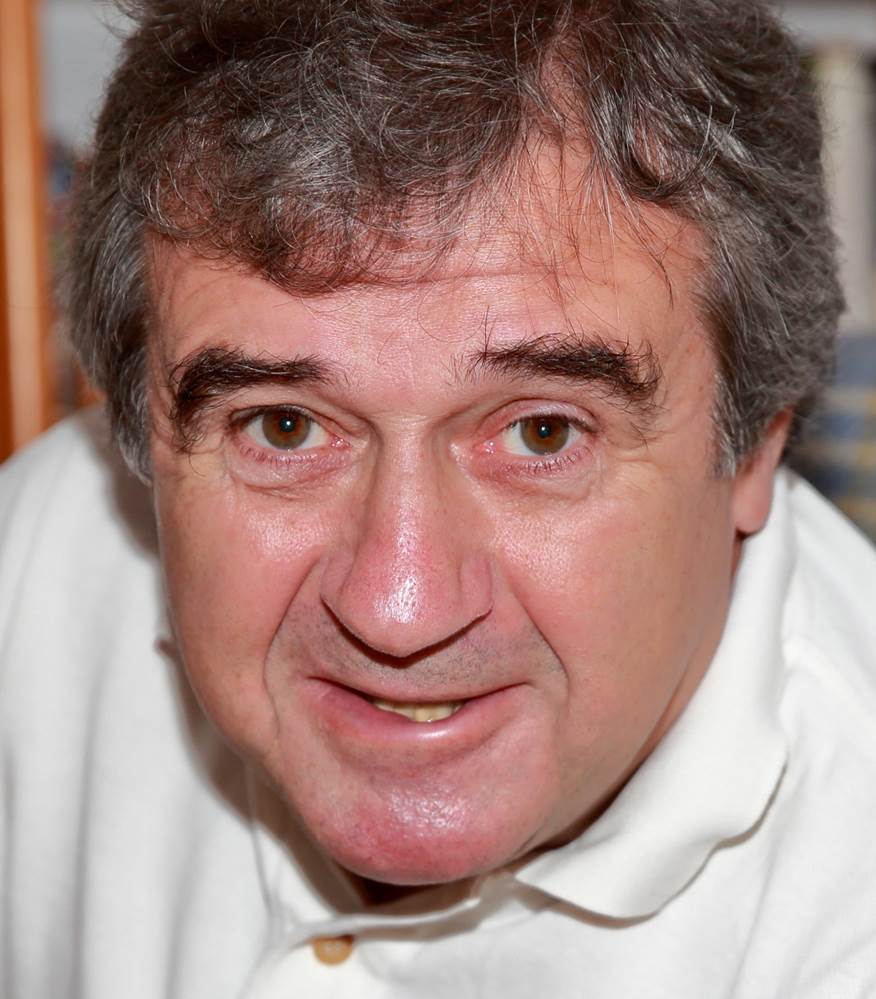
His research interest is in dissection of the structural and functional complexity of eukaryotic small nuclear and nucleolar RNPs (snRNPs and snoRNPs) which function in all aspects of gene expression, including the maintenance of genome integrity, controlling nuclear RNA synthesis and directing nucleolytic processing and post-transcriptional modification of various classes of precursor RNAs.
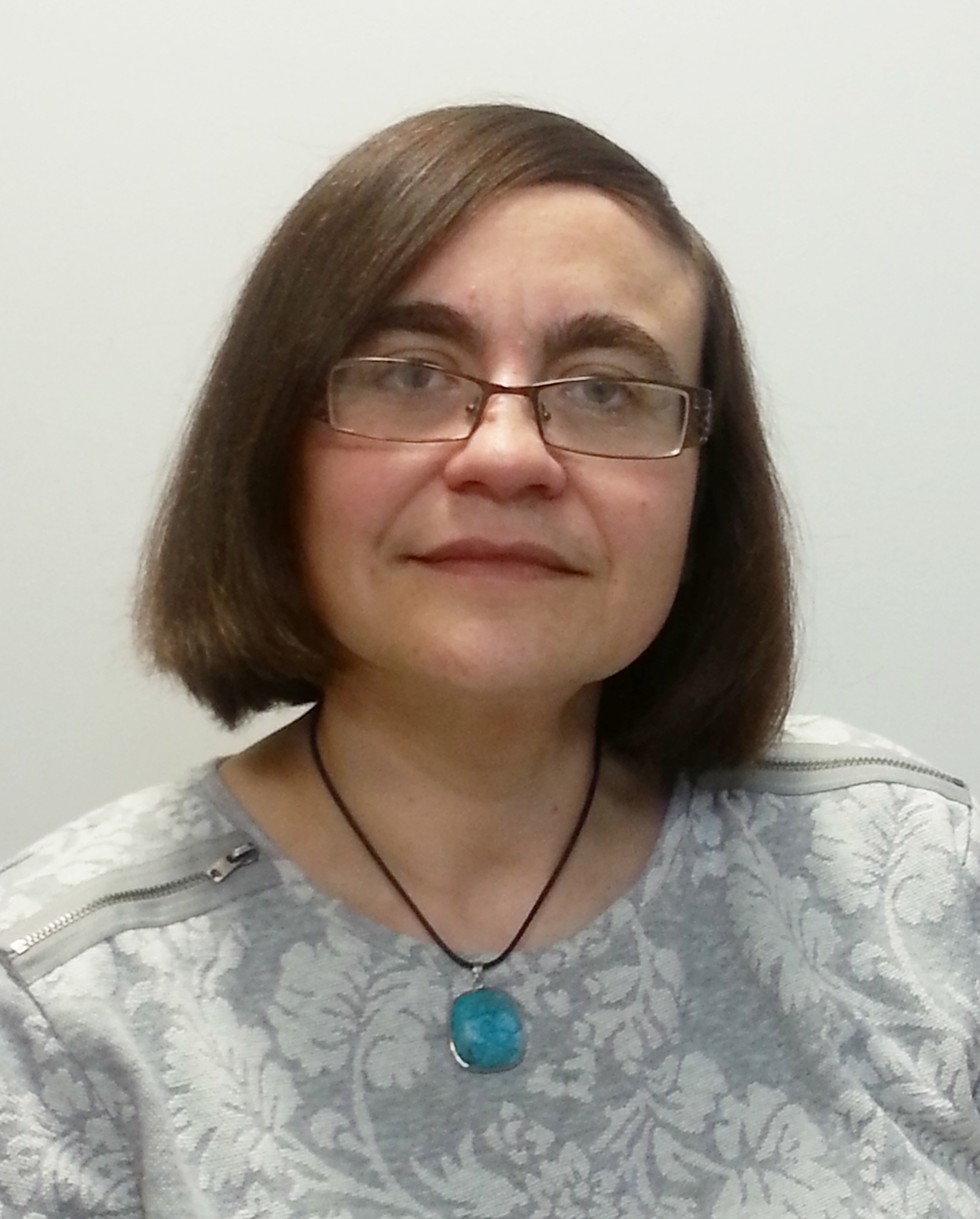
The Makovets lab research is focused on the molecular mechanisms governing genome stability, in particular on repair of double-stranded DNA and telomere biology.
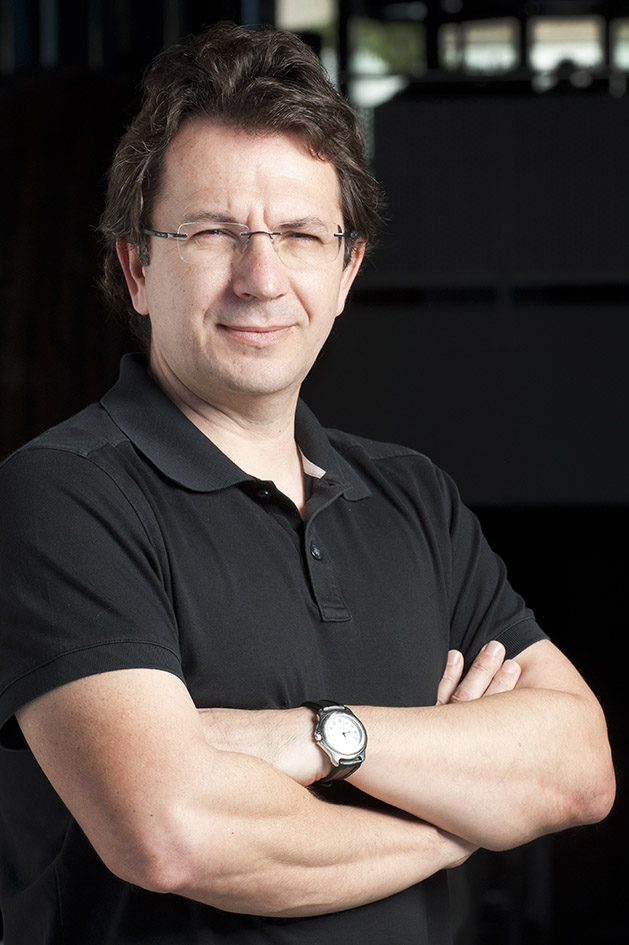
Raúl Mendez’s group works in post-transcriptional regulation of gene expression mediated by a family of RNA-binding proteins named CPEBs. CPEBs regulate pre-mRNA processing, mRNA localization and translation for 20-30% of the genes (mRNAs). CPEBs play key functions in early development and adult tissue homeostasis and stress response.
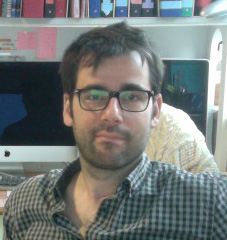
His research focuses on the biogenesis of mRNAs, with a particular interest for their transport through nuclear pore complexes, and for their influence on genome stability. In this frame, his group combines genomics, proteomics and cell biology approaches in budding yeast, but also in mammalian cells.
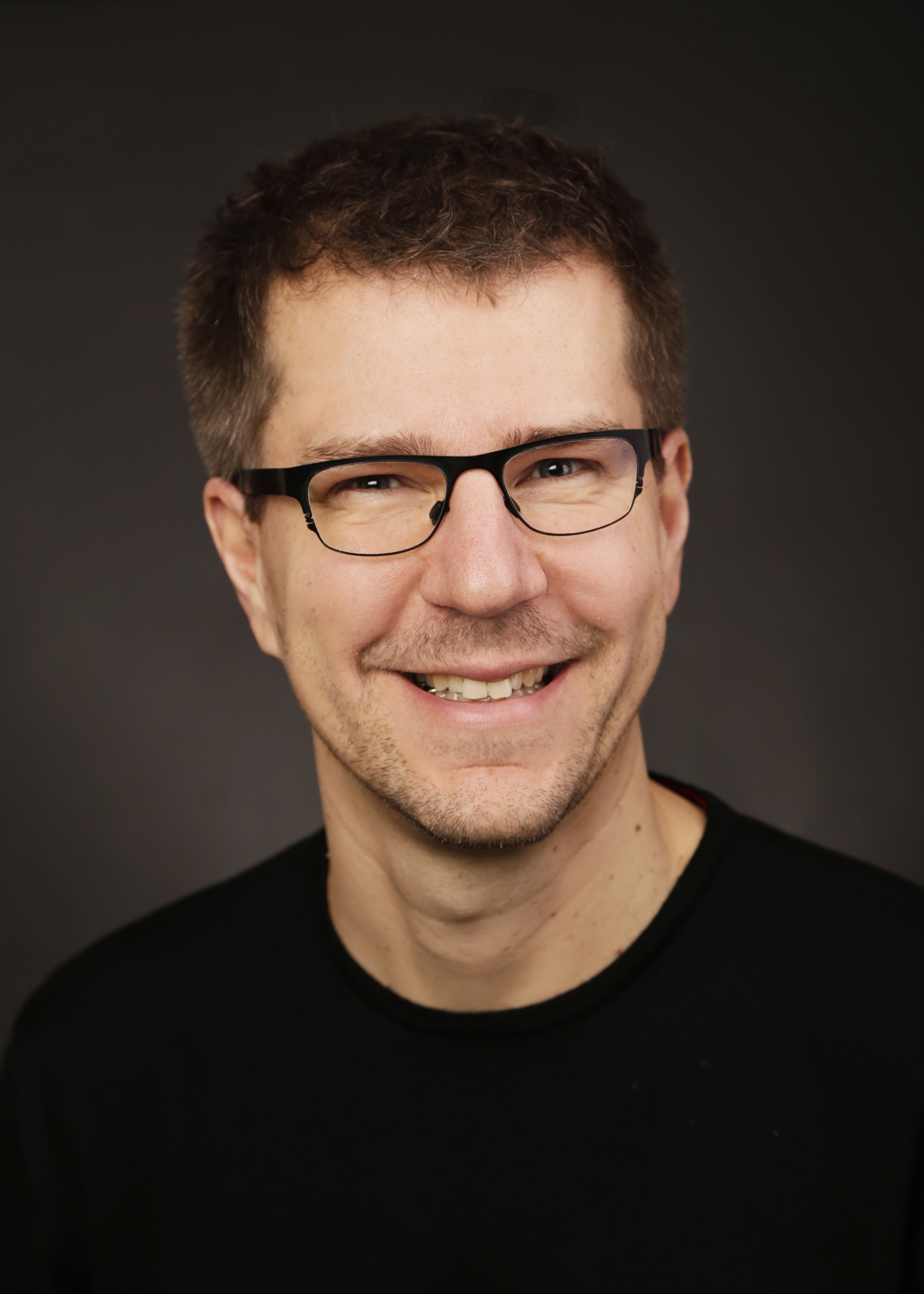
Arp Schnittger’s research interest focuses on plant reproduction and meiosis. In particular, his lab addresses DNA damage repair pathways that are not only important for meiotic recombination but also crucial for cell survival of somatic cells. Remarkably, plants are much more resistant to genotoxic stresses than animals and many mutants in central DNA damage repair pathways are often viable in plants. Thus, studying cell stress response in plants offers the unique possibility to both get insights into the evolution of repair mechanisms and to gain complementary understanding into key functions of eukaryotic stress physiology.
Her research interests encompass the mechanisms that buffer DNA replication against various exogenous and endogenous stressors such as DNA damage, nucleotide pool fluctuations, or deregulations of the cell cycle machinery. Some specific areas of interest include differential responses to replication stress in cancer versus normal human cells, as well as stressed replication and chromatin.
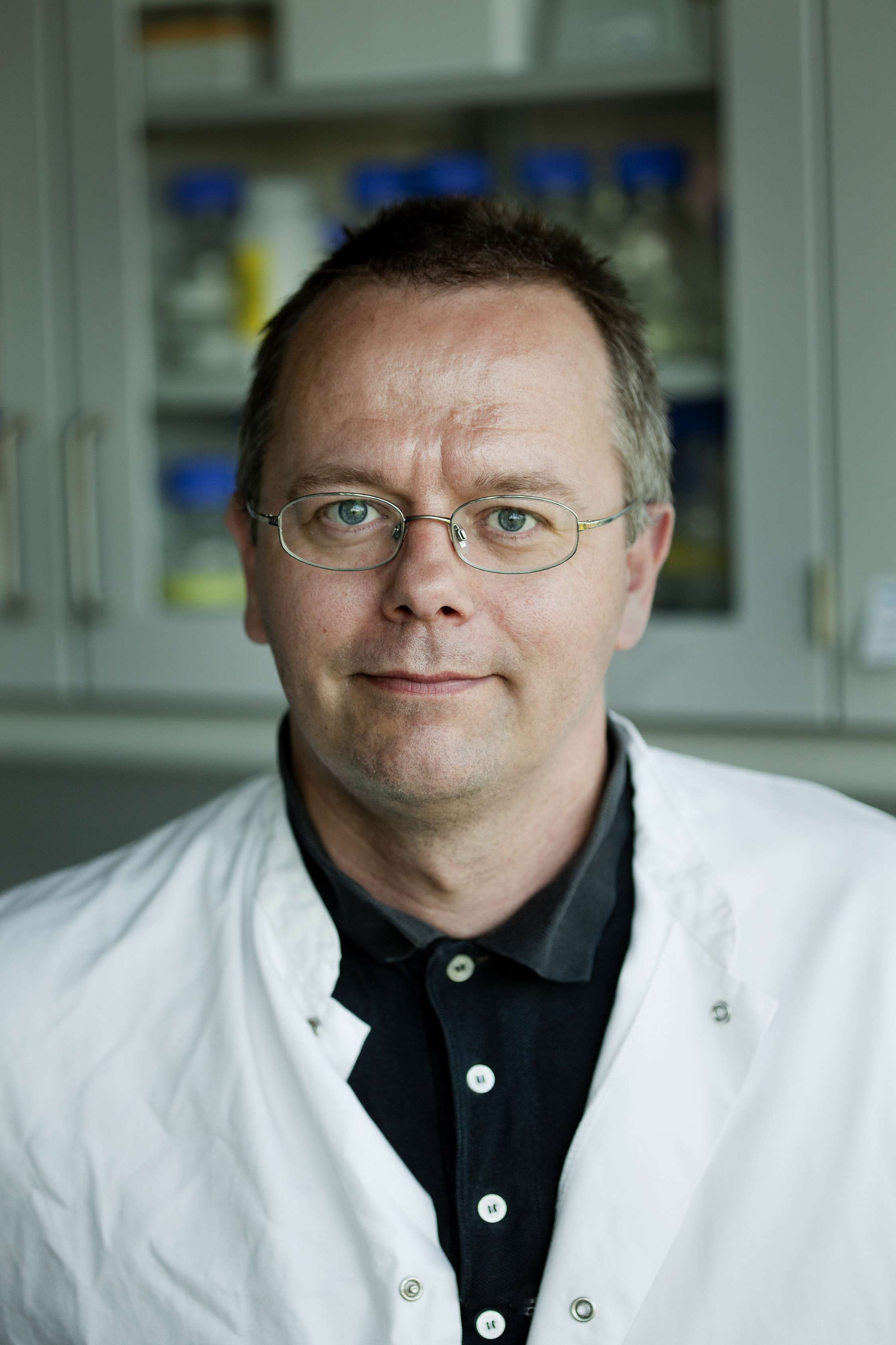
The goal of his group´s studies is to understand the mechanisms responsible for maintenance of genomic stability in mammalian cells. They are primarily working on the identification and characterization of novel regulators of the cellular DNA damage response (DDR). This response is critical to avoid gradual accumulation of mutations when cells proliferate, and DDR failure can lead to genomic instability and consequently cancer. It is also of crucial importance in the clinic where cancer cells are treated with DNA damaging agents such as ionizing radiation and cytotoxic drugs.
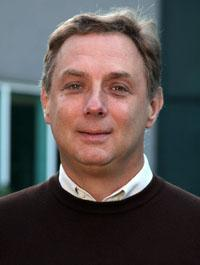
Laszlo Tora is a group leader at IGBMC (Illkirch, France) since 1993. He and his group are interested in deciphering the basic mechanisms of transcriptional regulation in vitro as well as in vivo, by using a large variety of techniques, ranging from biochemistry, through genetics and from molecular biology to biophysics and imaging. He and his group were among the first to identify and characterize several of the subunits of the general transcription factor TFIID . They have also contributed to a today widely accepted theory, suggesting a tight coupling between initiation of transcription and the maturation of pre-mRNAs. They participated to the discovery and characterization of i) functionally different TFIID complexes in the mammalian cells ; ii) novel TATA binding protein (TBP)-like factors, such as TLF and TBP2, in distinct mammalian cell types; iii) novel human histone acetyl transferase coactivator (HAT) complexes, called SAGA and ATAC; iv) histone H2Bub1 deubiquitinase activity in the metazoan SAGA complexes, and that this activity works as a co-activator for nuclear receptors.
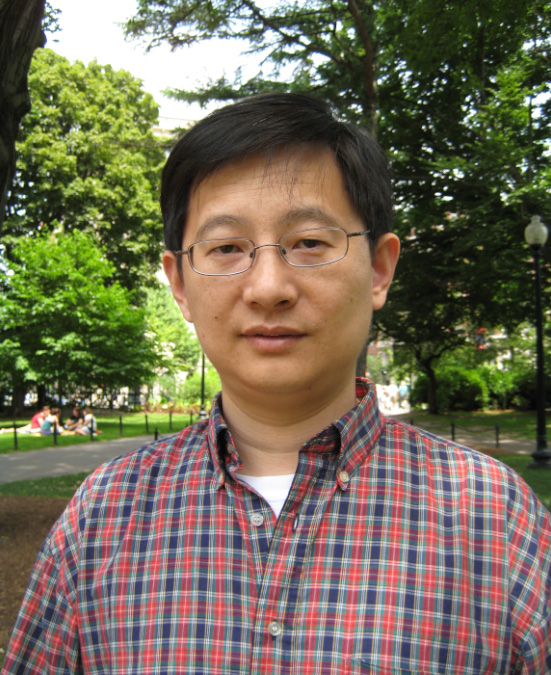
The major research focus of his laboratory is to understand the molecular mechanisms responsible for cancer development. They are especially interested in understanding how aberrant cell cycle regulation leads to genomic instability and subsequent cancer development.
Immunology and Inflammation
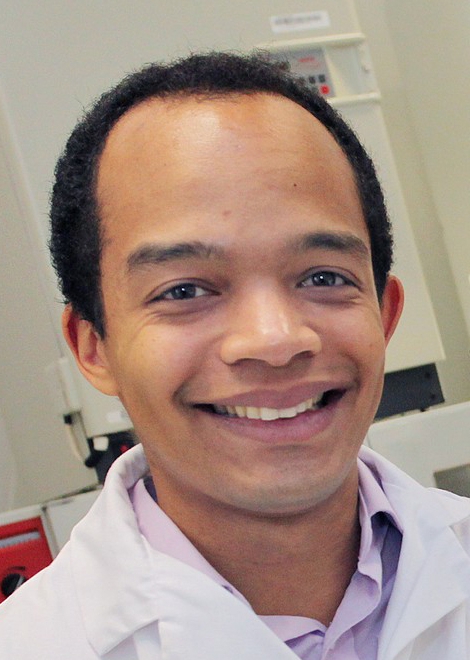
His group currently studies the role of CD4 T cells in anticancer immune responses, allergy and autoimmunity. They aim to determine the molecular mechanisms that can endow CD4 T cells with effector functions in vivo.
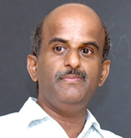
Research of the Bayry group is aimed at understanding the cellular and molecular mechanisms of immune homeostasis by regulatory T cells and circulating normal immunoglobulins, immunotherapy of autoimmune diseases and deciphering the host-pathogen interaction.
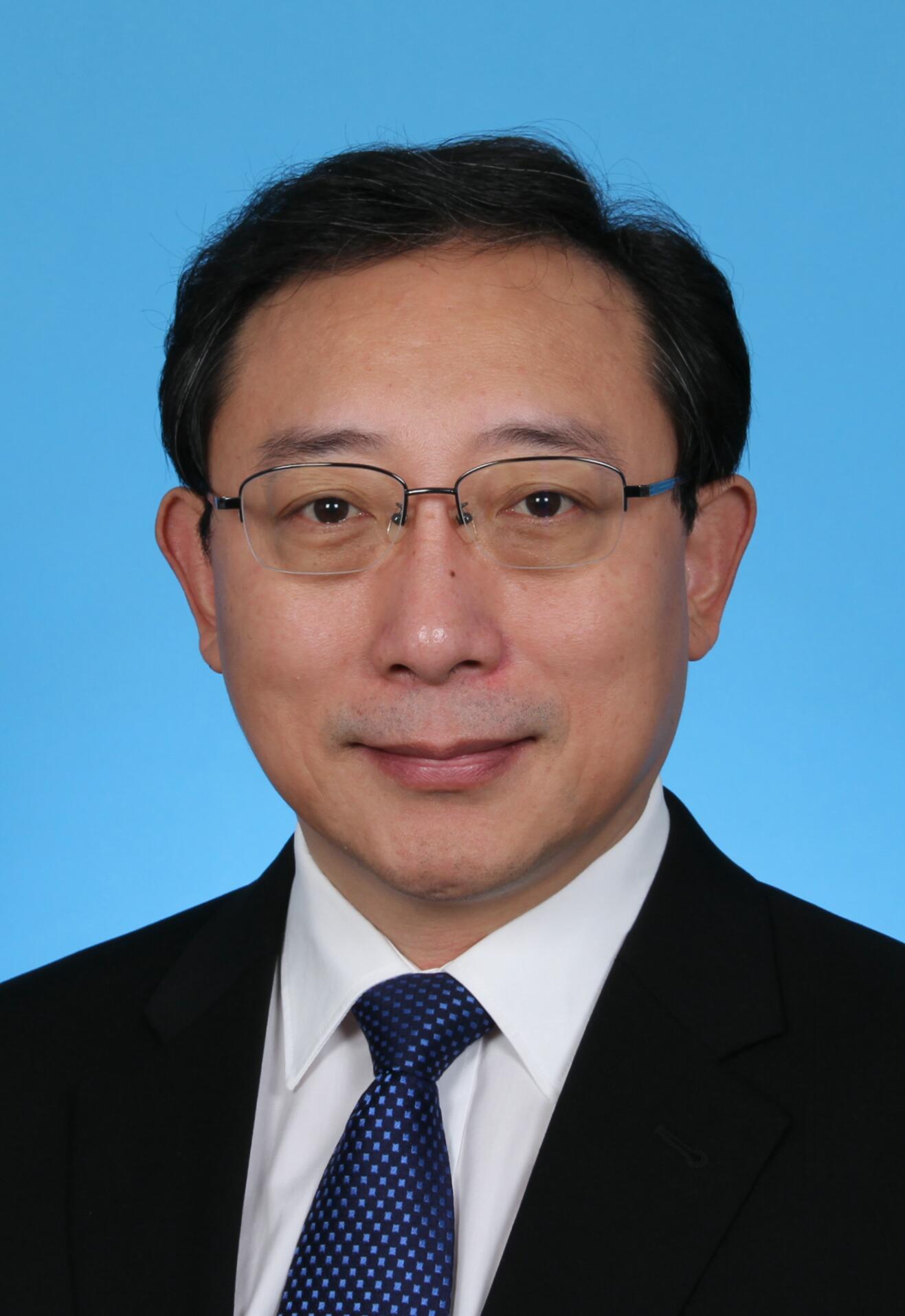
Dr. Xuetao Cao is the President of Chinese Academy of Medical Sciences and Peking Union Medical College (Beijing, China), and the founding Director of the China National Key Laboratory of Medical Immunology. His research focuses on the innate immunity and inflammation, tumor immunology and immunotherapy.
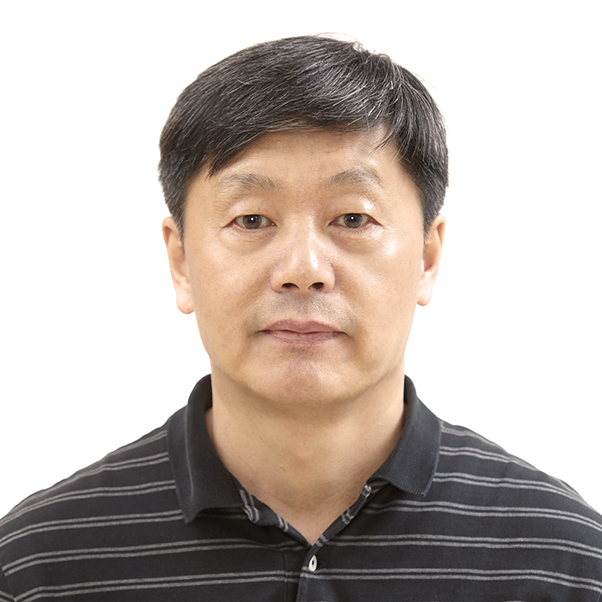
The research in the Chung group focuses on understanding the role of microglia in neuroinflammation. Emphasis is on control of activation/chemotaxis of resident microglia in the brain in early stages of neuroinflammation.
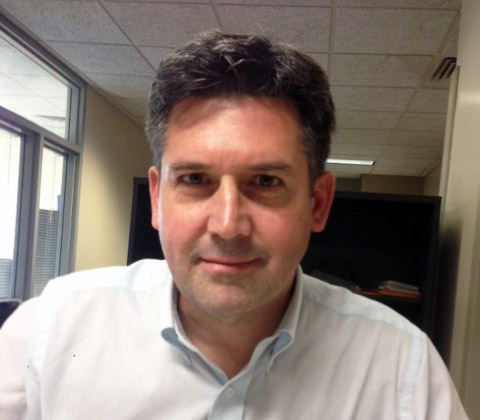
Dr. Conejo-Garcia is the Chair of the Department of Immunology at Moffitt Cancer Center. The goal of his research program is to identify and target mechanisms governing the balance between immunosuppression and protective immunity in the tumor microenvironment, with an emphasis on the role of cancer-driven pathological myelopoiesis. By combining translational understanding and clinical specimens with mechanistic studies in mouse models, he has co-authored >100 manuscripts on the immunobiology of cancer that total >9,000 citations in Scopus.
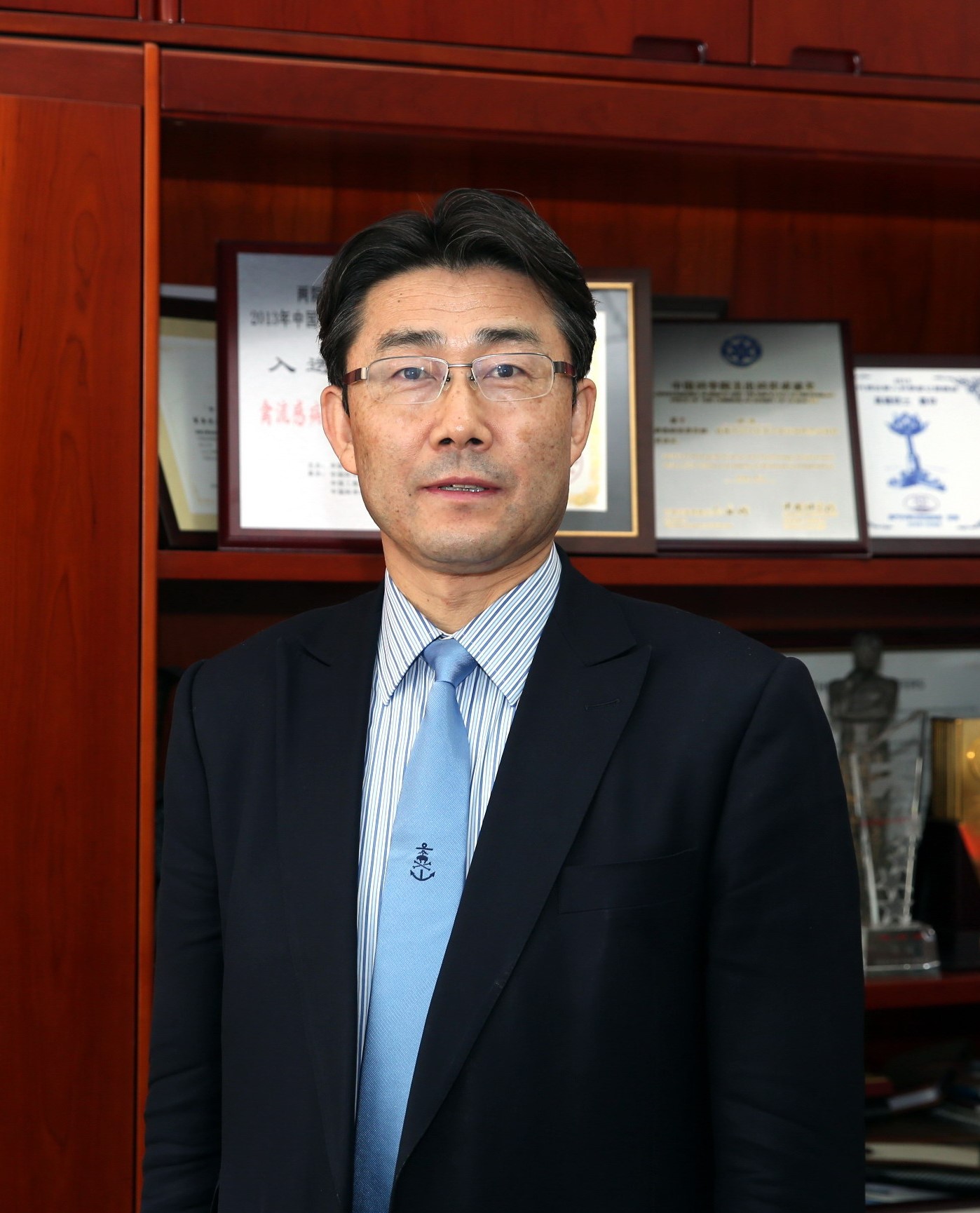
George F. Gao obtained his PhD degree from Oxford University, UK and did his postdoc work in both Oxford University and Harvard University (with a brief stay in Calgary University). His research interests include enveloped viruses and molecular immunology. His group research is mainly focusing on the enveloped virus entry and release, esp. influenza virus interspecies transmission (host jump), structure-based drug-design and structural immunology. He is also interested in virus ecology, esp. the relationship between influenza virus and migratory birds or live poultry markets and the bat-derived virus ecology and molecular biology. His research has recently expanded on public health policy and global health strategy. He works hard now for establishing an Africa-based center for pathogens and tropical diseases.

Dr Camilla Jandus, MD, PhD, holds a medical diploma from the University of Bern, Switzerland (2003) and a doctorate in tumor immunology and immunotherapy from the Ludwig Institute for Cancer Research – University of Lausanne, Switzerland (2008). She trained at the Memorial Sloan Kettering Cancer Center in New York and at the Pharmacology Institute in Bern. Since 2015 she is project leader in the Translational tumor immunology group at the Department of Oncology of the University of Lausanne, Switzerland. Her main scientific interest is in the study of innate and adaptive cell-mediated immune responses to human tumors (T cells, NK cells and Innate lymphoid cells (ILCs)). She has been involved in the immune monitoring of several peptide-based clinical trials in melanoma patients and was among the first to use peptide-MHC class II multimers to characterize tumor-specific CD4 T cells in patients, directly ex-vivo. Recently, she has been pioneering on studying the involvement of ILCs in anti-tumor immune responses.
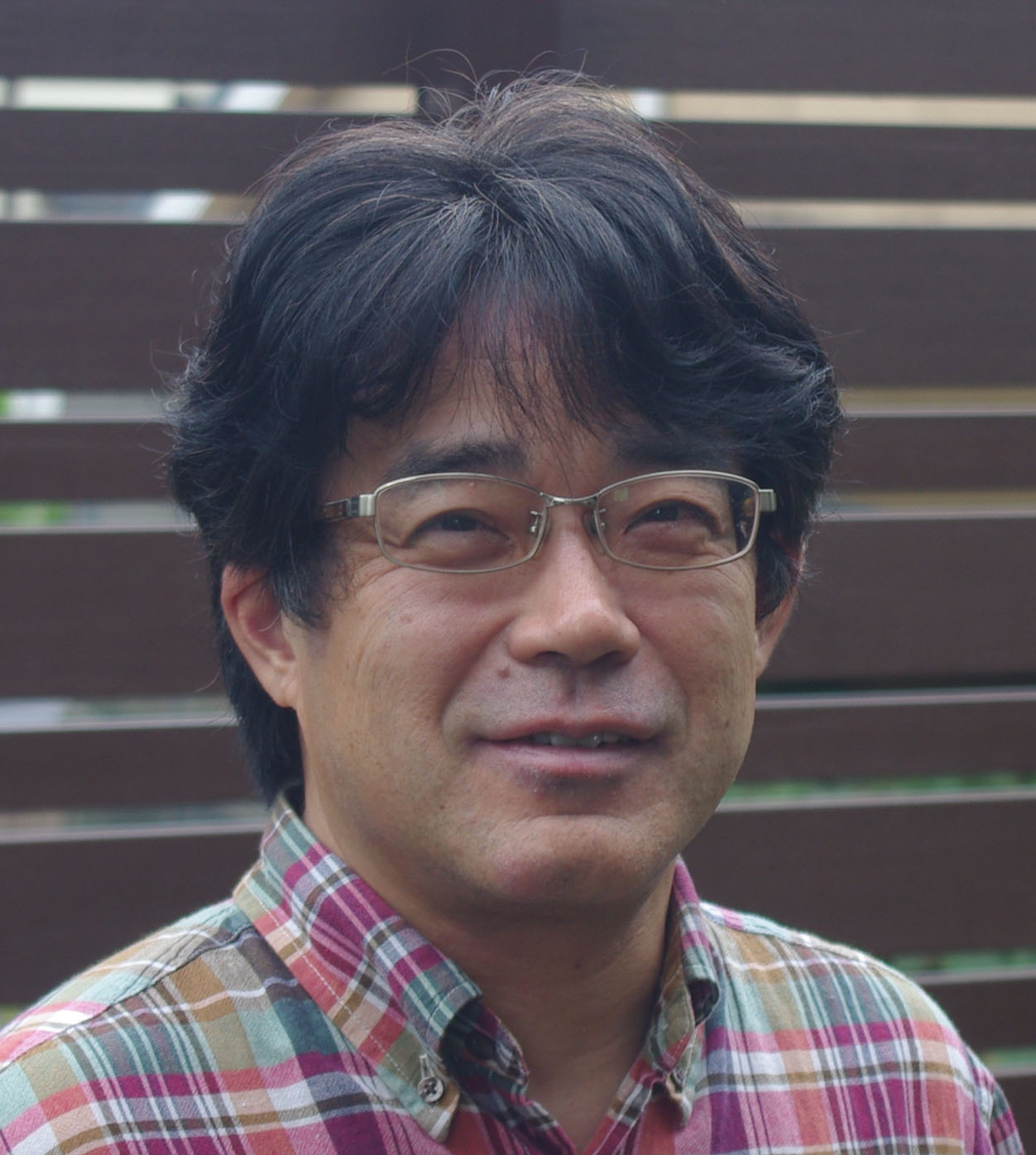
Prof. Kawasakis research interests are receptor-mediated pathogen recognition and immune signaling in plants and inhibitory mechanisms of plant immunity by pathogen effectors.
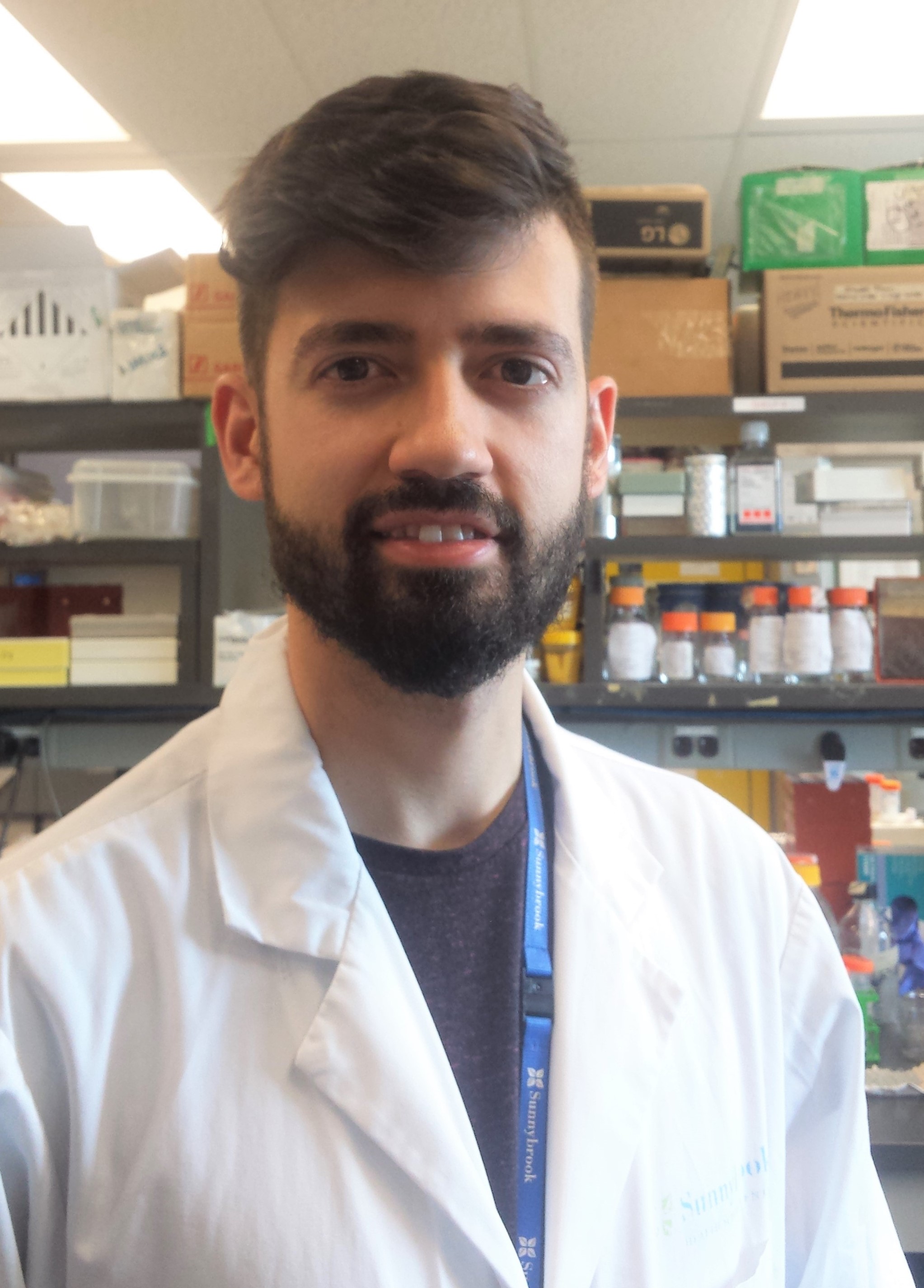
His research interests broadly lie in the pre-clinical molecular targeting of cancer particularly in difficult to treat settings such as metastasis and drug resistance. More specifically one of his current avenues of research involves investigating the phenomenon by which tumours can acquire access to a blood supply without the need for inducing angiogenesis. This occurs by tumour cells hijacking the existing vasculature of certain tissues, a process named vessel co-option. This mechanism has been shown to be a major reason for innate or acquired drug resistance to anti-angiogenic therapies. Another avenue of research involves directing the immune system against components of a tumour or tumour microenvironment by the use of novel immunotherapies as well as the combination of immunotherapies with known targeted therapeutics or chemotherapies.
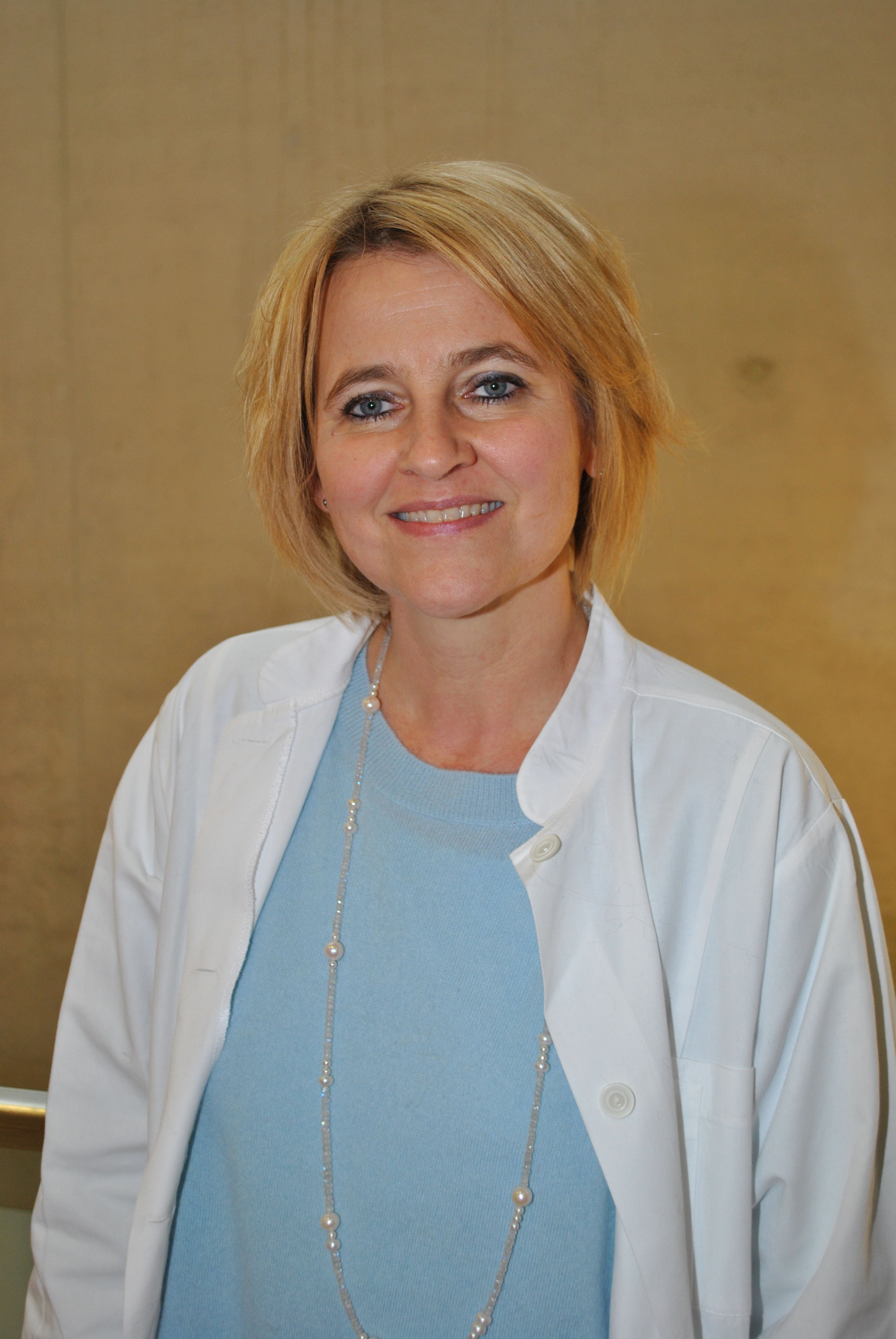
Her group is interested in molecular signalling pathways and epigenetic regulatory processes in inflammatory conditions. Their aim is to identify disease mechanisms and potential therapeutic targets in diseases, where inflammation is linked to metabolic pathologies, as typically found in liver disease.
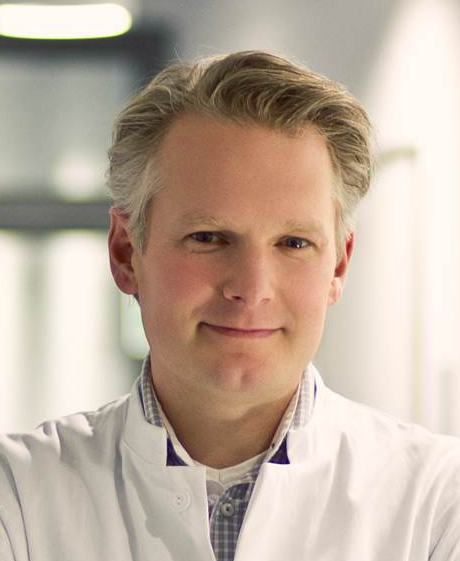
His research focuses on the regulation of innate immunity in sterile inflammatory conditions, such as atherosclerosis, metabolic and neurodegenerative diseases. The lab studies the most proximal mechanisms of innate immune sensor activation, how the cellular metabolism and external factors regulate cellular polarization of myeloid cells.
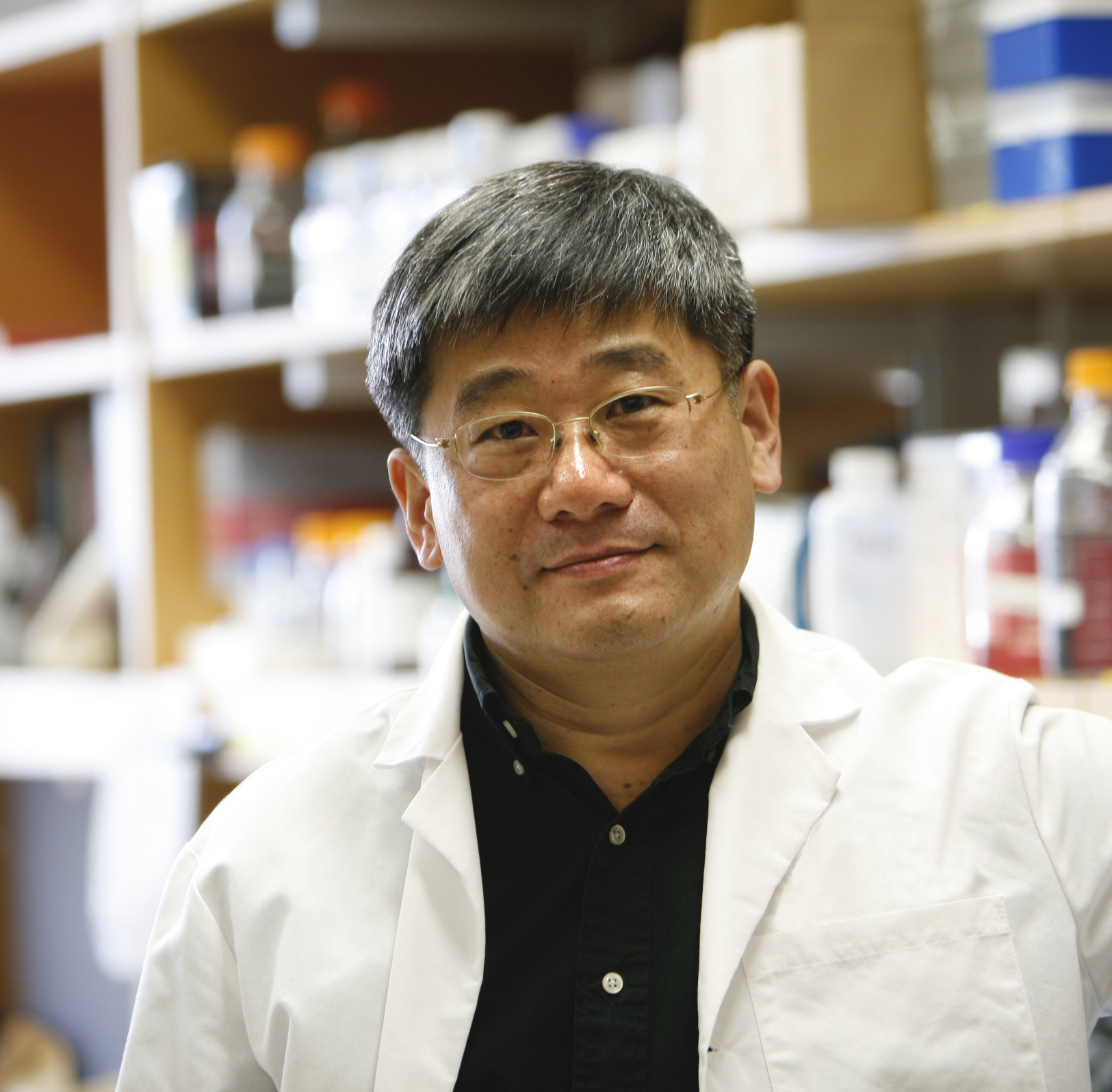
His research focuses on investigating the pathophysiology of obesity-induced inflammation and metabolic diseases in the immunometabolism field. His group is particularly interested in determining the roles of adipose tissue immune cells in the regulation of systemic inflammation and the development of insulin resistance and Type 2 Diabetes in obesity.

Dr. López-Soto studies the mechanisms that govern the cancer immunosurveillance, with emphasis on the tumor recognition and elimination by natural killer (NK) cells, as well as the subversive molecular and cellular strategies evolved by cancers to avoid protective immune responses.
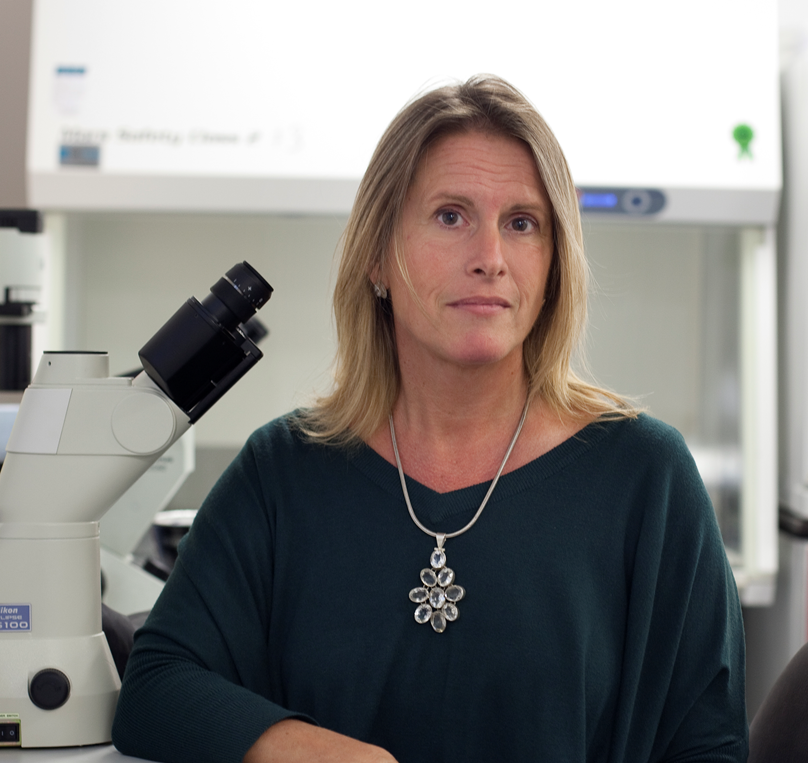
Her group´s research focuses on the mechanisms of memory and regulatory T cell migration in non-lymphoid tissue, both in physiologic and inflammatory conditions, and their interactions within the tissue. Similarly, a large part of her laboratory is engaged in studying the metabolic profile and reprogramming of migrating T cells during inflammation.
His research interest is on the role of reactive oxygen species (ROS) in the cytotoxic immune response against cancer. They are investigating how ROS contribute to target cell death. Beside, they are also looking at the impact of the redox microenvironment on the cytotoxic effector cells.
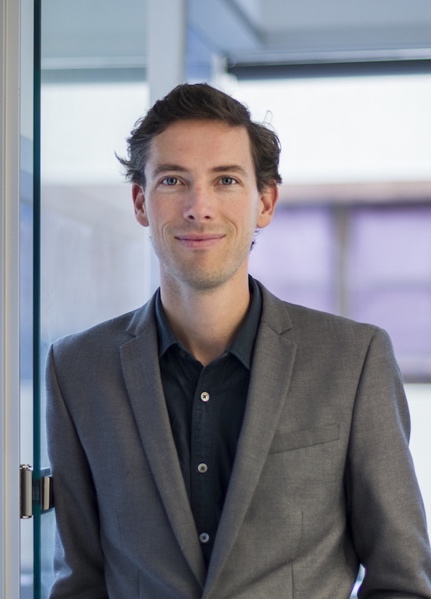
A/Prof Seth Masters is head of the Inflammasomes and Autoinflammatory Disease laboratory at The Walter and Eliza Hall Institute (Australia). He holds a joint appointment at the Guangzhou Women’s and Children’s Hospital (China) and is appointed as a fellow of the Viertel Foundation, HHMI-Wellcome Trust and the NHMRC. The Masters laboratory identify known and novel mutations in innate immune pathways causing autoinflammatory disease, and also establish how these same pathways contribute to complex sporadic diseases.
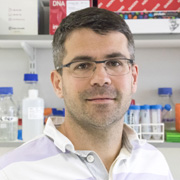
His focus is on the interconnections between metabolic and inflammatory pathways. His group investigates the mechanisms underlying the metabolic control of immune cell effector functions and their implications to inflammation. The current emphasis is on the modulation of the inflammatory response by fatty acids and the metabolite lactate.
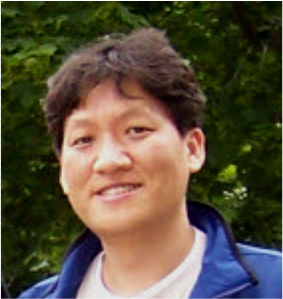
The research focuses on the mucosal (External and Internal) chemical stress in association with the chronic mucosal diseases. Moreover, particular interest will be on the contribution of internal environment such as enteric bacterial community and xenobiotics to the mucosal communication during the progress of gut diseases. Mucosal stressors including commensal microflora and chemical insults are closely interacting to modulate the response integrity. His science is in pursuit of addressing the communication mechanism between mucosal sentinels and xenobiotic environment including commensals, nutrition, drugs and toxicants.

Athanasia Mouzaki, PhD, is a Professor of Laboratory Hematology and Transfusion Medicine, Medical School, University of Patras, and Director of the Immunohematology Laboratory. Her training and main research interests are in basic and clinical immunology with emphasis on T-cells and cytokines and their functions and malfunctions in health and disease. She is the recipient of 24 research grants and has published 101 papers.
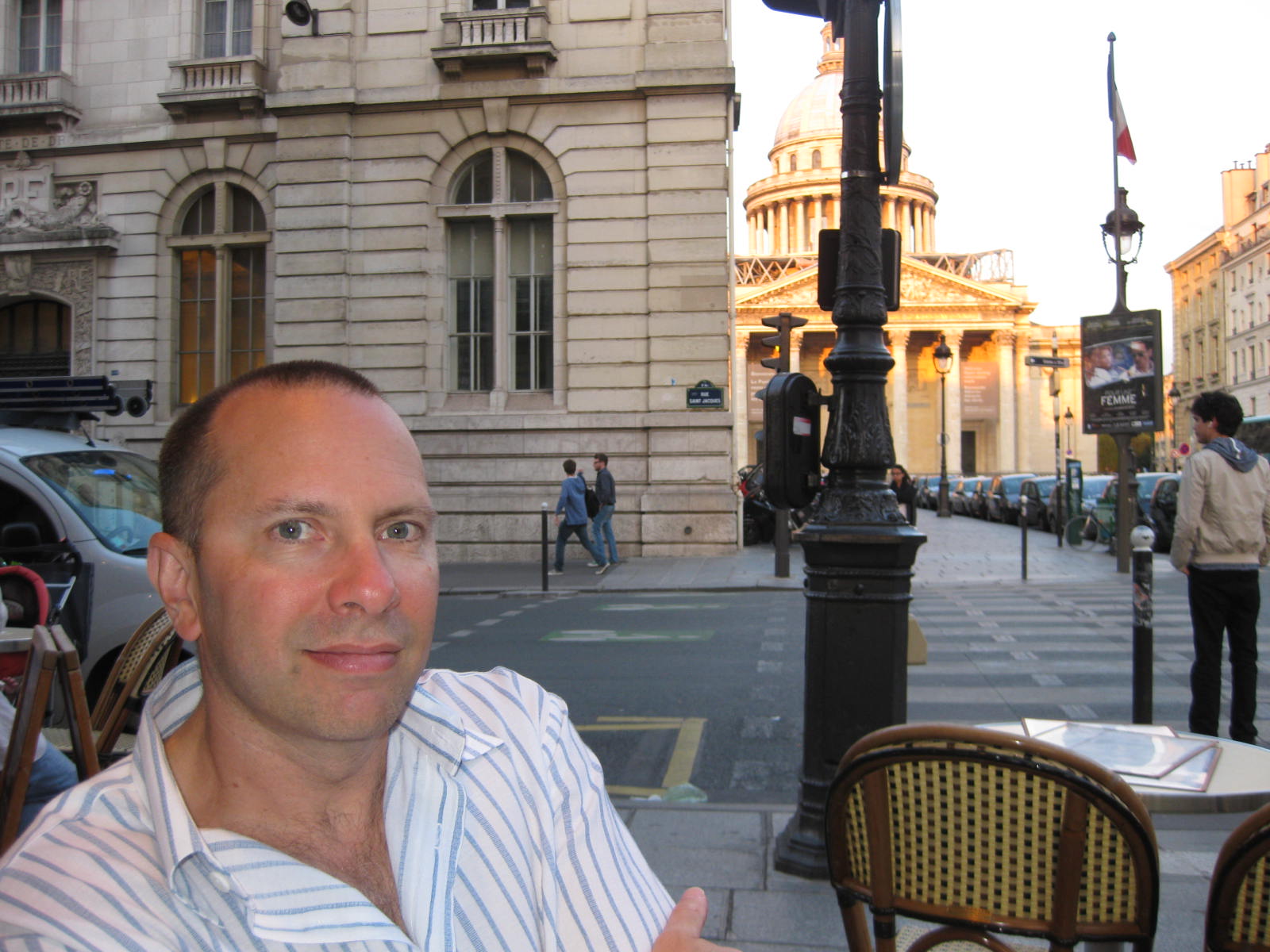
The broad focus of his research groups´ work is on regulatory events in immune responses. They have a long-standing interest in understanding how amino acid metabolism regulates cross talk between immune cells. Recently, they have embarked on research to understand the stress response pathways used by immune cells when they encounter low amino acid environments, and the consequences of these responses to immunity in general.
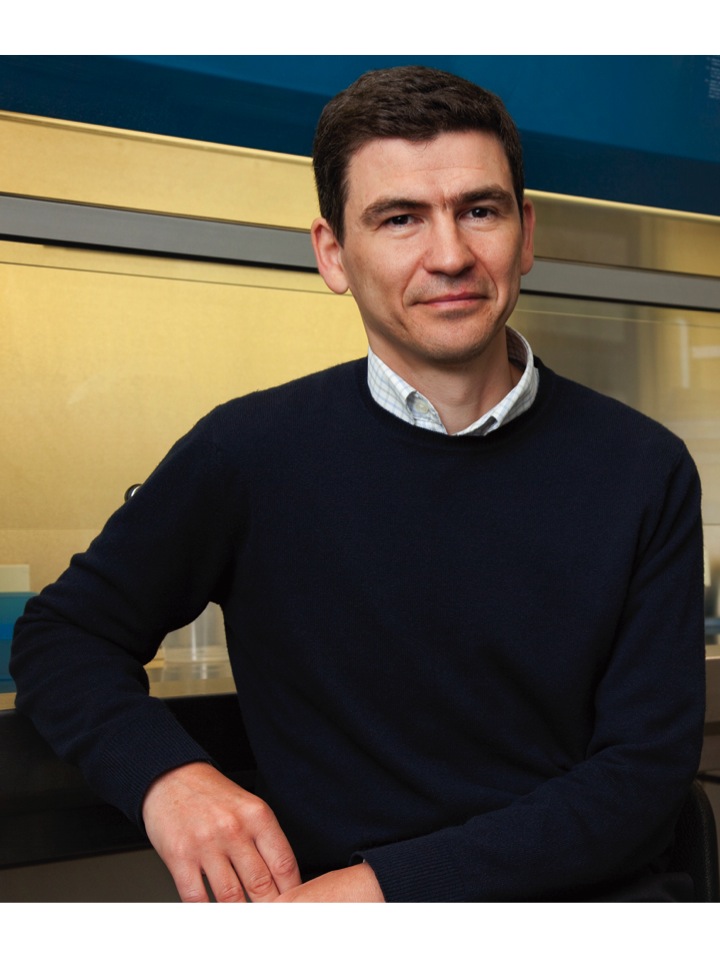
Mihai Netea was born and studied medicine in Cluj-Napoca, Romania. He completed his PhD at the Radboud University Nijmegen, The Netherlands, on studies investigating the cytokine network in sepsis. After working as a post-doc at the University of Colorado, he returned to Nijmegen where he finished his clinical training as an infectious diseases specialist, and where he currently heads the division of Experimental Medicine, Department of Internal Medicine, Nijmegen University Nijmegen Medical Center. He is mainly interested in understanding the factors influencing variability of human immune responses, the biology of sepsis and immunoparalysis, and the study of the memory traits of innate immunity.
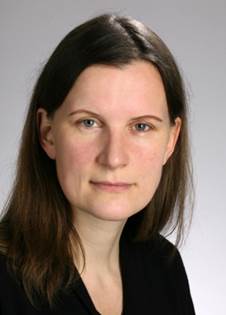
Her team studies the interaction between melanoma cells and autologous, innate as well as adaptive, lymphocytes in the context of human malignant melanoma. Of specific interest are immune escape mechanims that protect tumor cells from recognition by Natural Killer (NK) cells and T cells. This includes escape by genetic alterations, oncogenic pathway signaling and tumor cell phenotype switching.
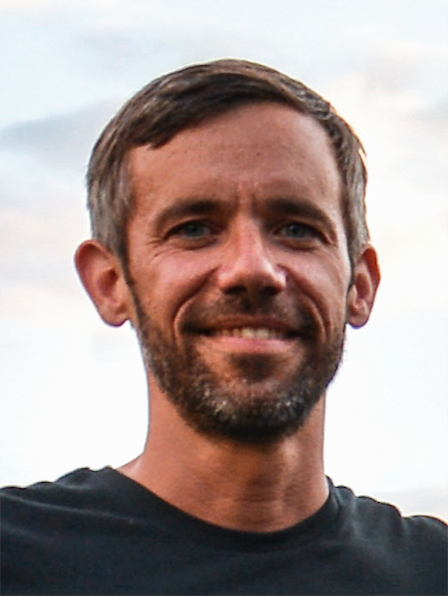
Dr. Pittet is currently associate professor at Harvard Medical School and faculty member of the Center for Systems Biology at Massachusetts General Hospital. He performs a research program to discover key immune cells and associated molecular pathways that influence cancer growth and can be targeted in therapy. His laboratory uses various experimental tools, including real-time imaging, to interrogate immune cell behavior and drugs’ mechanisms of actions directly in vivo and leverage this knowledge into developing better treatment options for cancer patients.
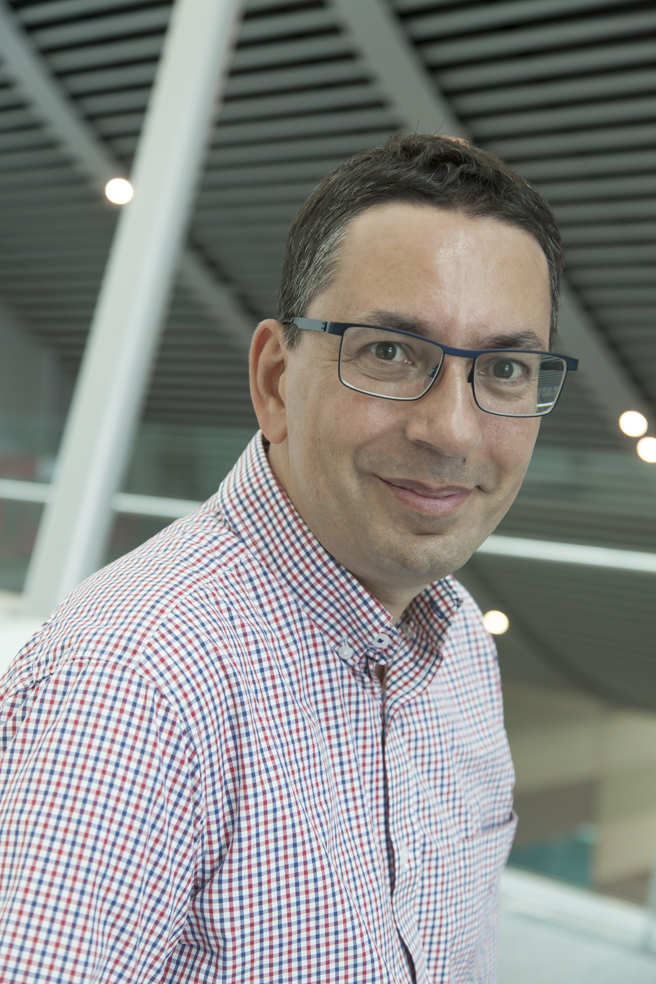
His research centres on the regulation of adaptive immunity by antigen-presenting cells, the innate immune mechanisms involved in sensing pathogen presence and cell death and the complexity of the mononuclear phagocyte system.
Thaddeus Stappenbeck studies host-microbial interactions in the intestine with a cellular focus on the epithelium.
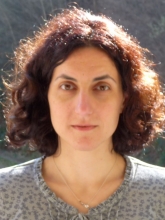
The genetic programs rewiring macrophages in the context of chronic inflammatory diseases are largely unexplored. Her laboratory aims to understand macrophage biology in chronic inflammatory diseases with the ultimate goal to identify new targets for their treatment. They focus on two areas: the role of genotoxic stress in instructing macrophage differentiation and the mechanisms by which macrophages cross-talk with adaptive immune cells to mediate autoimmune organ damage.
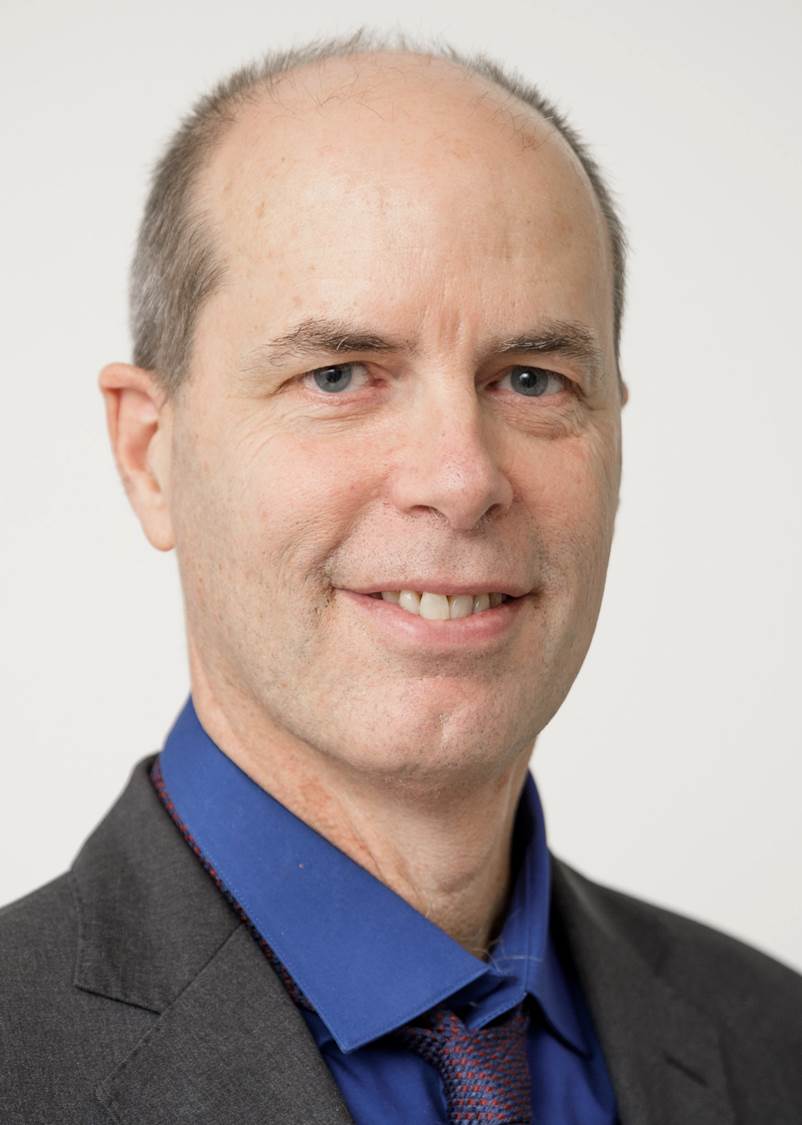
The major research focus of his laboratory is to understand the molecular mechanisms responsible for the development of autoimmune diseases. They are especially interested in understanding how cytokines responses are regulated in the level of the immune cells and in that of the responding tissue cells.
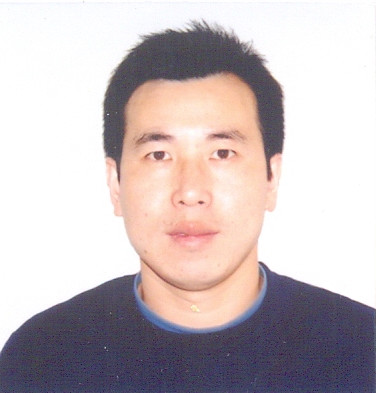
Dr. Zhou's main research interests lie in understanding the signaling mechanisms of tumorigenesis and immune regulation, particularly the cross-regulation between inflammation and cancer, aiming to discover new drug target and therapeutic strategy.
Metabolic Stress and Diseases
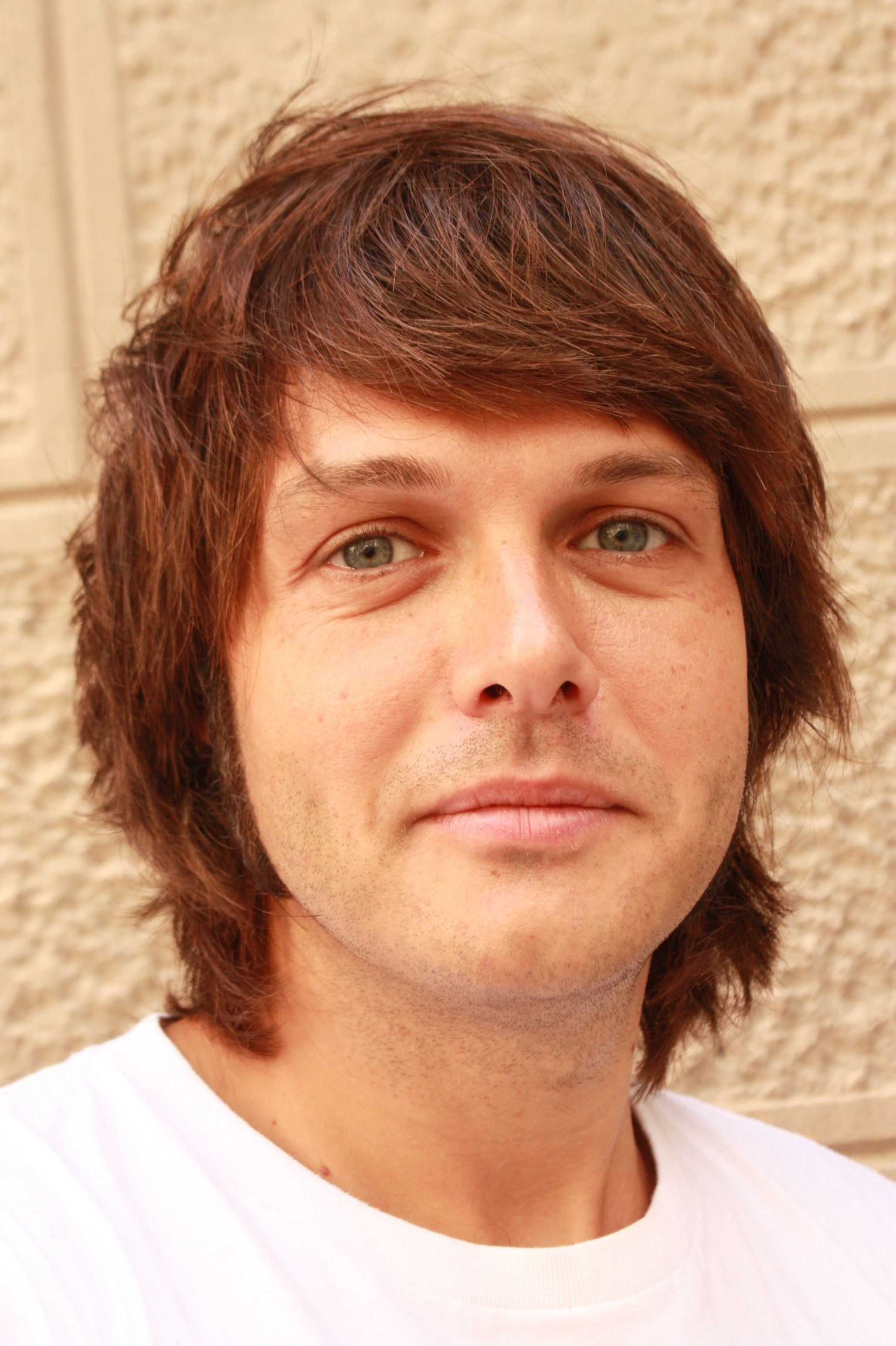
His laboratory aims to understand the molecular mechanisms by which particular neuronal networks control systemic energy and glucose homeostasis. In particular, one of their current interest is focused on the multifaceted roles of mitochondria in specific subsets of hypothalamic neurons and their link with metabolic control.
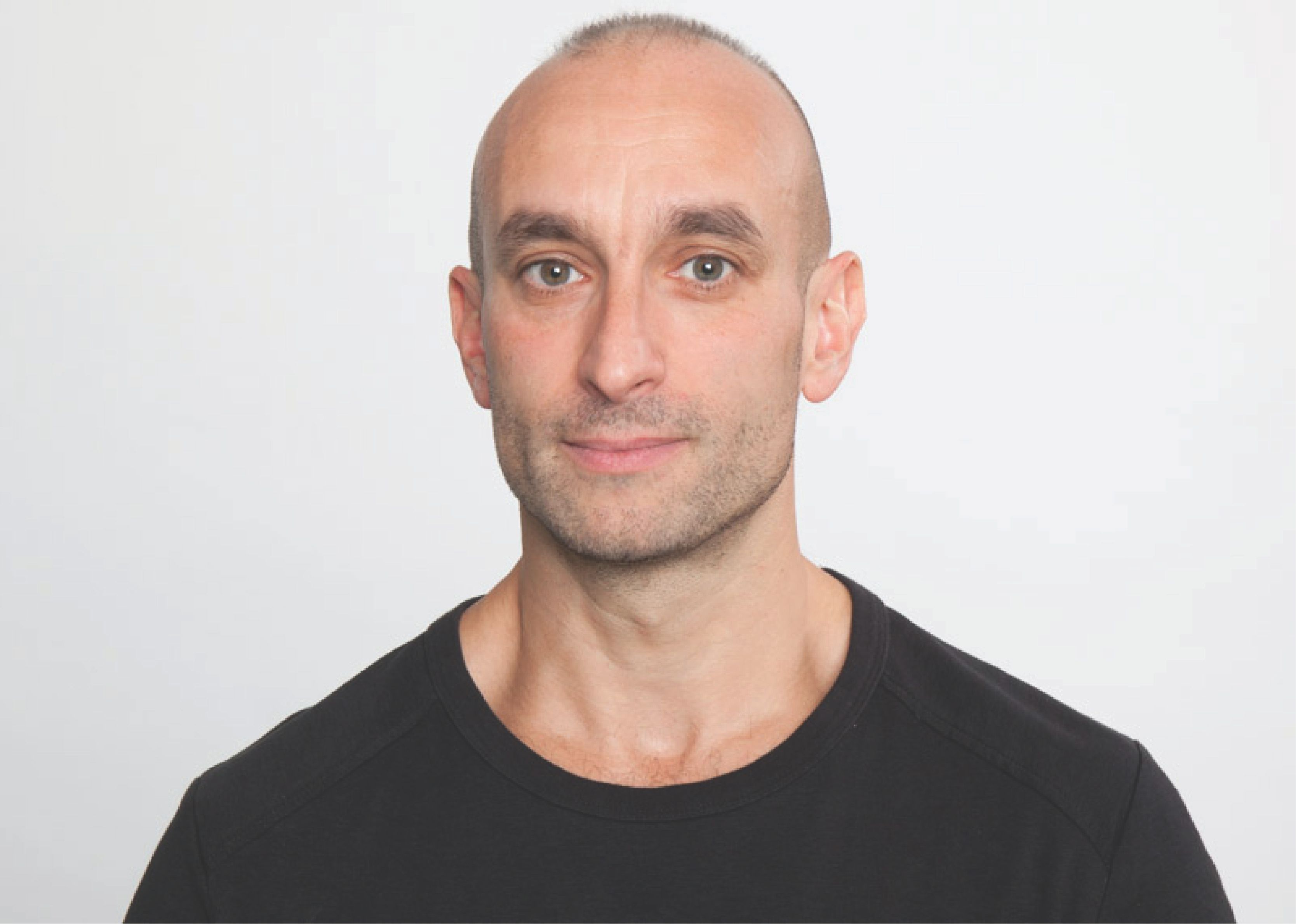
His research focuses on understanding mechanisms of various pathologies associated to the gastrointestinal tract in response to environmental factors. His lab uses an interdisciplinary approach at the interface between mouse models and state-of-the art technology.
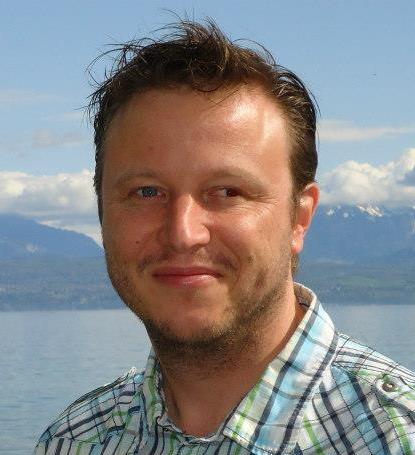
The main goal of his group´s research is to determine the molecular links between the molecular circadian clock, feeding rhythms, and animal metabolism, focusing on hepatic metabolism. Recently, they focused their activity on the role of circadian clock-coordinated post-translational regulations on this process.
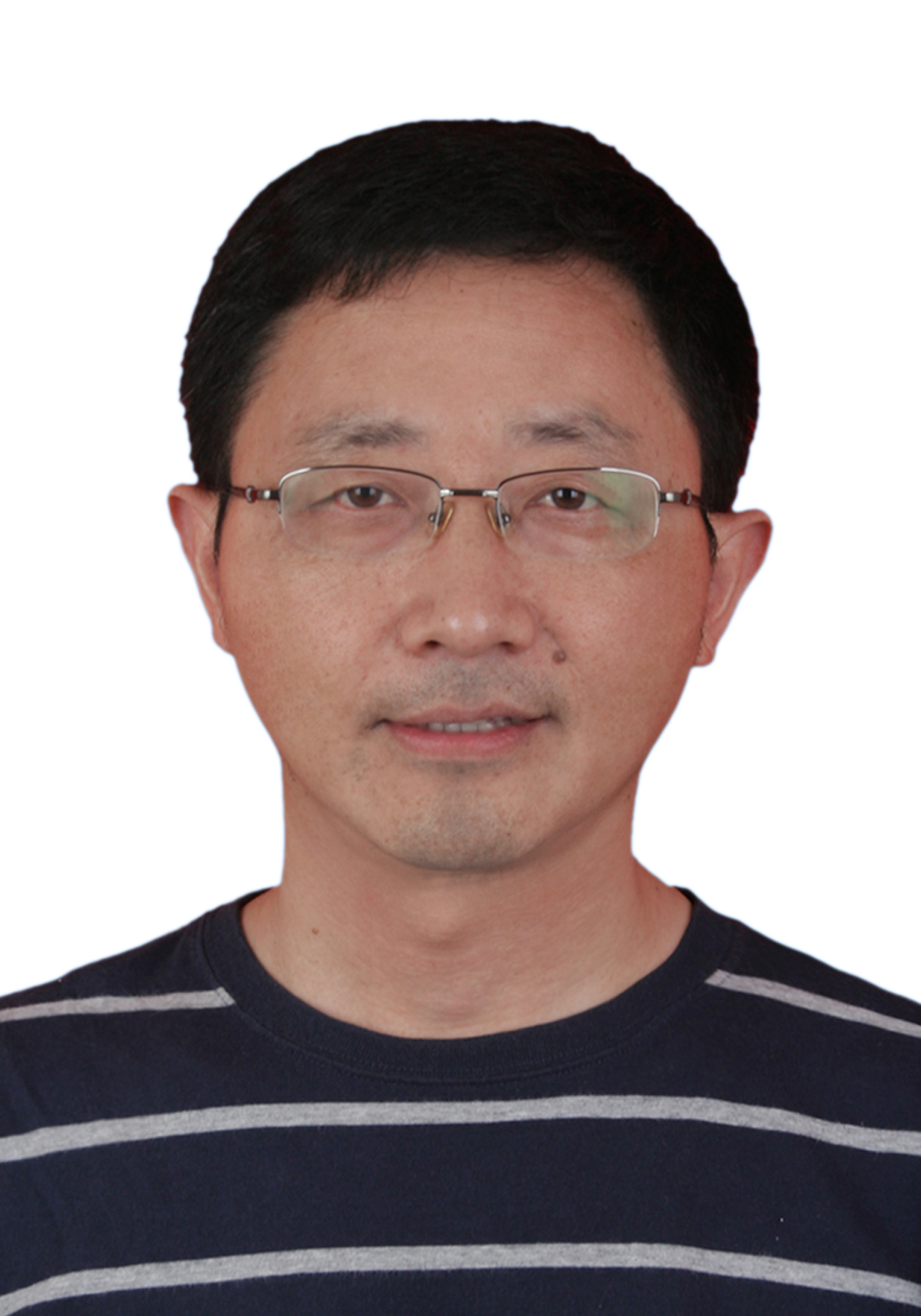
Dr. Ping Gao is currently a professor and principle investigator at University of Science and Technology of China. His Lab is focused on studying the cellular metabolism, in particular cancer metabolism, to explore new strategies for cancer therapy.
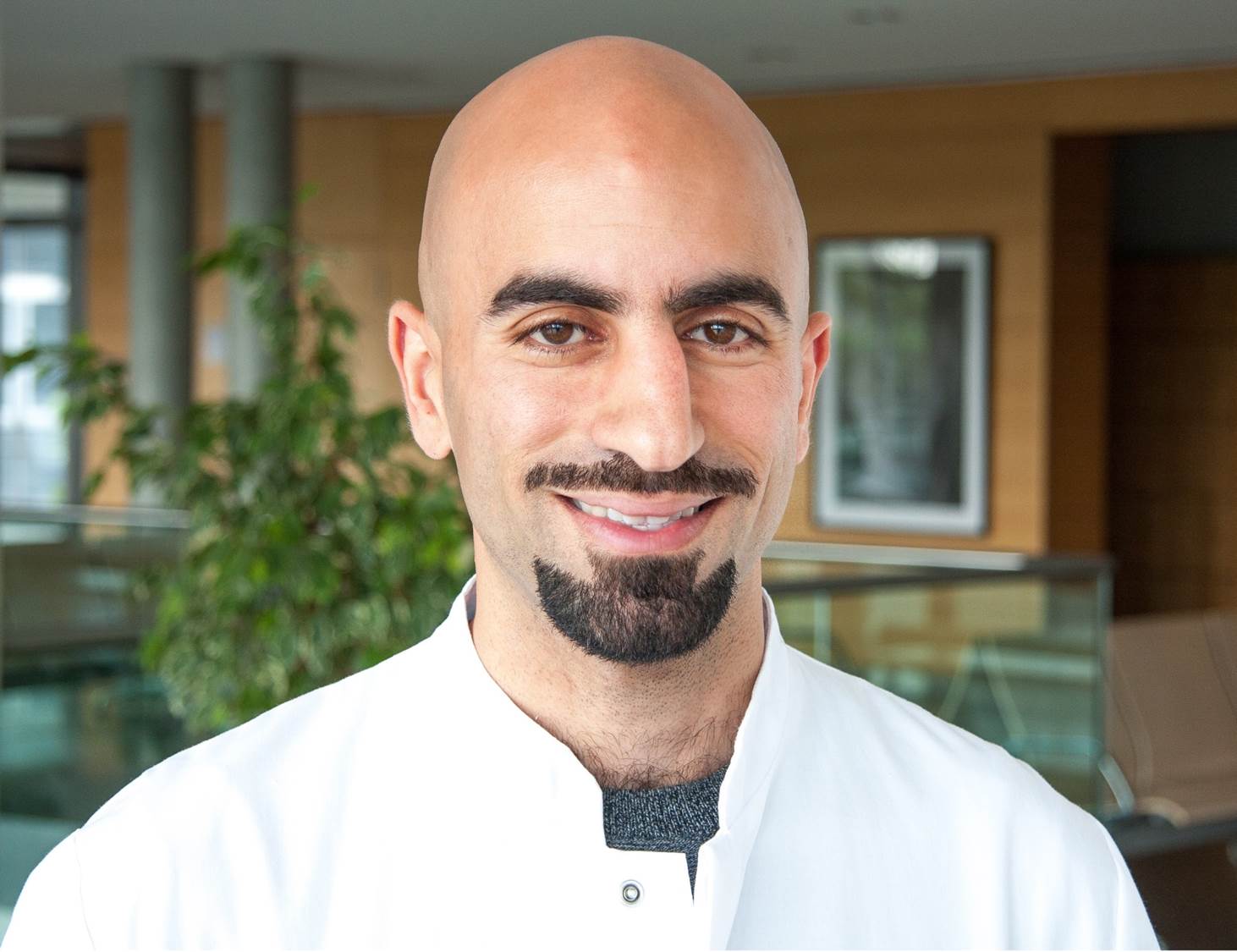
His group studies the interaction between the gastrointestinal tract, adipose tissue and the brain in regulating whole-body energy and glucose balance. As a prime example, they use animal models of Roux-en-Y gastric bypass surgery to help develop new treatment options for obesity and diabetes.
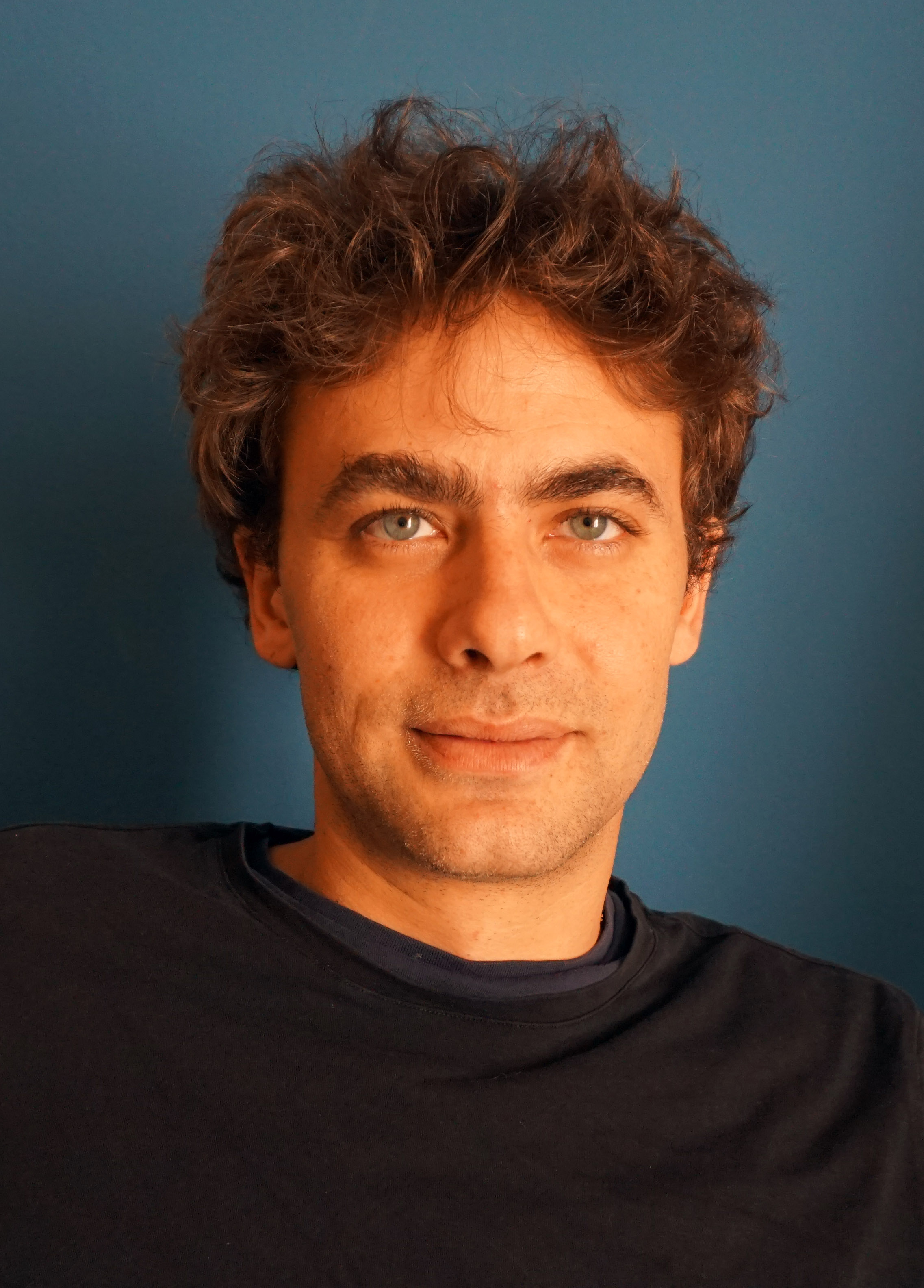
In his research he explores biochemical pathways and investigates metabolic-reprogramming-events in cells to ultimately understand their functional consequences. He is focusing on immunometabolism and cancer metabolism.
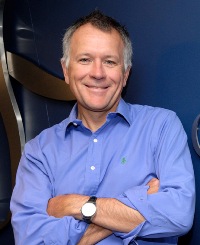
He is interested in the molecular control of insulin sensitivity and how this relates to metabolic diseases such as type 2 diabetes and cardiovascular disease. His group is particularly interested in the intersection between genes and the environment and they explore the use of protein phosphorylation and metabolism as dynamic functional readouts of cellular and organismal health and behaviour. They are currently developing a range of systems biology approaches to interrogate this complex problem in order to pinpoint key deterministic features of metabolism and health.
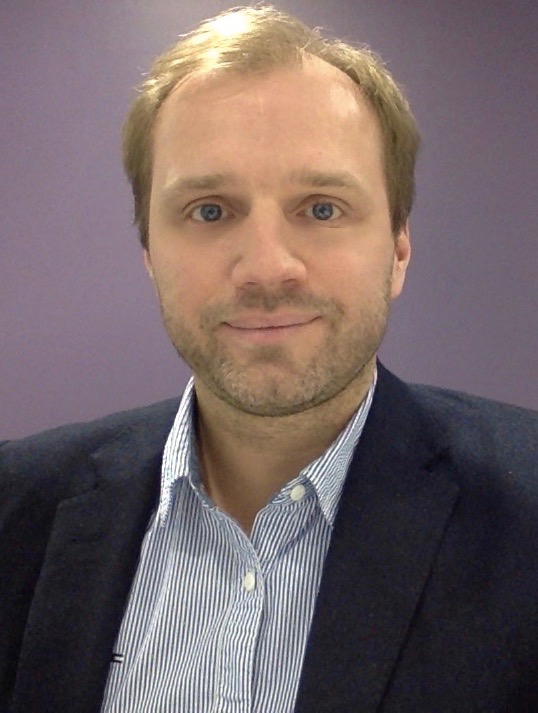
He is a clinician scientist and medical oncologist at the University of Cambridge, UK, and at Cold Spring Harbor Laboratory, USA. His group investigates in laboratory and experimental medicine studies the interaction between the host organism and cancer with a focus on metabolism and immunology.
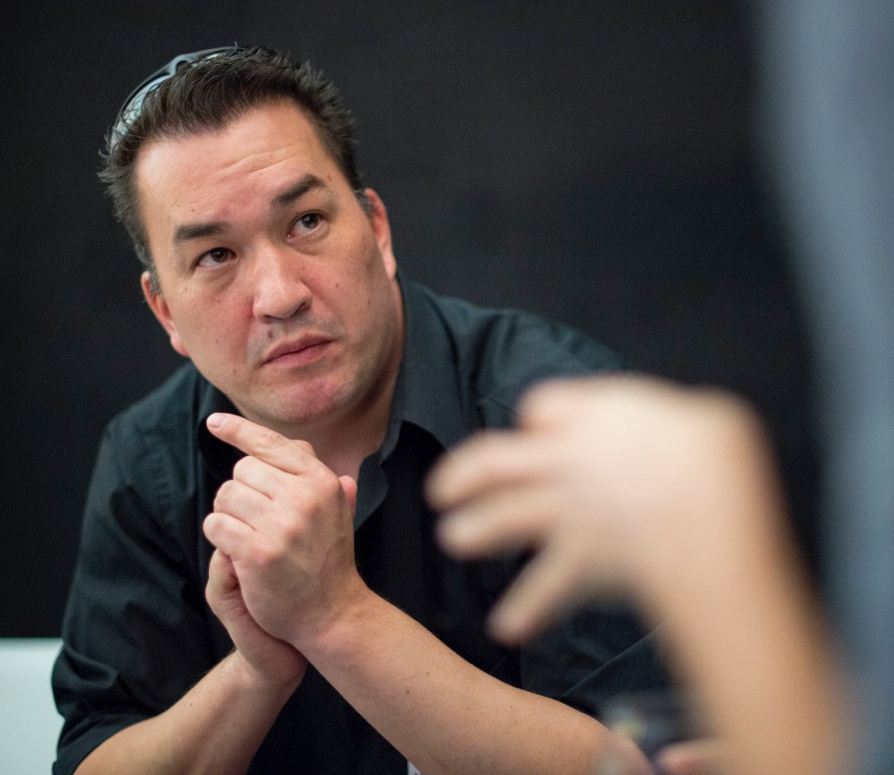
His research is geared towards the understanding in molecular mechanisms of energy metabolism, and how they integrate into physiology, evolution and disease. His group has focussed on the biochemistry, physiology and evolution of uncoupling protein 1, its importance for brown adipose tissue, mammalian non-shivering thermogenesis and metabolic diseases, such as obesity and diabetes.
Prof. Kersten´s research interests revolve around lipids and their metabolism and behaviour in cells and tissues. In particular, he is interested in the regulatory mechanisms activated by lipids and lipid overload in cells.
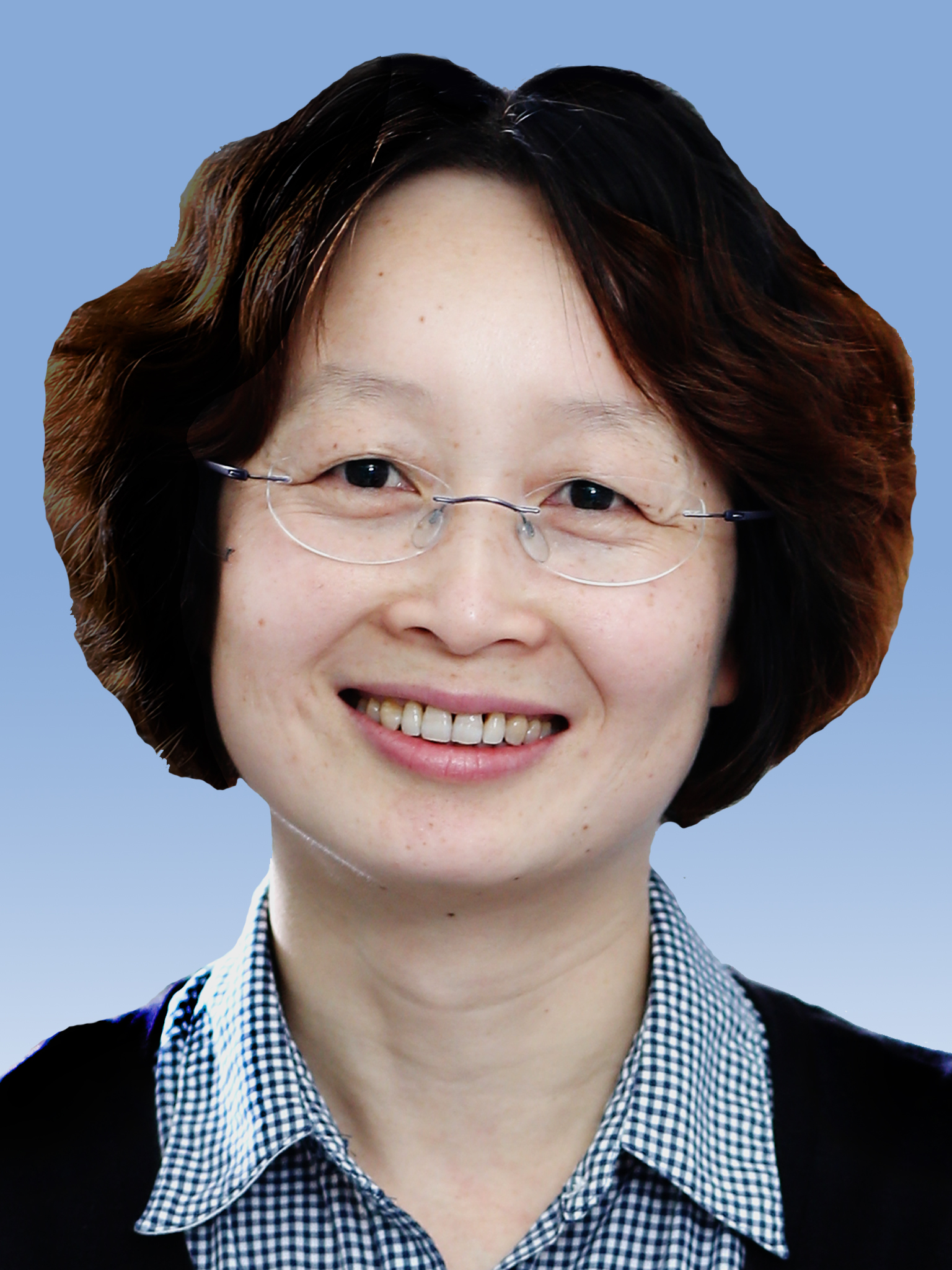
Dr. Lei’s group focus on how altered metabolism contributes to cancer development by exploring the sensing and utilization of different nutrients by cancer cells, identifying key enzymes implicated in oncogenic alterations of metabolism, and investigating the functional interaction of metabolism with tumour microenviroment, etc., hoping to understand the mechanism underlying metabolic alterations during cancer initiation and progression.
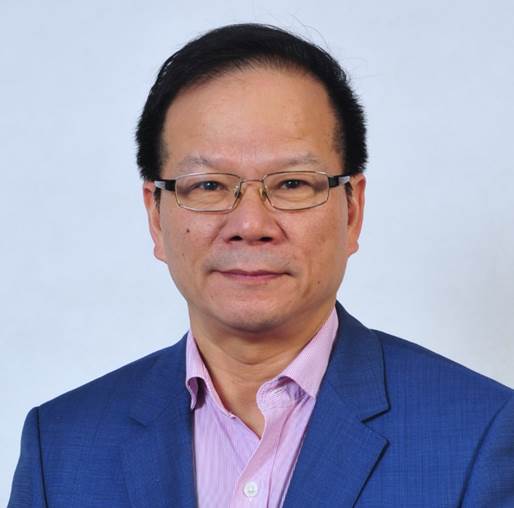
Dr. Sheng-Cai Lin's research focuses on the broad area of metabolic regulation. His team has discovered the mechanisms for linking sensing low glucose to AMPK activation on the lysosome, whcih also leads to mTORC1 inactivation. He is also interested in lipid homeostasis.
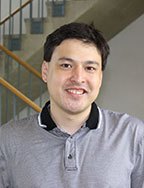
Dr. Locasale uses metabolomics, computational, and molecular approaches to understand metabolism and nutrition and their contribution to health and disease. His research program focuses on three areas: 1) Quantitative biology of metabolism, 2) Metabolic therapeutics and diet in cancer, and 3) Understanding the nexus of metabolism and chromatin biology and epigenetics.
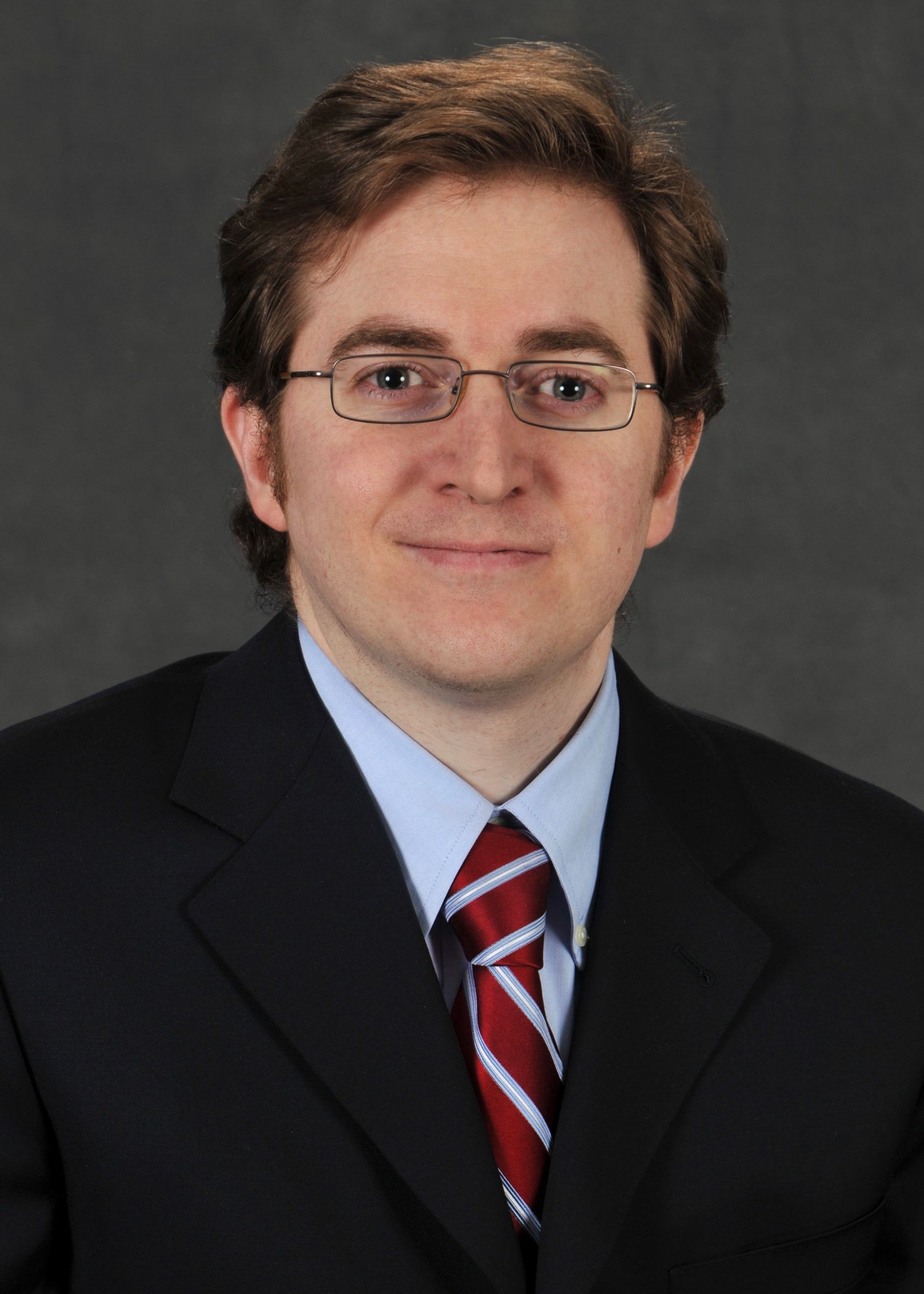
Dr. Martinez Outschoorn is a Medical Oncologist who studies the mechanisms by which cancer cells alter the metabolism and redox state of their microenvironment. He also conducts clinical trials to determine how to treat cancer by reversing the tumor microenvironment reprogramming induced by cancer cells.
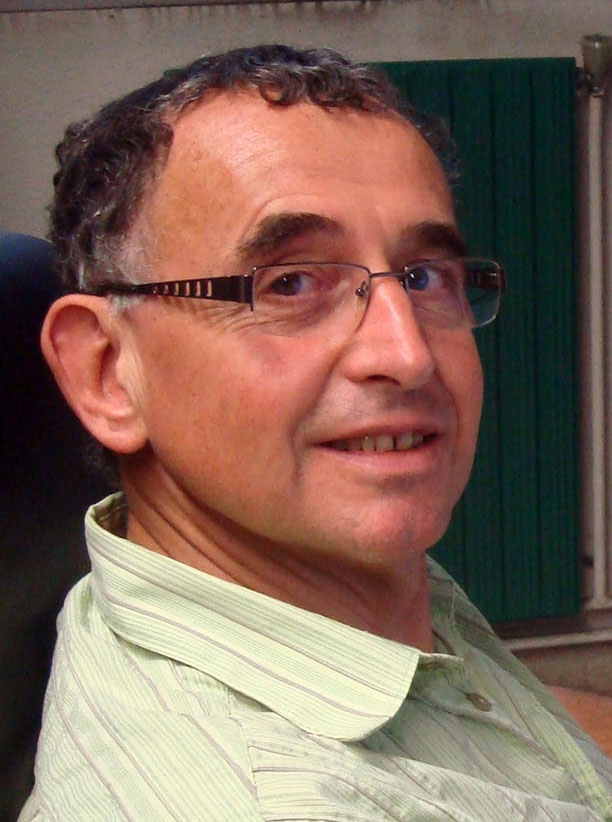
Gilles Mithieux is interested in the control of energy homeostasis by the brain. He notably established that glucose produced by the intestine via gluconeogenesis is sensed by specific nerves in the portal vein, which signals to the brain. In addition to a decrease in hunger, the brain initiates a set of metabolic benefits in the peripheral organs, with targets as hepatic glucose production, insulin sensitivity, energy expenditure or inflammation.
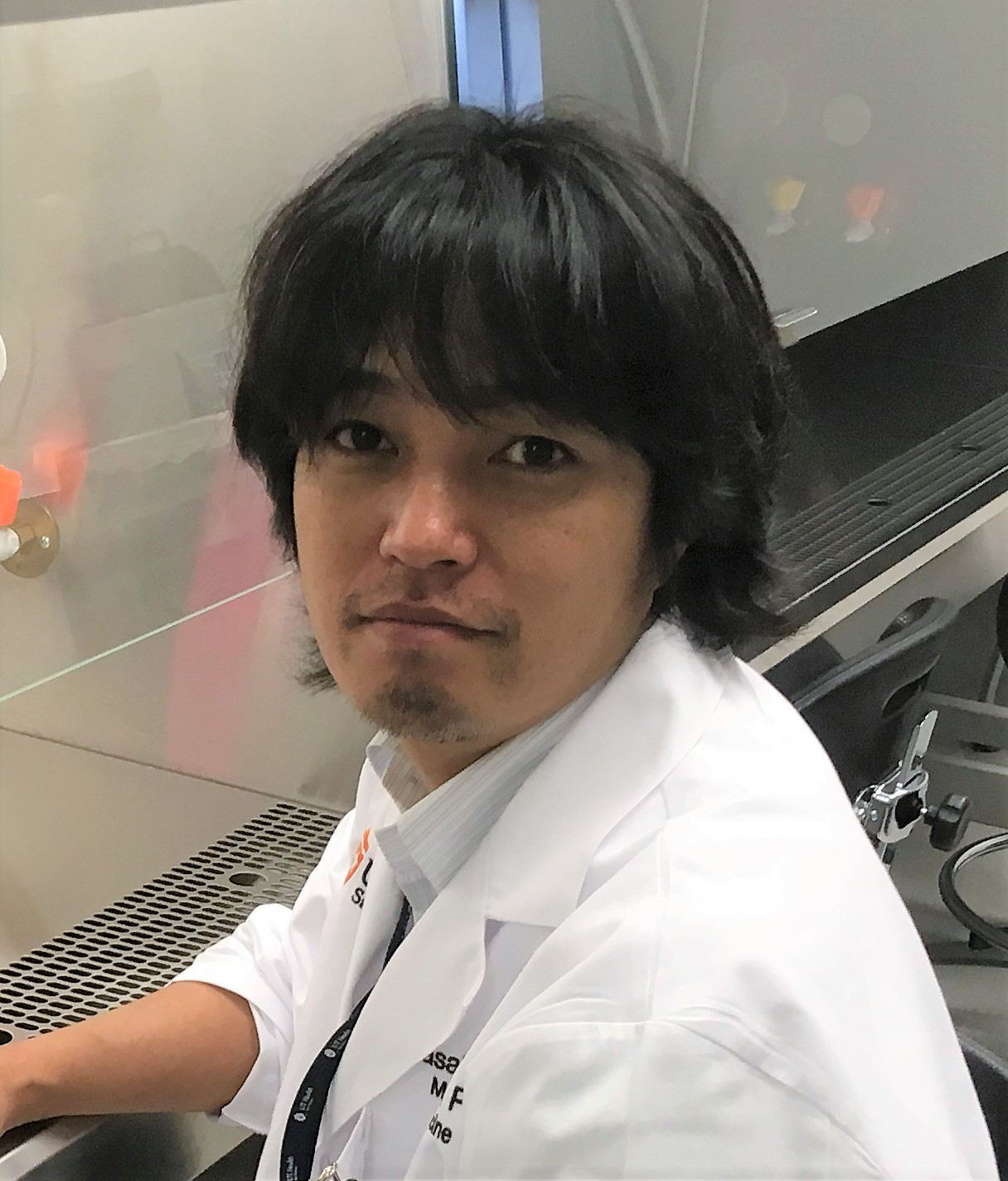
His research focuses on the post-transcriptional control of cancer and metabolic diseases. His recent work reveals the pathways that relate the post-transcriptional regulation (e.g. mRNA translation and degradation) to metabolic perturbations in cancer, and provides novel therapeutic strategies to target cancer energetics.
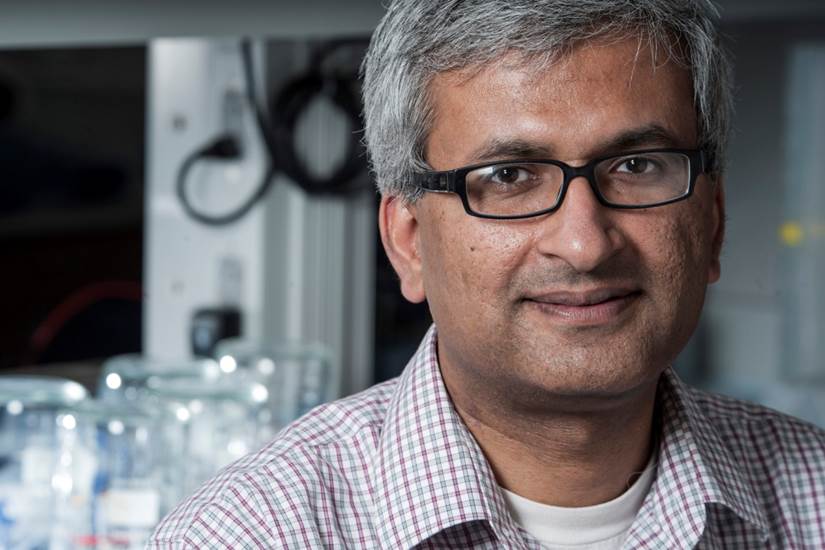
His group´s research interests lie in the systems biology of metabolic diseases, specifically cancer. Their aim is to understand the role of metabolism in cancer progression, growth and metastasis. They use genetic and metabolic design principles to analyze healthy and diseased biological states. They are working to uncover the metabolic interactions between cancer cells and cells in neighboring tissue that support cancer growth and metastasis. Their research integrates both experimental and computational tools to develop a recipe for maintaining normal function of various organs.
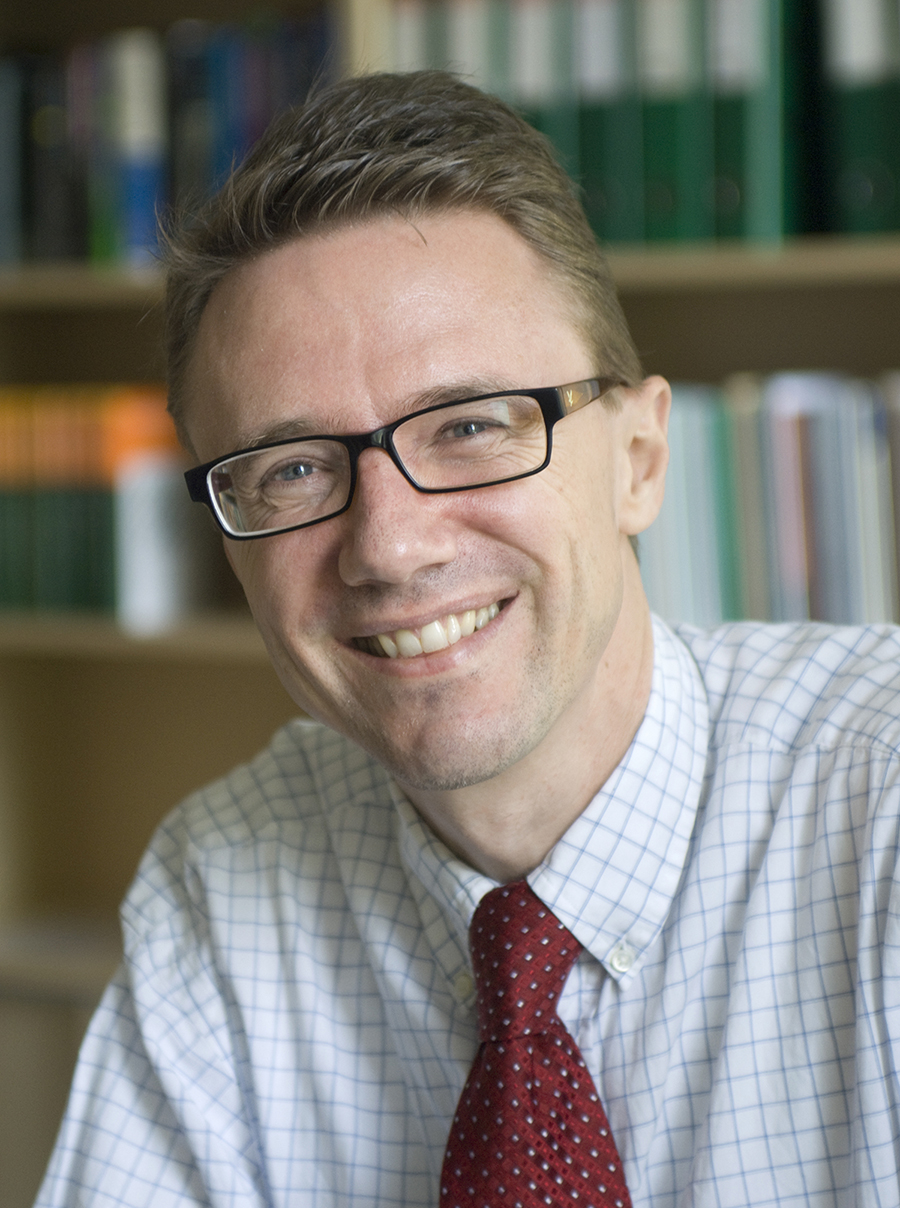
Jens Nielsen is doing research on metabolism. Using systems biology approaches he is engineering yeast metabolism for development of novel cell factories. Using the same approaches he is studying how human metabolism is altered in response to disease development.
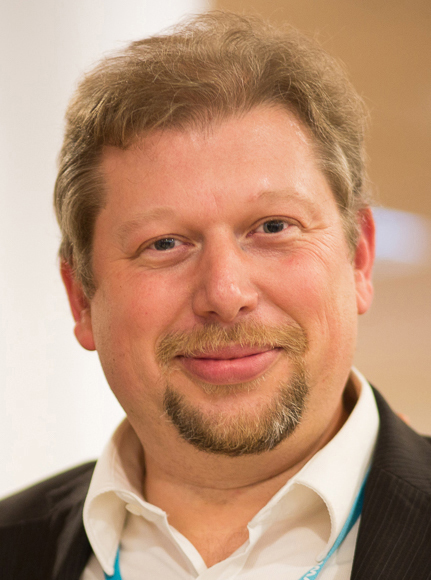
Pierre Sonveaux is professor of pharmacology at the Université catholique de Louvain (UCL, Belgium), Senior Research Associate of the Belgian F.R.S.-FNRS and President of the International Society of Cancer Metabolism (ISCaM). His researches aim to characterize cancer metabolism in tumors as an organ in order to identify and validate new anticancer targets. Based on collaborative work, key achievements include the identification of a metabolic symbiosis in cancer and of mitochondrial superoxide as an amenable target for the prevention of cancer metastasis.
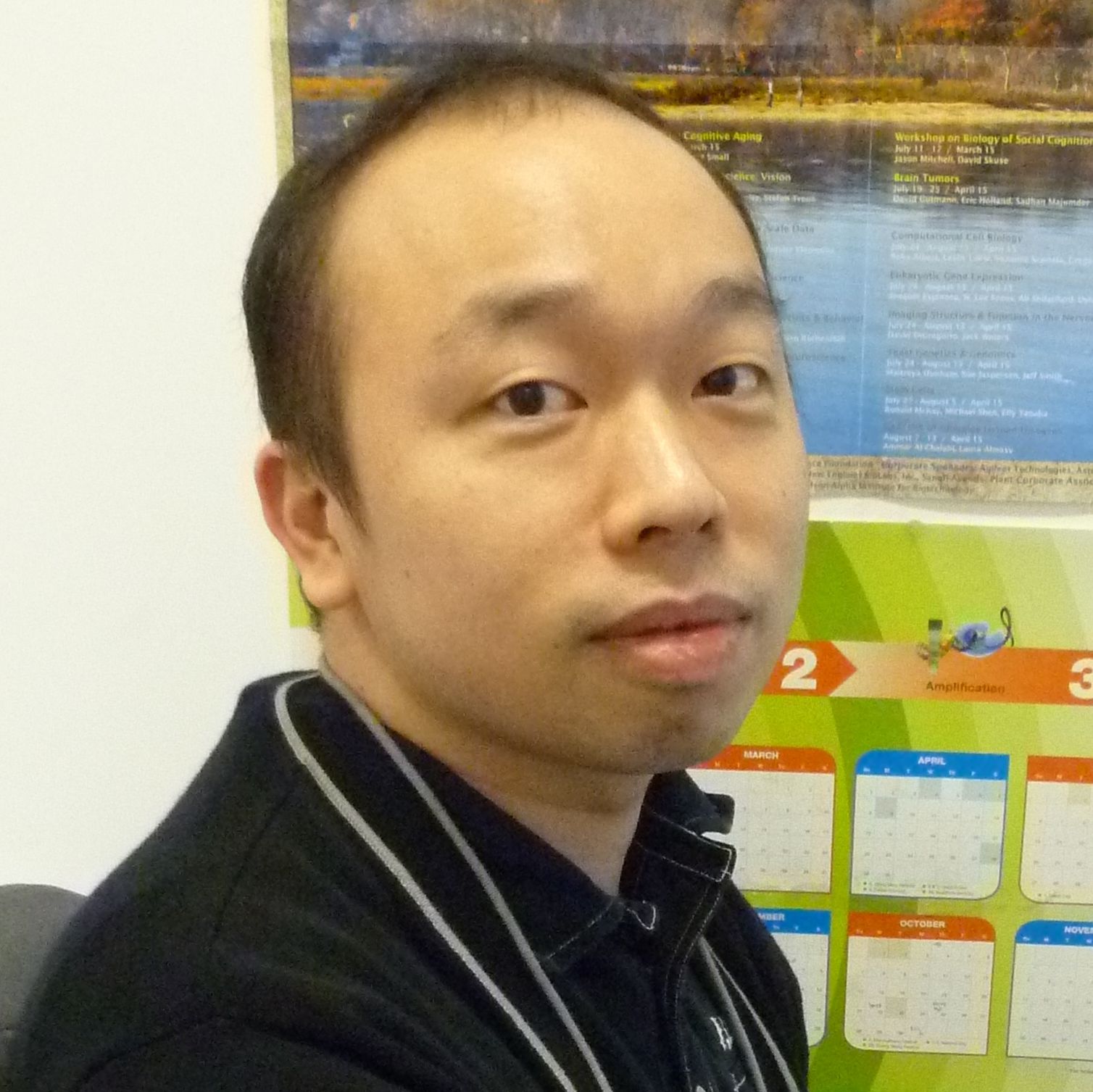
His current research interests focuses on exploring novel metabolic factors and studying their roles in metabolic stress. He is also studying the mechanisms of antioxidant enzymes in maintaining of genomic stability.
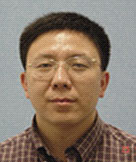
His research group focuses on identification and functional characterization of stress-responsive hormones, such as FGF21 and adiponectin. They are also interested in molecular pathways whereby metabolic stresses trigger inflammation and cardiometabolic diseases in obesity.
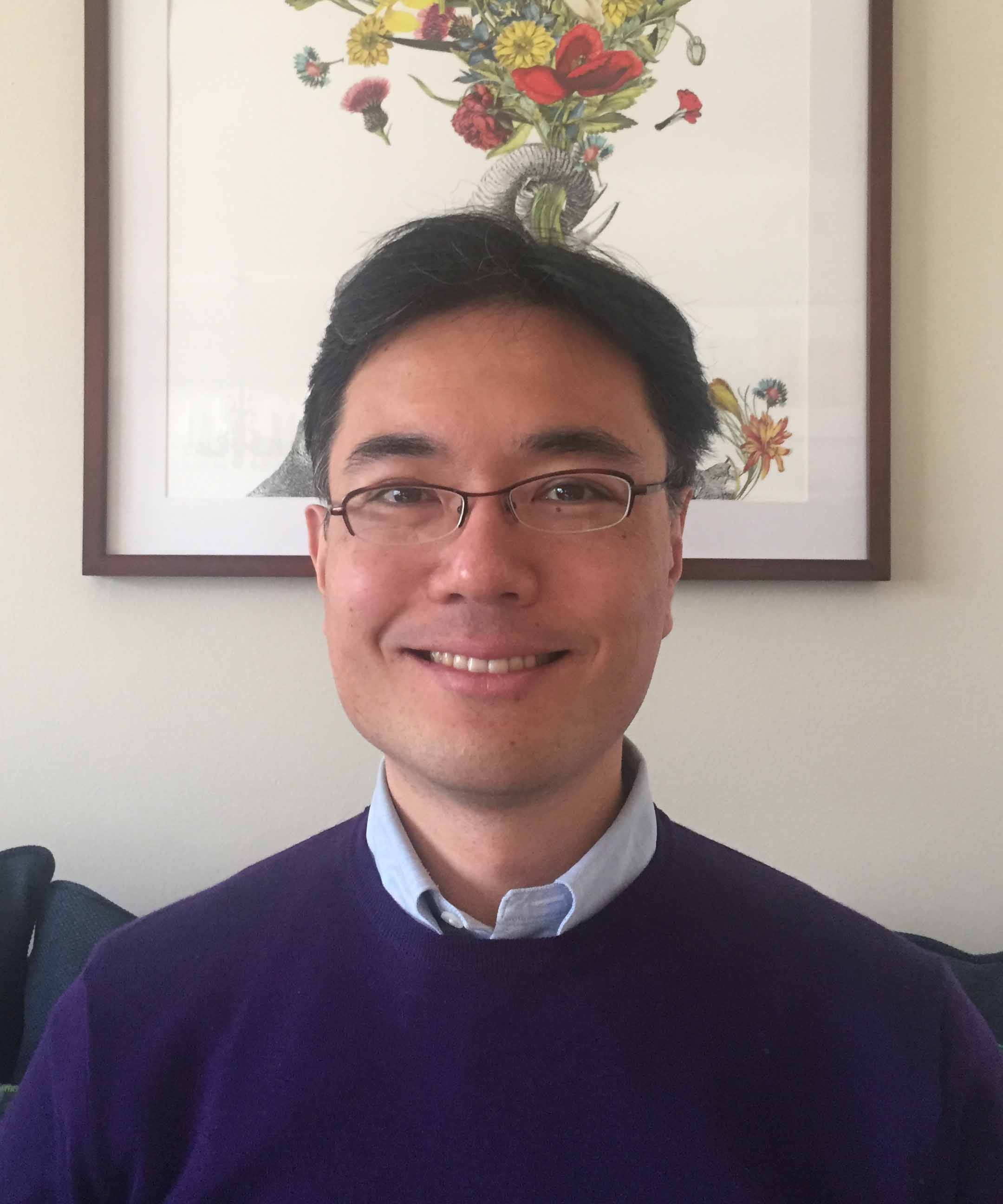
His research focuses on the importance of adipose tissue in metabolism and obesity. To this end, his laboratory is conducting translational research and studying the roles of two distinct but interrelated metabolic pathways, namely NAD biology and clock genes.
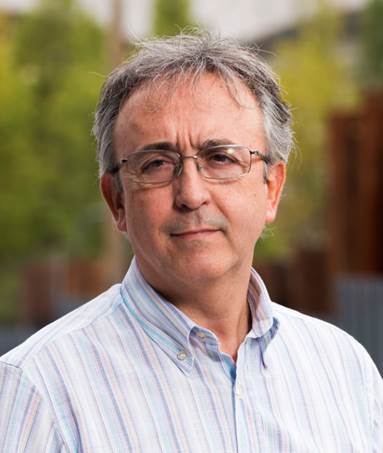
Professor Zorzano’s research focuses on the regulation of metabolism and its interplay with insulin resistance, obesity and type 2 diabetes. His current interest links metabolism with mitochondrial dynamics, and autophagy, and the pathways involved in the induction and in the consequences of mitochondrial stress. A global goal of his group is to identify and validate molecular targets that permit the prevention or treatment of insulin resistance, type 2 diabetes or obesity by using cell-based systems, genetically modified mice, and translational approaches.
Mitochondria and Oxidative Stress
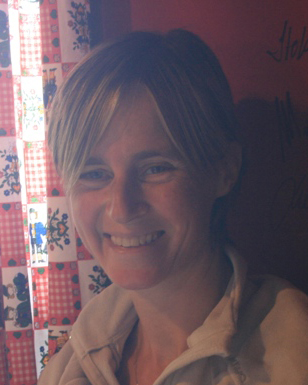
Silvia Campello is mainly studying the role of mitochondrial dynamics in immunological processes fundamental for T cell physiology and she developed in recent years a good expertise on studying and analyzing mitochondrial morphology, so "touching" fundamental cell processes like apoptosis as well as autophagy. She recently found that mitochondrial fission promotes lymphocyte chemotaxis and the physiological apoptosis called Activation-Induced Cell Death (AICD), by unraveling a previously unexpected role for morphological mitochondrial adaptations in the immune system. Her group is now investigating on the role of mitochondrial dynamics in lymphocyte development and transformation, where migration is decisive.

The research of his group deals with the dynamic of mitochondrial protein complexes. Environmental changes, like the availability of nutrients or oxygen supply leads to drastic reorganization of the mitochondria. They are interested in the adaption of mitochondrial protein complexes, e.g respiratory chain and MICOS, to understand the mechanism of these functional units on the molecular level.
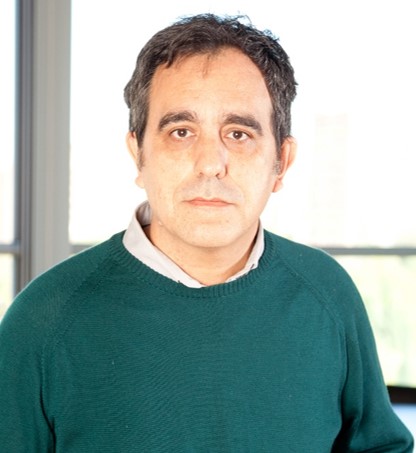
His research is focused on the mammalian mitochondrial electron transport chain (MtETC) and H+ ATP synthase, which together constitute the oxidative phosphorylation (OXPHOS) system.
He views this system as a functional entity, and uses a range of approaches aimed at determining its role in health and disease. He is particularly interested in the role of the OXPHOS system in the development of the cardiovascular system, its relevance to ischemia-reperfusion, and its influence on microvascular blood flow.
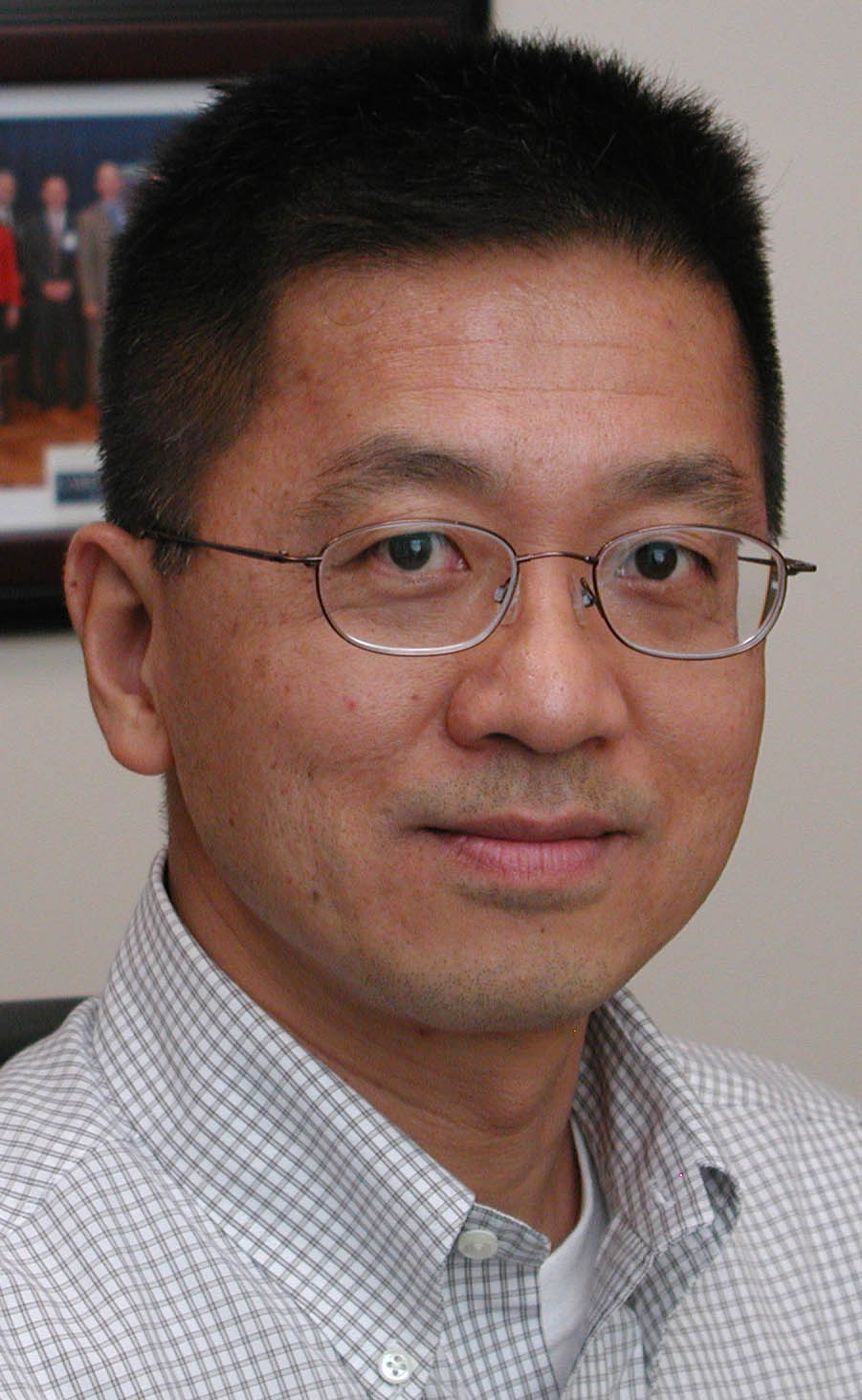
A focus of their research is to examine the role of p53 in regulating the mitochondria as a cellular stress response. They are also interested in understanding the role of mitochondrial metabolism in cancer and cardiovascular biology with the goal of translating new insights into strategies for cardiovascular health maintenance and cancer prevention.
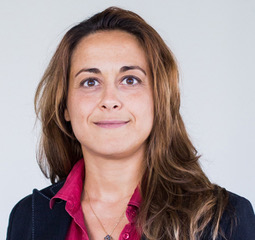
The research of her group aims to achieve a systems-level understanding of mitochondria as dynamic receivers and integrators of signaling events, with a particular focus on the molecular reconstruction and pharmacological targeting of calcium-mediated, mitochondrial signal transduction cascades and their relevance in metabolic disorders. To this goal, they combine large-scale, computational and experimental strategies with focused genetic, biochemical, and physiological studies of mitochondrial functions in several model organisms.
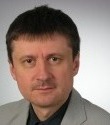
Research of his group focuses on the role of centrosomal proteins and mitochondrial sirtuins in stess-induced senescence and aging.
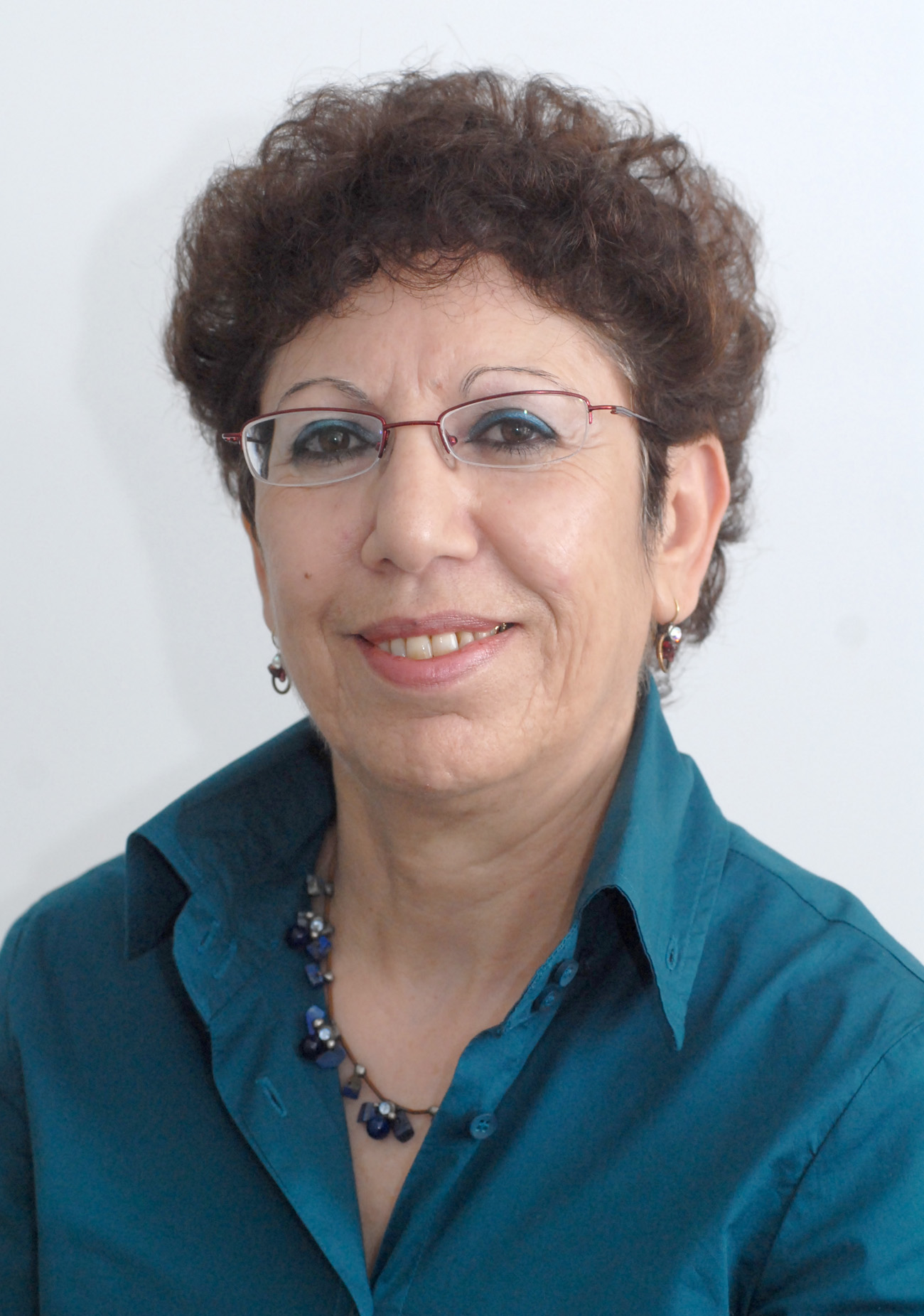
Shoshan-Barmatz’s research interests include structure-function relations of membranal proteins and mechanisms of transport across membranes. She focuses on understanding the molecular components of the mitochondrial apoptotic machinery with the aim of minimizing the self-defense mechanisms of cancer cells and stimulating their death as a means of developing cancer therapies. Her studies are centred on the voltage-dependent anion channel, VDAC, a multi-functional protein serving as a mitochondrial gate-keeper, controlling cell metabolism, apoptosis, and associated with diseases such as cancer and neurodegeneration.
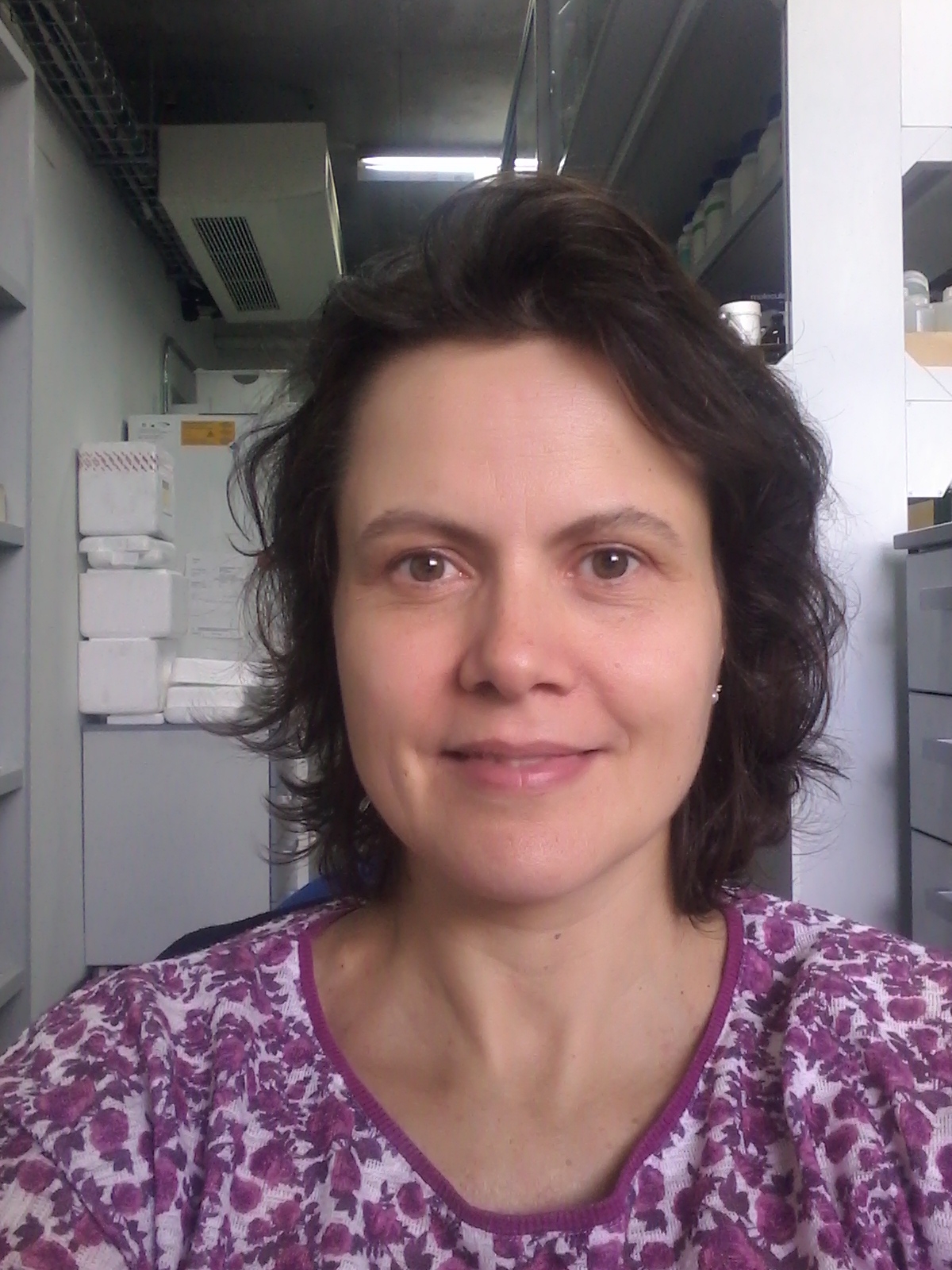
Her major focus of research is the study of the mechanisms controlling mitochondrial gene expression and physiology. She has described a new family of mitochondrial proteins, the so called FASTK (Fas-activated serine threonine kinase) family, and elucidated the role of some of its members in mitochondrial gene expression, OXPHOS enzymes activities and disease.
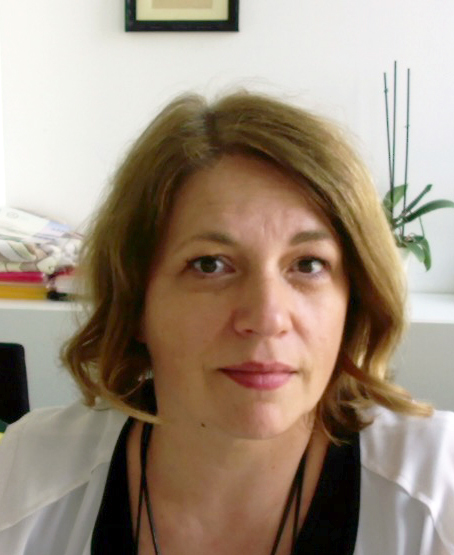
The research focus of Aleksandra Trifunovic’s group is to find and understand the major stress responses activated upon mitochondrial dysfunction and how they contribute to maintenance of cell and whole body homeostasis in disease progression or during ageing. By deciphering the signaling cascades, they are seeking to understand the pathomechanisms of mitochondrial diseases and develop new therapeutic approaches.
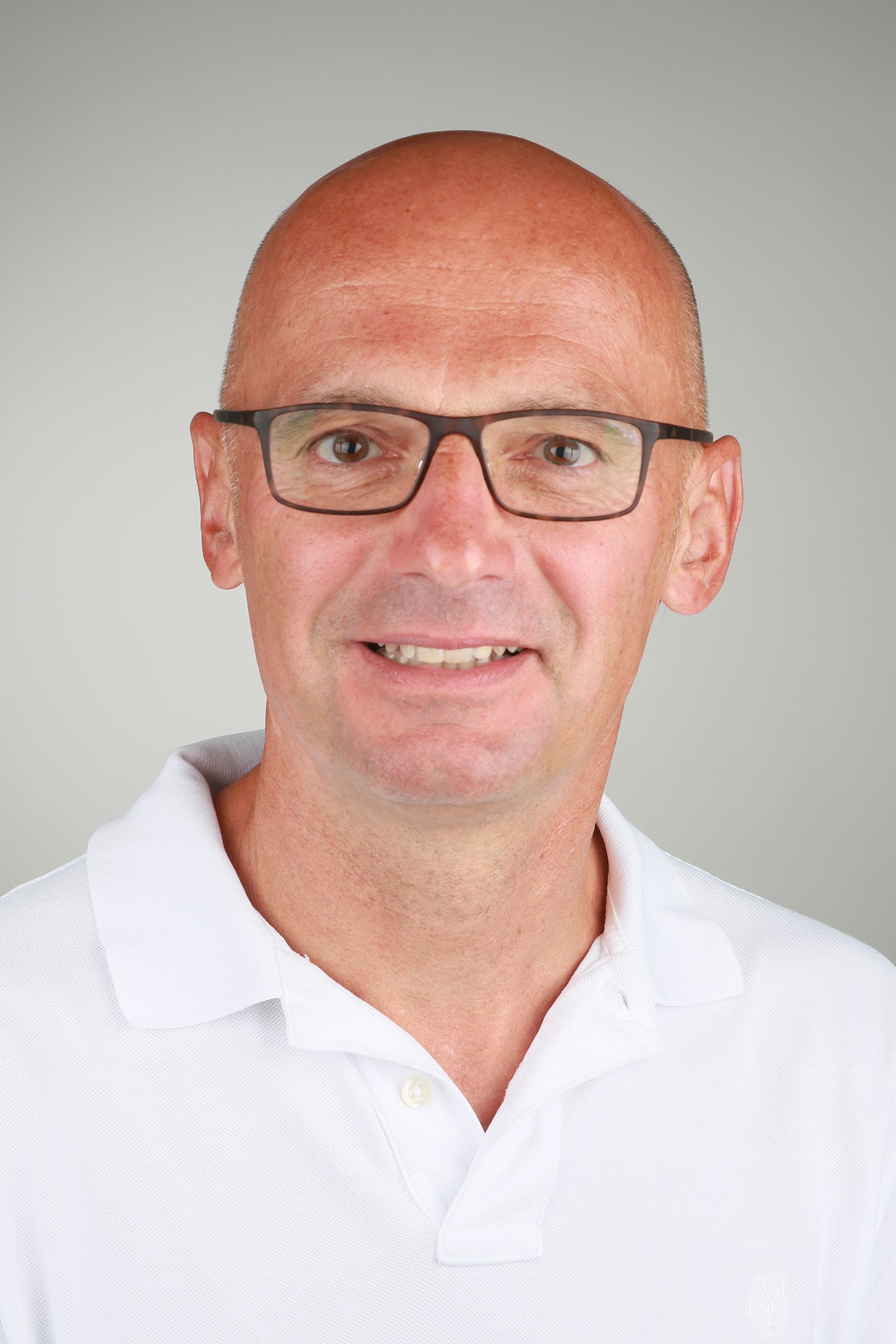
His research focuses on understanding the role of signaling through mitogen-activated protein kinases (MAPKs) in oncogenesis as well as dissecting the crosstalk between cytoplasmic signaling and mitochondria to control mitochondrial function. In addition he is interested in controlling redox stress to prevent ischemia-reperfusion injury in solid organ transplantation.
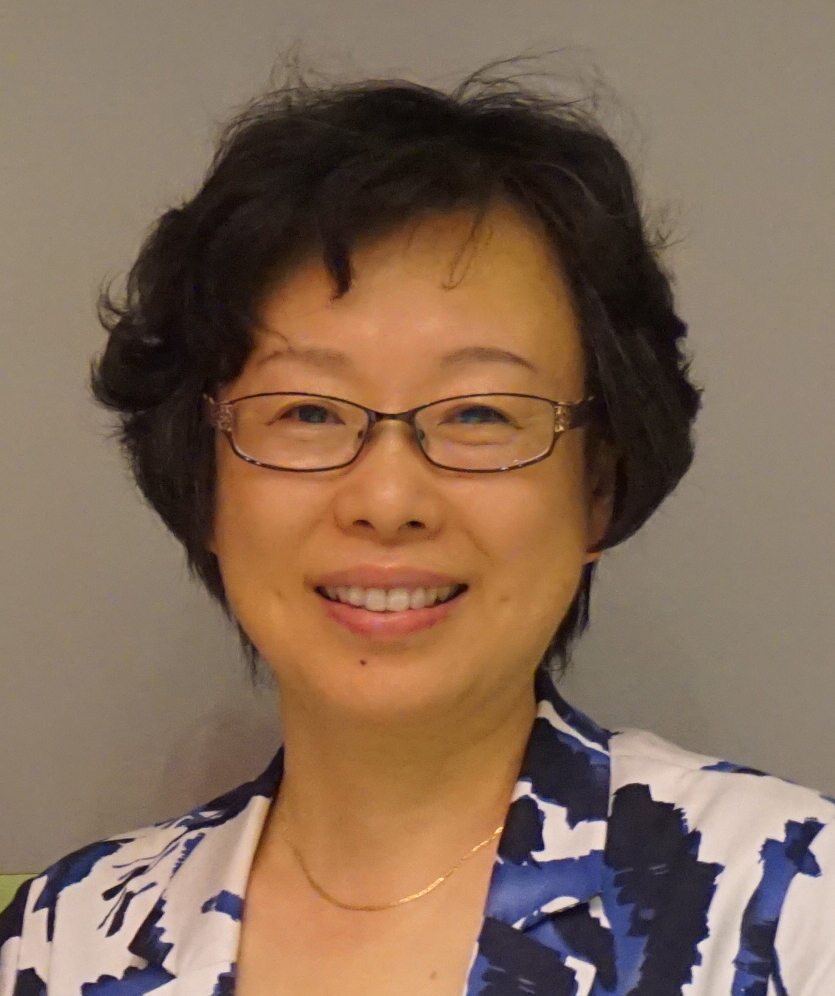
She is generally interested in reactive oxygen species-related protein modifications, cell stress signaling and human diseases.
Her lab focuses on reactive oxygen species (ROS) related protein modifications, in particular oxidation and SUMOylation. They found that stress stimuli in various types can induce generation of ROS. In terms of the redox sensing of cellular proteins, ROS are an input, and the protein conformation changes and/or the other PTMs after thiol oxidation are the output. Thus, cells ultimately generate novel signaling patterns and gene expression profiles which mediate physiological and pathological processes.
Neurobiology and Neurodegeneration

Ehud Cohen's primary research interest are neurodegenerative disorders, which share two key features, late-onset and mechanistic links to toxic protein aggregation. How cells handle toxic protein aggregates, whether aging affects the cellular ability to detoxify aggregation in late stages of life and can aging manipulations be used as a counter-proteotoxic strategy are the main interests of his lab.
His research interest is the neurobiology of neurodegenerative disease with focus on mitochondria, axonal transport, and protein quality control in Parkinson’s disease, motor neurone disorders and dementia.
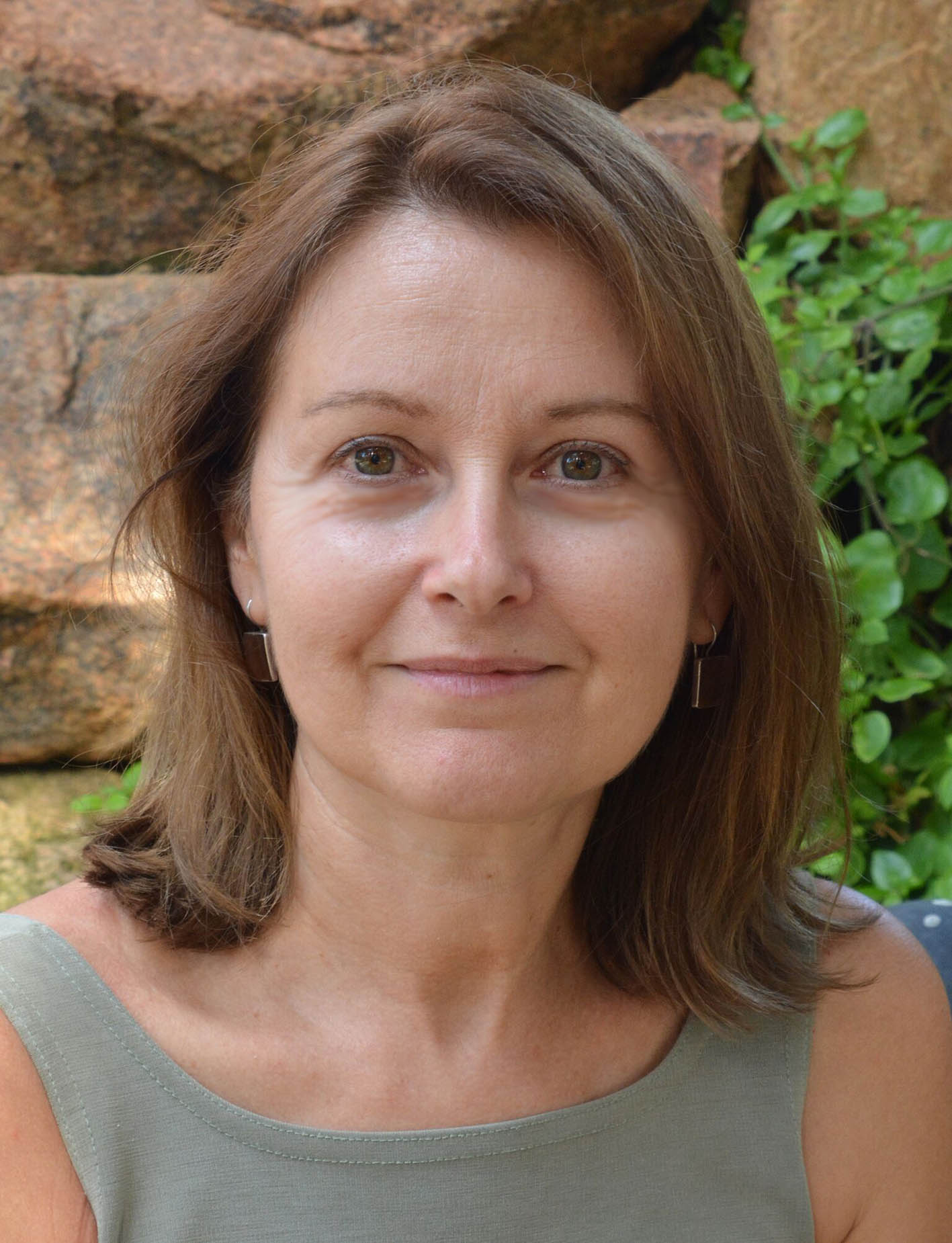
Maria Dominguez is Full Professor from the Spanish National Research Council (CSIC) and Head of the Department of Developmental Neurobiology at the Instituto de Neurociencias in Alicante.
Maria Dominguez's lab studies the mechanisms behind high-order regulation of growth, such as the perfection of bilateral symmetry, and cancer in Drosophila. Her lab is particularly interested in genes that confer such precision in size and robustness against genetic or environmental disturbances. Using the fly as a model system, the lab also studies how mutations in defined genes instigate cancer in the presence of another mutation or environmental stress.

His research is focused on the elucidation of pathophysiological mechanisms of neurodegenerative diseases, especially amyotrophic lateral sclerosis and fronto-temporal dementia. To this aim, he combines multiple approaches, from in vitro, to clinical research, with a specific emphasis on animal models.
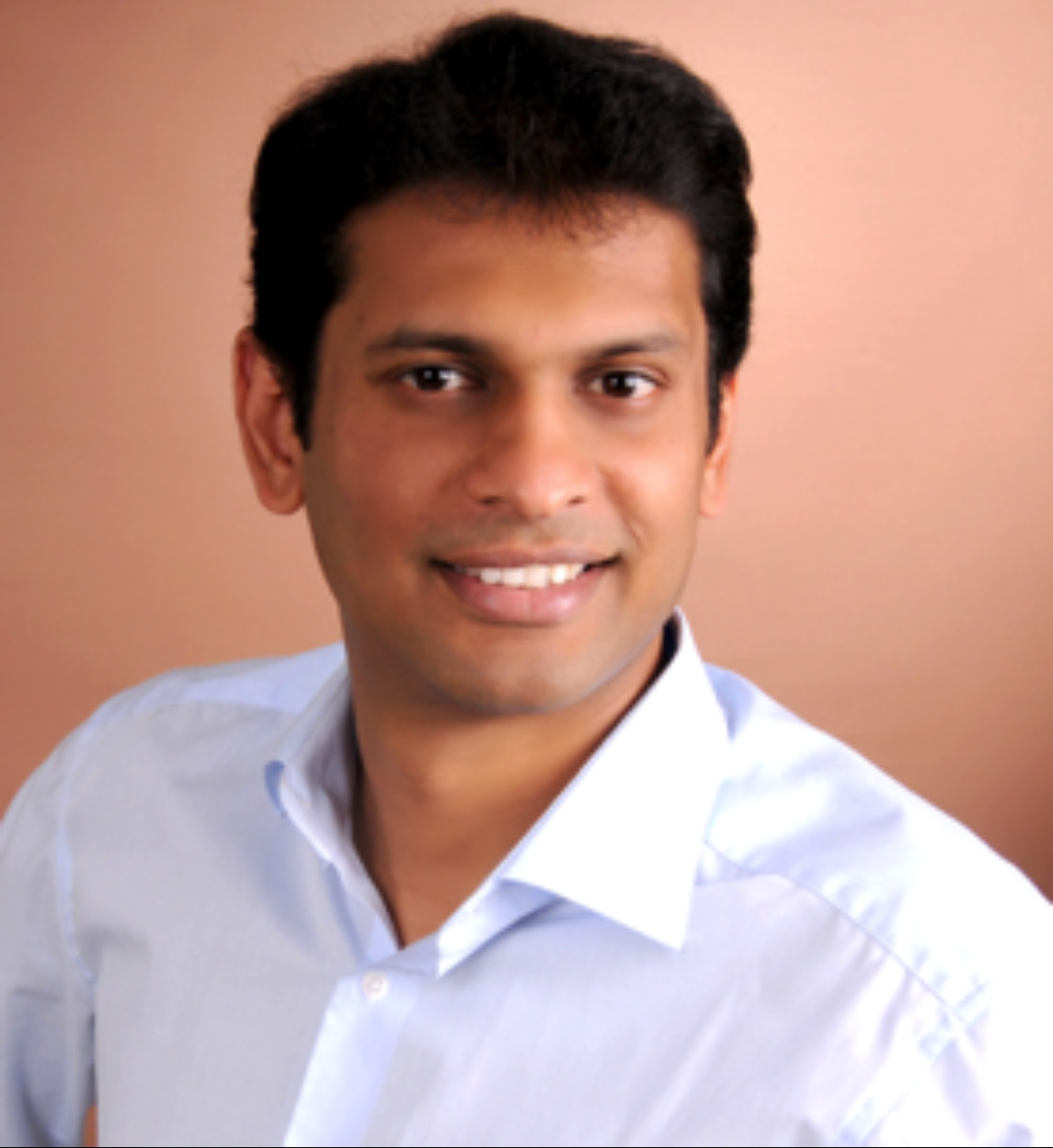
Jay Gopalakrishnan is the head of the research group for human organoids for aging and environmental medicine at the Leibniz Research Institute for Environmental Medicine. He is mainly interested in centrosomes and cilia biogenesis mechanisms and their role in maintaining neural stem cells during brain development and cancer.
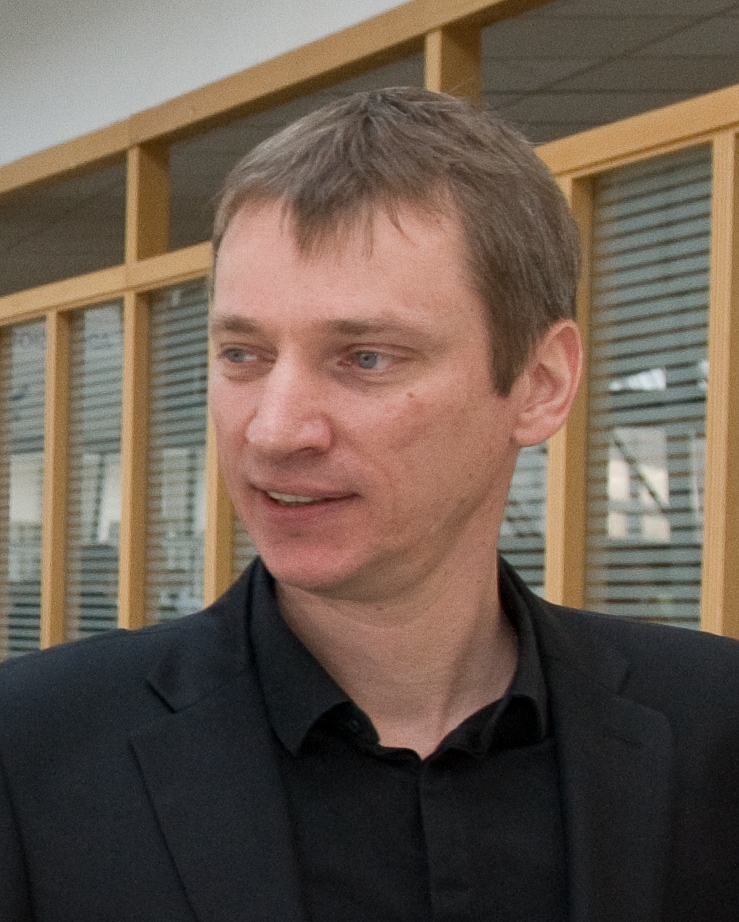
Dr. Pierre Gressens is currently a professor and director of Inserm U1141 at Robert Debre Hospital, Paris, France. His Lab is focused on studying the cellular and molecular mechanisms of diseases of the developing brain.
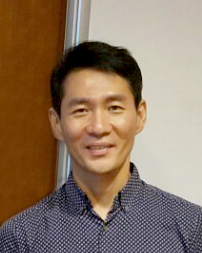
Research in the Kang lab (http://kang-lab.com/) focuses on the mechanisms of neurodegeneration in Alzheimer’s disease (AD) and related neurological disorders such as Frontotemporal dementia (FTD) and Amyotrophic Lateral Sclerosis (ALS). Specifically, they are interested in 1) the mechanisms of Abeta production and neurotoxicity, 2) signal transduction mechanisms between Abeta and tau, 3) interplay between pathogenic proteins such as tau and the UPR and chaperone systems, 4) mechanisms underlying mitochondrial dysfunction in AD and FTD/ALS, 5) role of selective autophagy and mitophagy in the accumulation of toxic components, and 6) the study of extracellular vesicles (i.e. exosomes) as disease biomarkers and agents of neurodegeneration.

His research mainly focuses on exploring the mechanisms of axons wiring in the developing spinal cord, and also the mechanisms underlying neural regeneration and neural circuit reestablishment after spinal cord injury.
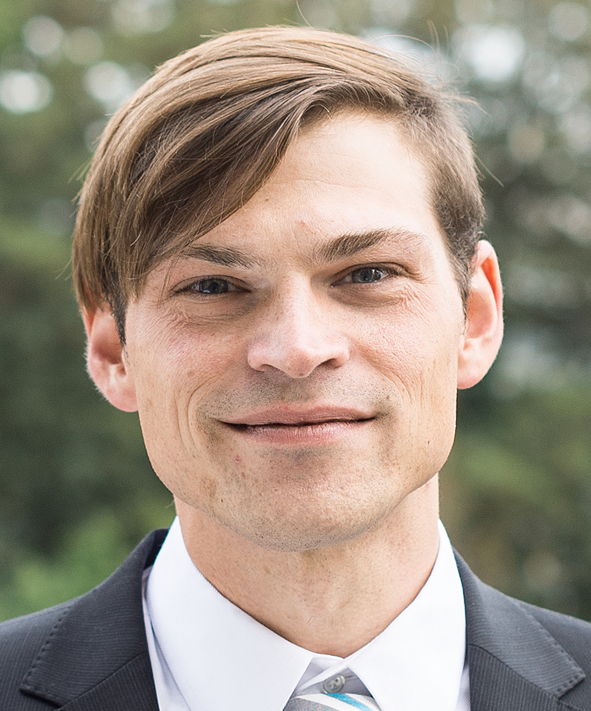
Dr. Marc-David Ruepp is interested in dysfunctional RNA metabolism in neurodegenerative diseases. His group focuses on the physiological roles of the RNA-binding protein Fused in Sarcoma (FUS) and the pathomechanisms by which FUS mutations lead to the neurodegenerative disease Amyotrophic Lateral Sclerosis (ALS).
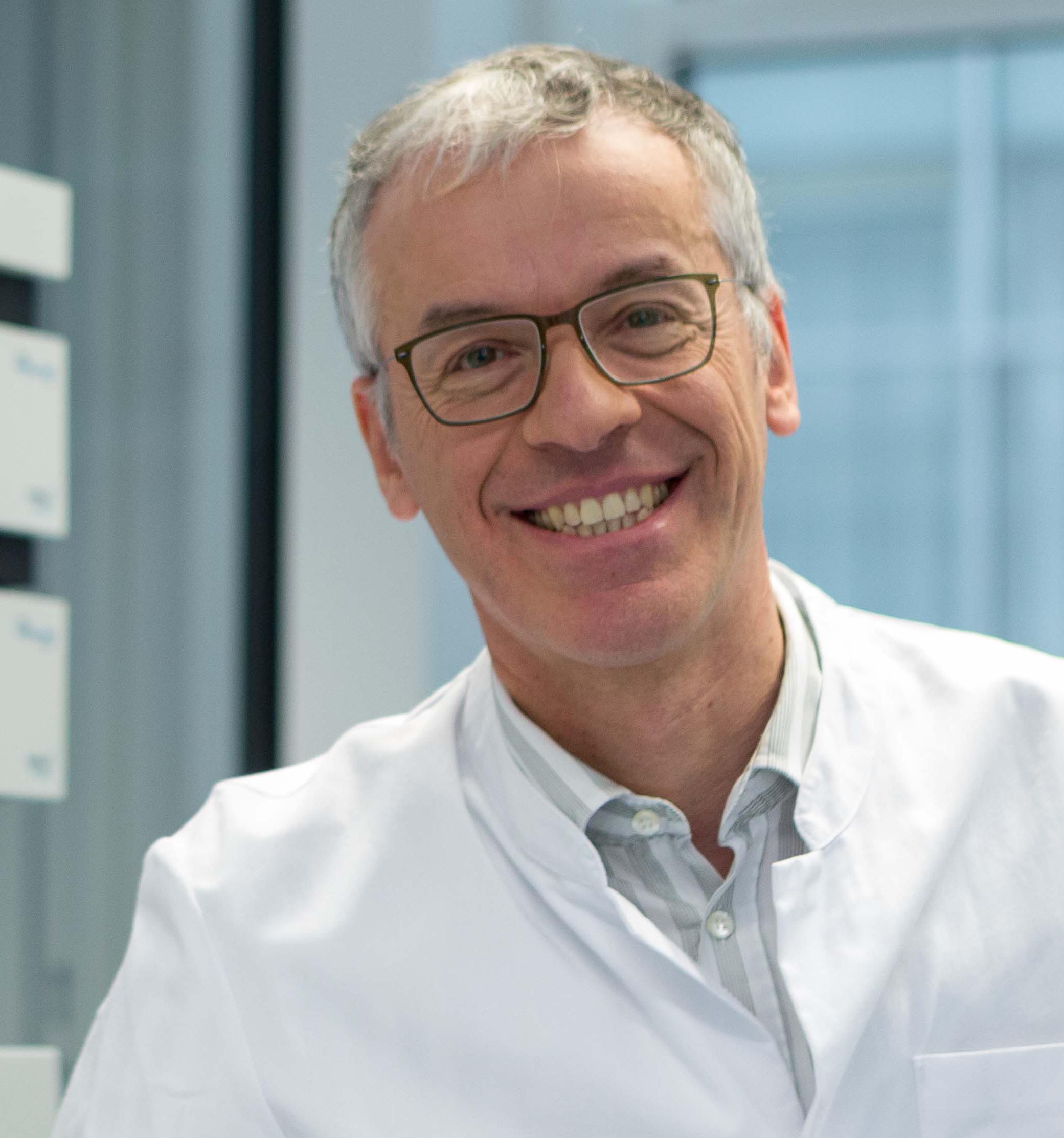
His group investigates the functions of brain endothelial cells and tanycytes in health and disease. These cells form brain barriers and integrate peripheral and central processes. The aim is to modulate their properties for the treatment of brain diseases and metabolic disorders.
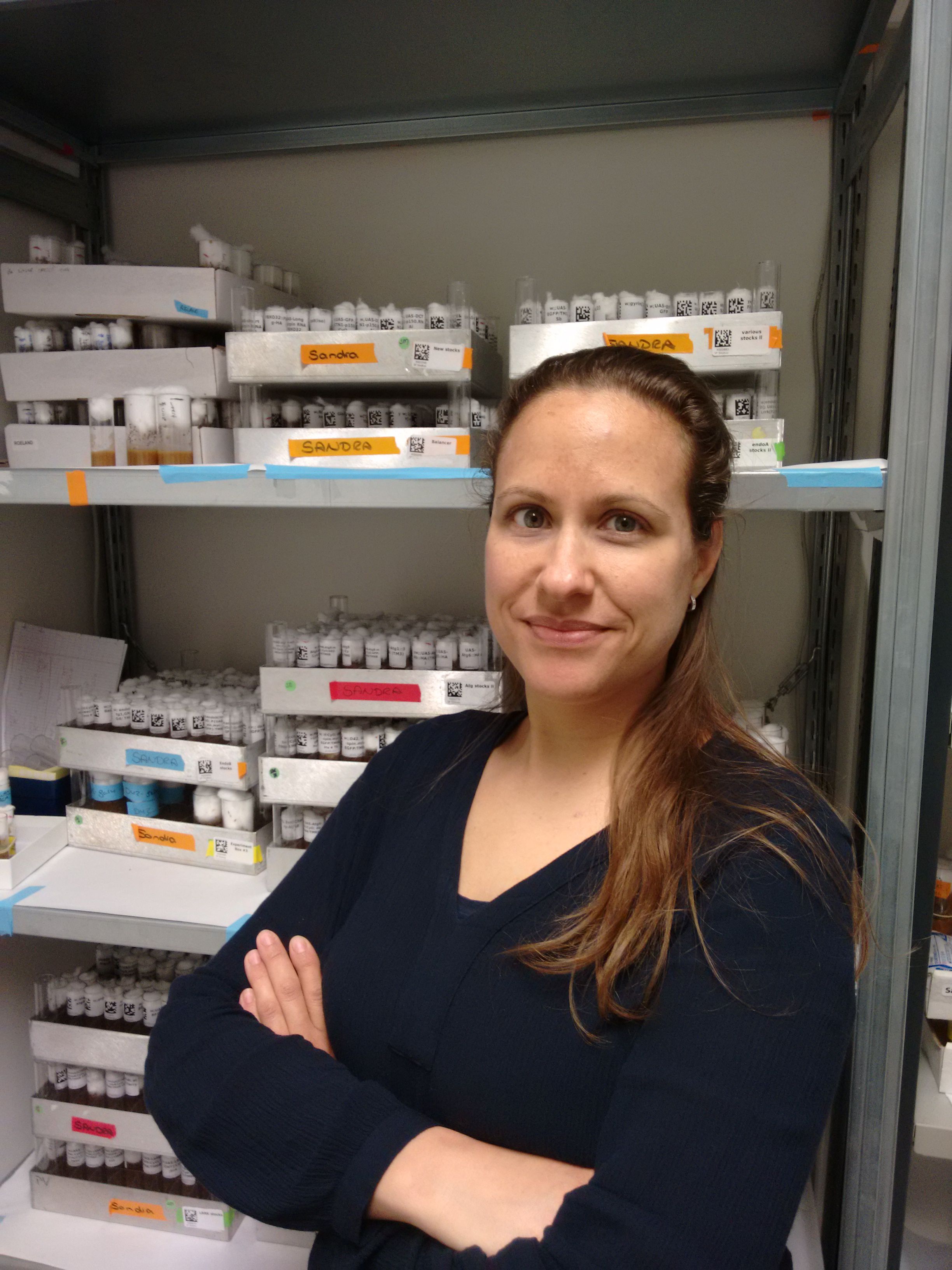
Many neurodegenerative diseases like Parkinson's are still incurable and treatments do not stop the progression of the disease. Dr. Soukop´s work focuses on how synaptic dysfunction is related to the early onset of neurodegenerative diseases. She is particularly interested on how dysregulation of autophagy critically impacts synaptic homeostasis in health and disease.
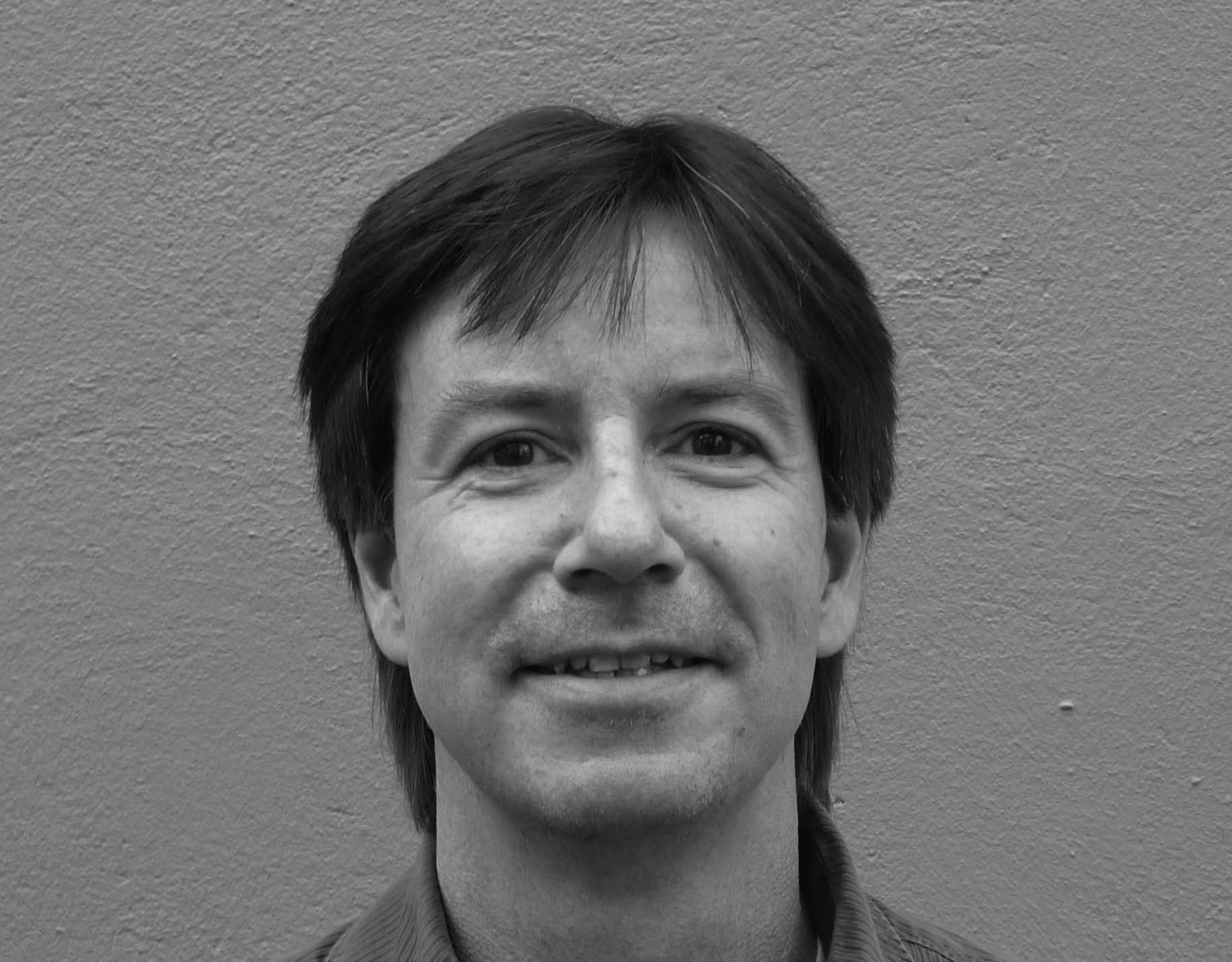
He has a long-standing interest in understanding the functions and mechanism of γ-secretase. This enzyme is a pivotal intramembrane protease, which has a wide spectrum of substrates and is implicated in many crucial signaling pathways. A major focus of his work is to understand how the enzyme generates the amyloid-β peptide, which is widely believed to be causative for Alzheimer´s disease.

Robert Zorec, Ph.D., Professor of Pathophysiology at the University of Ljubljana, Faculty of Medicine, a Full Member of Academia Europaea and Slovenian Academy of Sciences and Arts , as well as a past Member of the Committee for Advanced Therapy at the European Medicines Agency. His expertise is regulated exocytosis, cell signaling, cell metabolism, astroglial (patho)physiology, gliotransmission, neurodegeneration, pituitary cell, cell therapy clinical trials.
Stem Cell Biology

Allison Bardin and her team use Drosophila intestinal stem cells as a model system to understand stem cell self-renewal and alteration during aging. In particular, they are investigating the causes and consequences of somatic stem cell genome mutation.
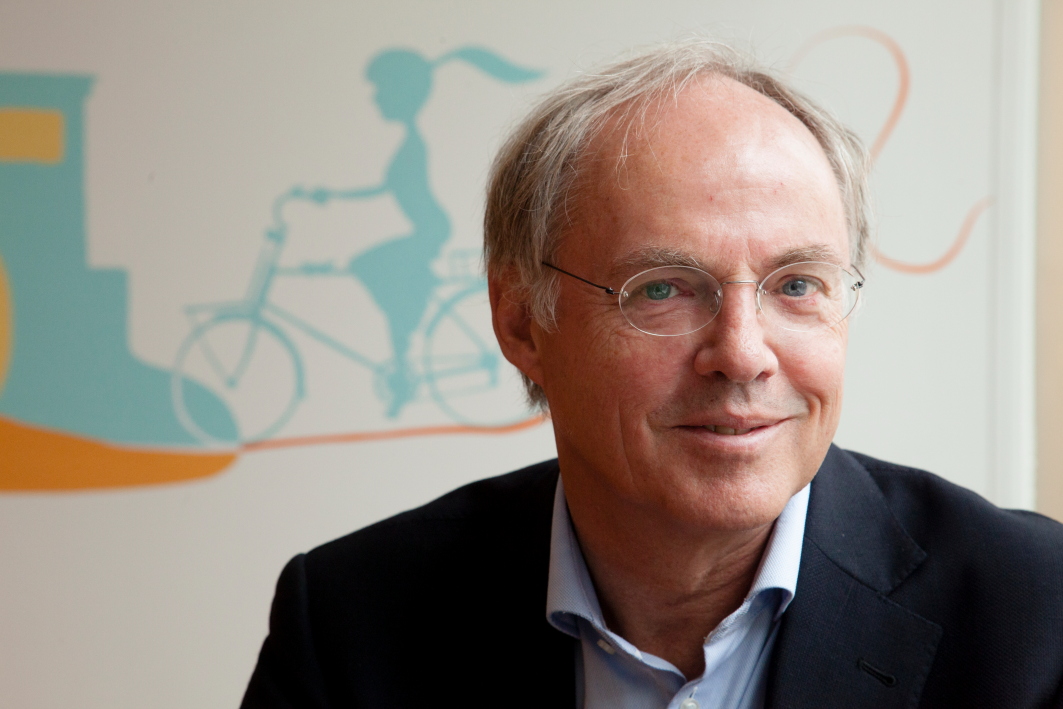
Hans Clevers studies the Wnt pathway and its role in the biology of adult stem cells and cancer. With emphasis on gut epithelium and colon cancer, he has developed technologies to grow organoids from a variety of human healthy and diseased tissues.

Her research goup uncovers the behavior of organ stem cells in young versus aged tissues: muscle, brain, liver, skin, etc., with the goal to identify common age-imposed alterations that are responsible for pathological changes. The translational value of this research is in treating a number of age-associated degenerative and metabolic diseases as a class through engineered “youthful” modification of key molecular factors. We also work on restoring the mutated genes to their wild type sequences through CRSIPR nanoparticle delivery, which has broad applicability for treating a number of genetic diseases.
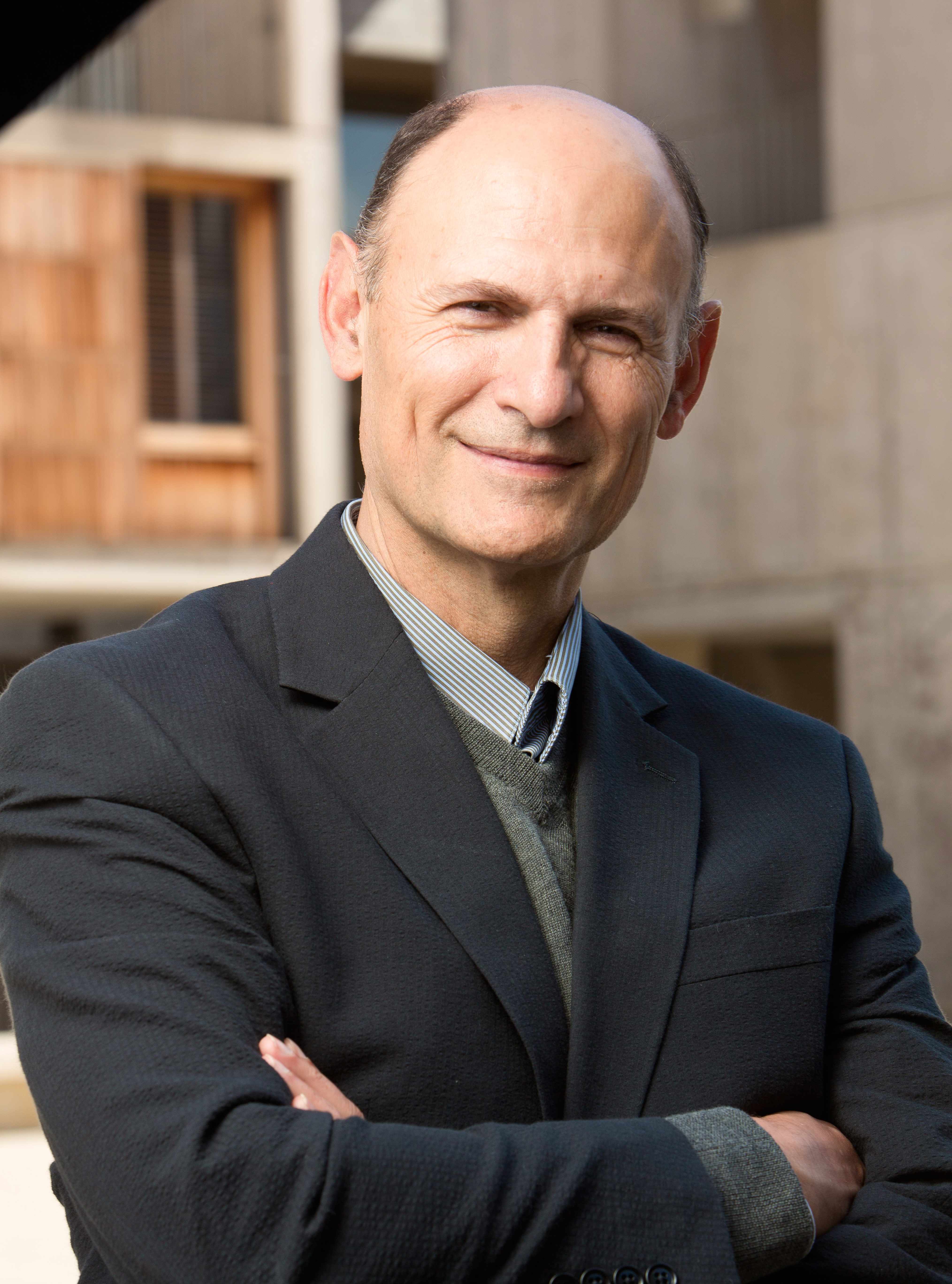
Izpisua Belmonte’s interests lie in the elucidation of the cellular and molecular basis of tissue/organ regeneration. His work has been pivotal to understand fundamental genetic and cellular principles that govern vertebrate development and tissue and organ regeneration. The knowledge obtained is helping to discover new molecules and specific gene/cell treatments to prevent and cure diseases affecting mankind both in the adult and embryonic stages.
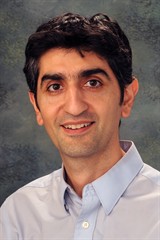
Kiarash Khosrotehrani explores tissue stem cell responses to injury and pathology in the skin. He has a specific interest in the epidermal clonal progression towards cancer or during wound healing and how these situations are modulated by the surrounding inflammatory milieu and by the activity of vascular endothelial progenitors in the microenvironment.
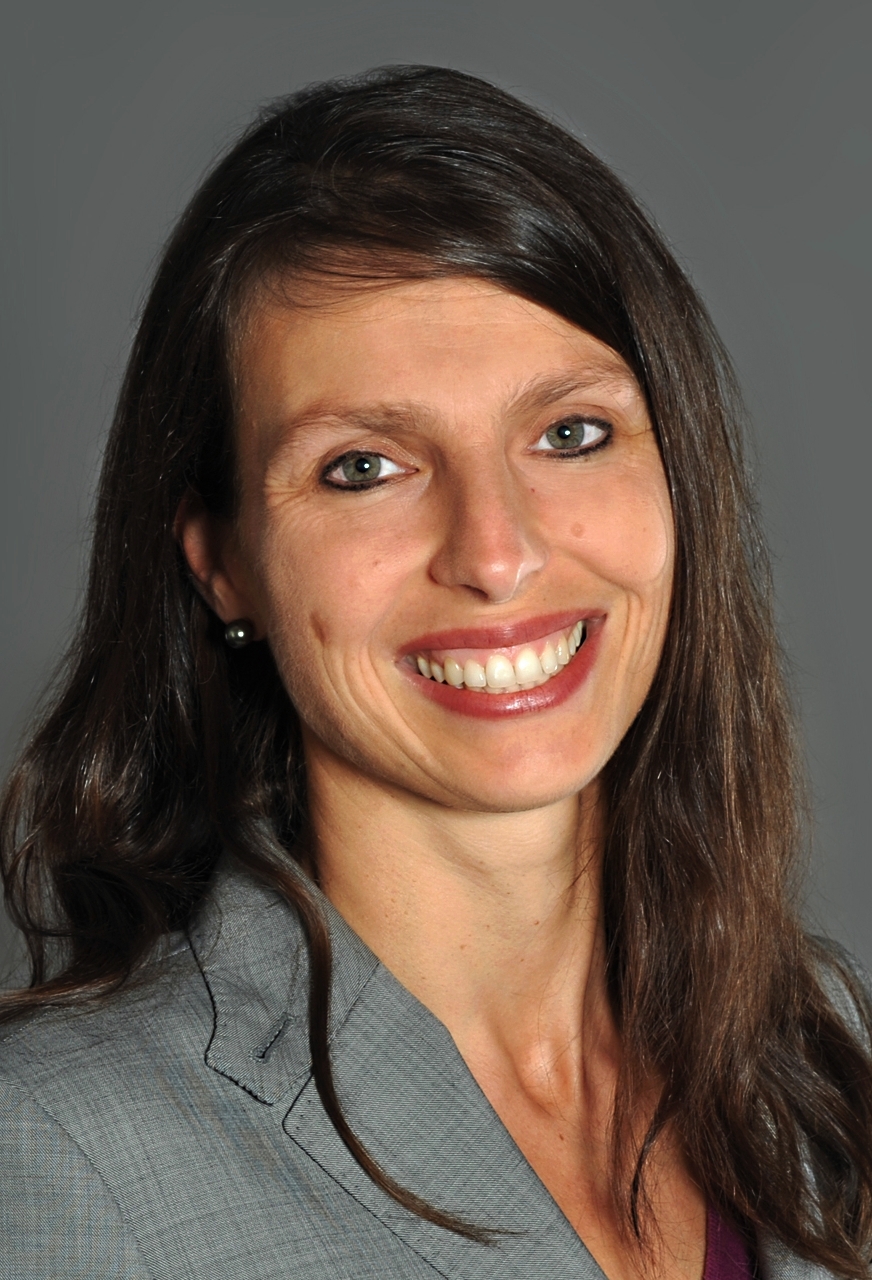
Claudia Lengerke's research focus are stem cells in development and oncogenesis. Our research group studies hematopoietic (stem) cell development and malignant transformation using zebrafish and mouse models. Furthermore, we investigate the importance of stem cells and stemness-associated functional and molecular features for cancer initiation, progression and therapy resistance.
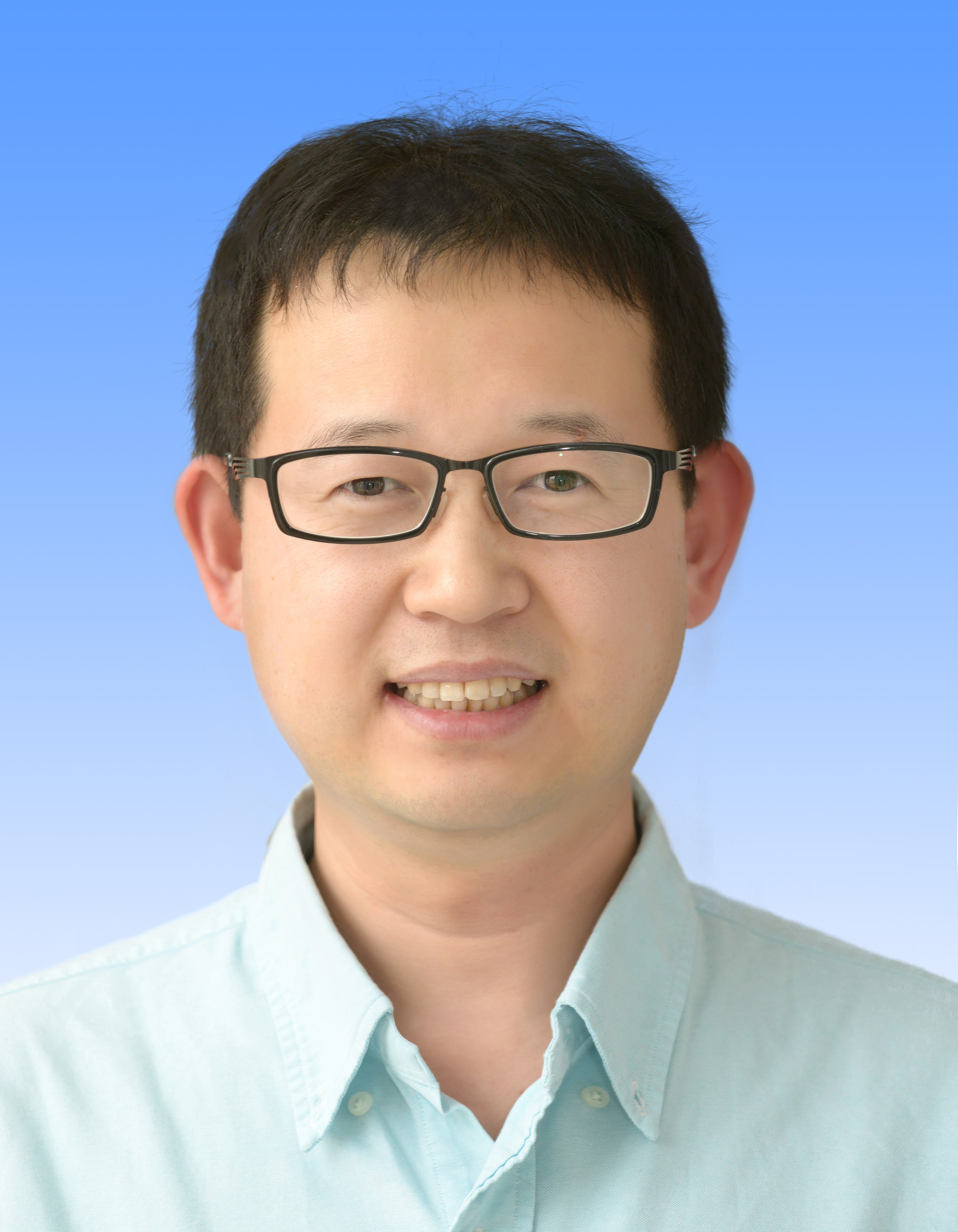
His research focuses on the use of stem cell and gene editing techniques to study and treat aging-associated disorders.
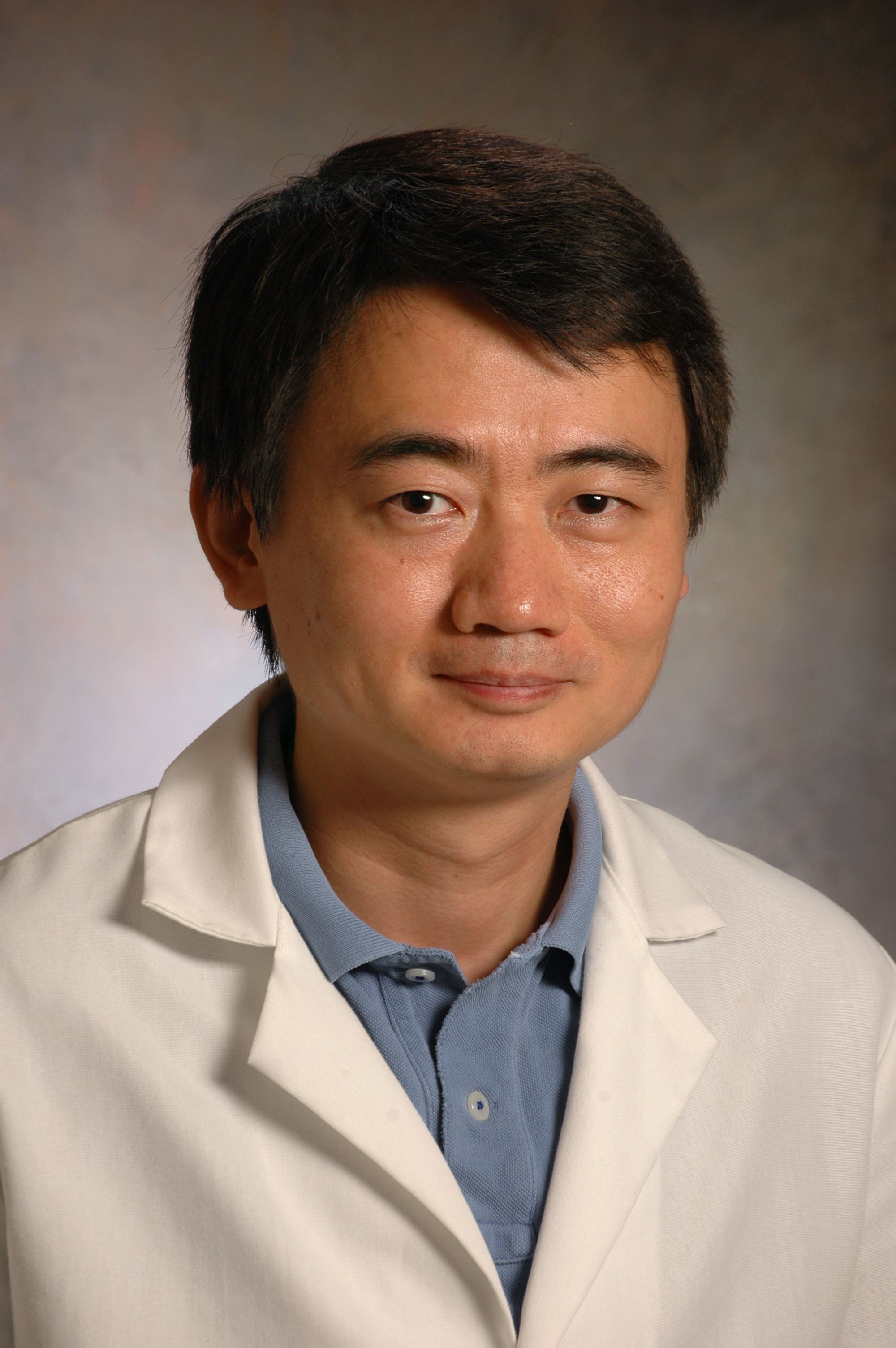
The major research focus of his group focuses on understanding the molecular pathways that regulate skin epidermal stem cell self-renewal, proliferation, differentiation, and cell death. They are particularly interested in how deregulation of these processes contributes to various skin diseases, including skin cancers.
Stress Mechanisms in Pathophysiology
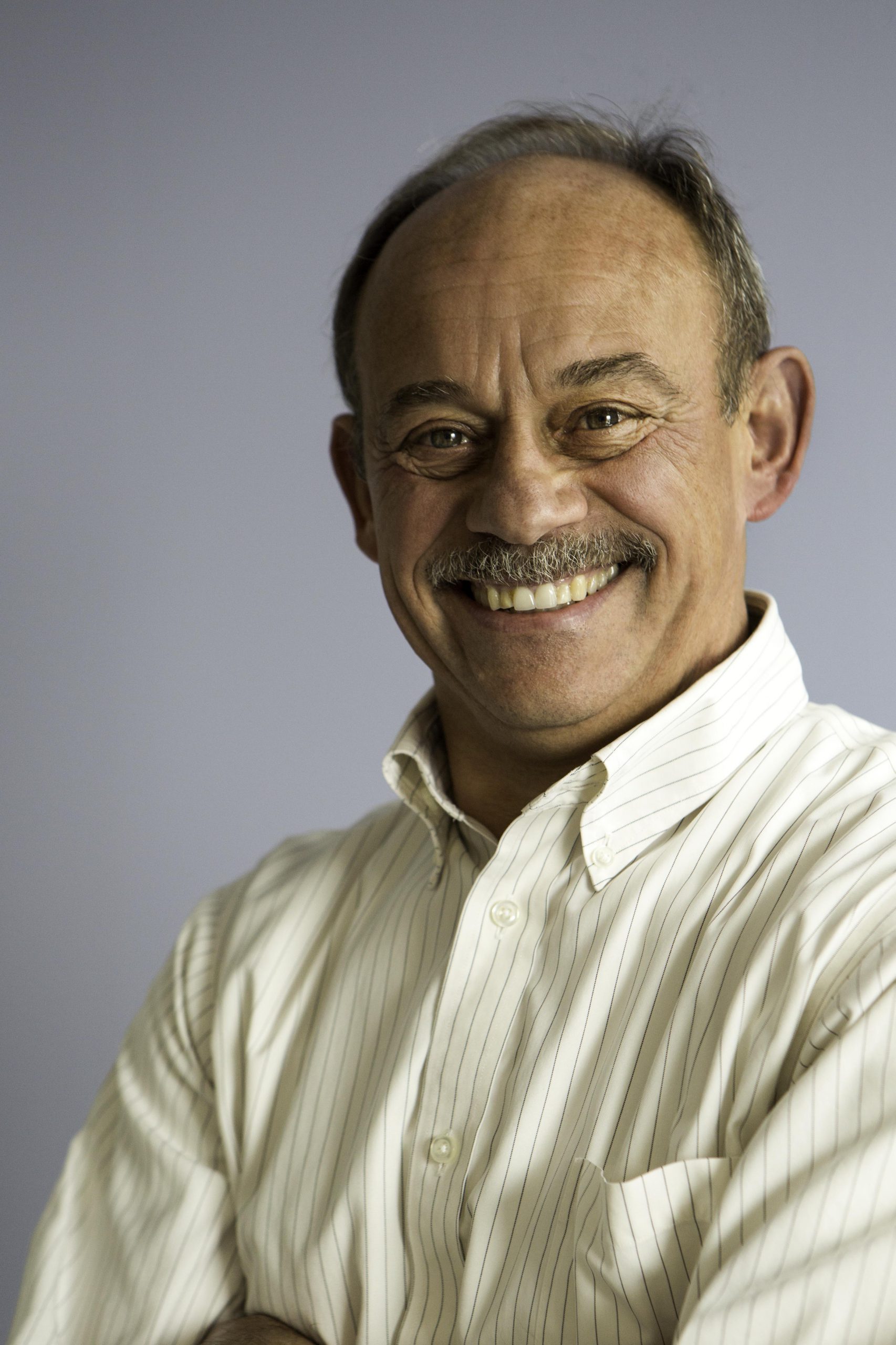
His research interests include the regulation and functions of mTORC1 in mammalian cells, cancer therapy-induced cell and organismal stress, the biology of cellular senescence, and rewiring of metabolic pathways in cancer. A specific area of current research focuses on the impact of cyclin-dependent kinase inhibitors on nucleotide biosynthesis, stress-response pathways, cellular senescence, and therapeutic resistance mechanisms.
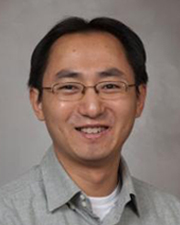
The main research interest of Dr. Chen is circadian clocks and clock-related physiology and pathophysiology. Using an integrative approach, including small-molecule modulators, Dr. Chen explores the cellular and physiological mechanisms of the mammalian clock. His work has illustrated a novel therapeutic strategy of targeting circadian pathways against chronic diseases and age-related decline.
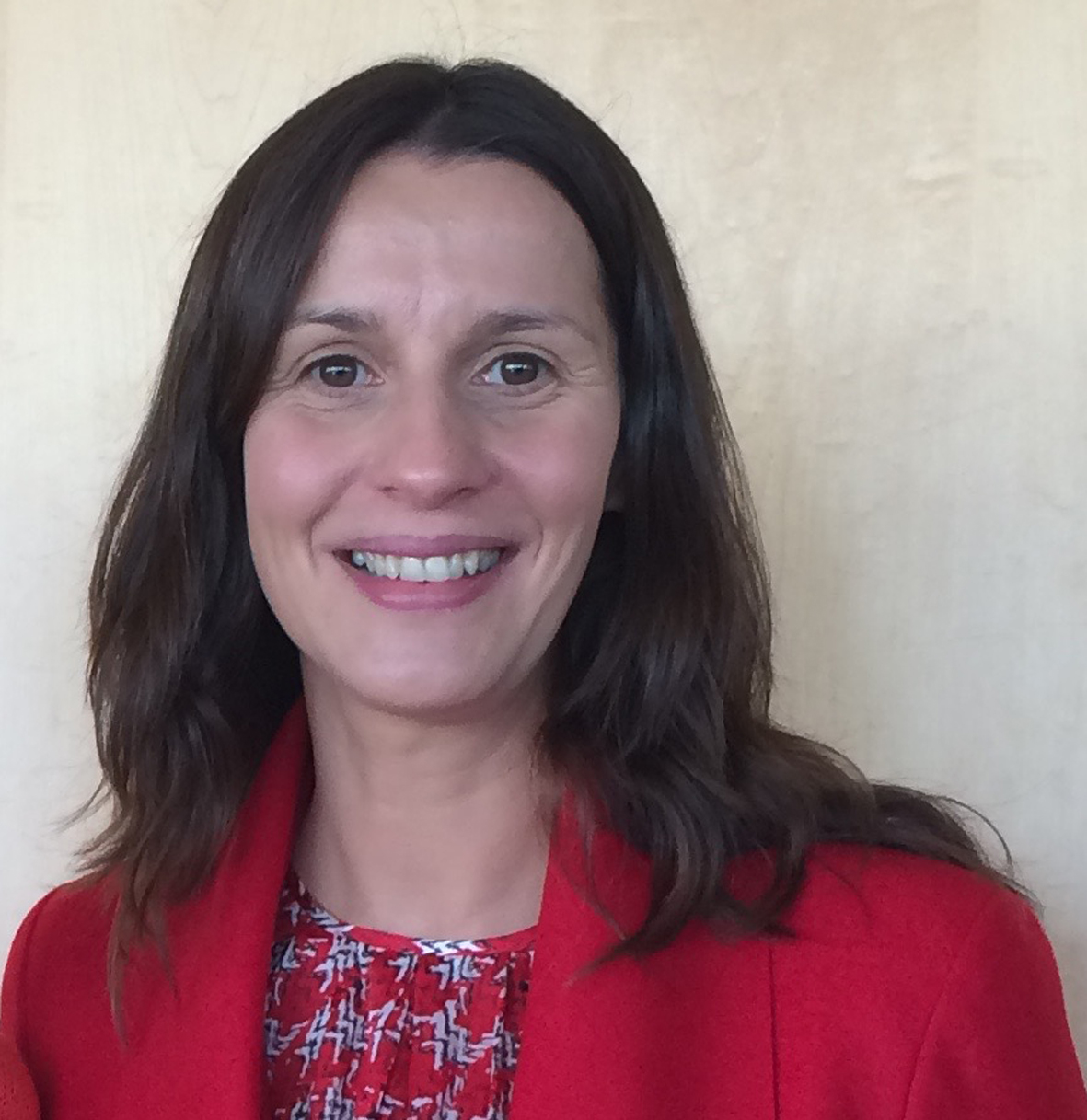
Research in the Mercedes Fernandez Lab focuses on identifying the causes and drivers of chronic liver diseases, including cirrhosis of the liver and liver cancer, which affect millions of humans beings and are leading causes of death and liver transplantation worldwide. This is essential to fully elucidate unresolved pathogenetic mechanisms of disease, and to facilitate the identification of novel therapeutic avenues. The hope being to eventually have an impact on clinical care and reduce the morbility and mortality of patients suffering from chronic liver disease.
Their specific research projects include:
Angiogenesis in chronic liver disease - function, regulation/dysregulation and therapeutic potential.
Impact of obesity on chronic liver disease - pathogenic mechanisms and therapeutic implications.
Molecular regulation of the progression from liver steatosis to cirrhosis and liver cancer as well as identification of new therapeutic targets.
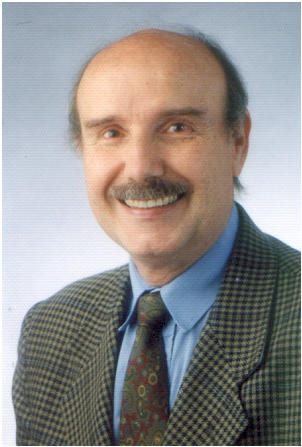
Research focus of Florian Lang is properties, regulation and significance of channels and transporters, and their impact on cell volume, suicidal cell death, cell proliferation, cell migration, metabolism, tissue calcification, fibrosis, inflammation and host-pathogen interaction. Cells of particular interest include erythrocytes, platelets, epithelial cells and neurons.
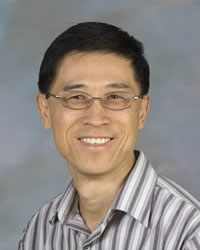
Li´s lab is interested in the signaling mechanisms of skeletal muscle remodeling in response to physiological and pathological stress. Particularly, they are interested in how inflammatory diseases such as cancer and sepsis impact muscle mass and function, through increased protein catabolism and decreased mitochondrial function. They are also interested in how muscle adapts to stress to promote regeneration.
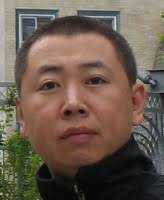
Beidong Liu is an Associate Professor in Cell and Molecular Biology at the Department of Chemistry and Molecular Biology of the University of Gothenburg (GU), Sweden. He also works as a director of the Center for Large-scale cell-based screening at GU. Beidong Liu’s research focuses on investigating the mechanisms controlling protein assemblies (e.g. protein aggregate, phase separation and stress granule) formation, and further deciphering their functional roles in cellular stress response.
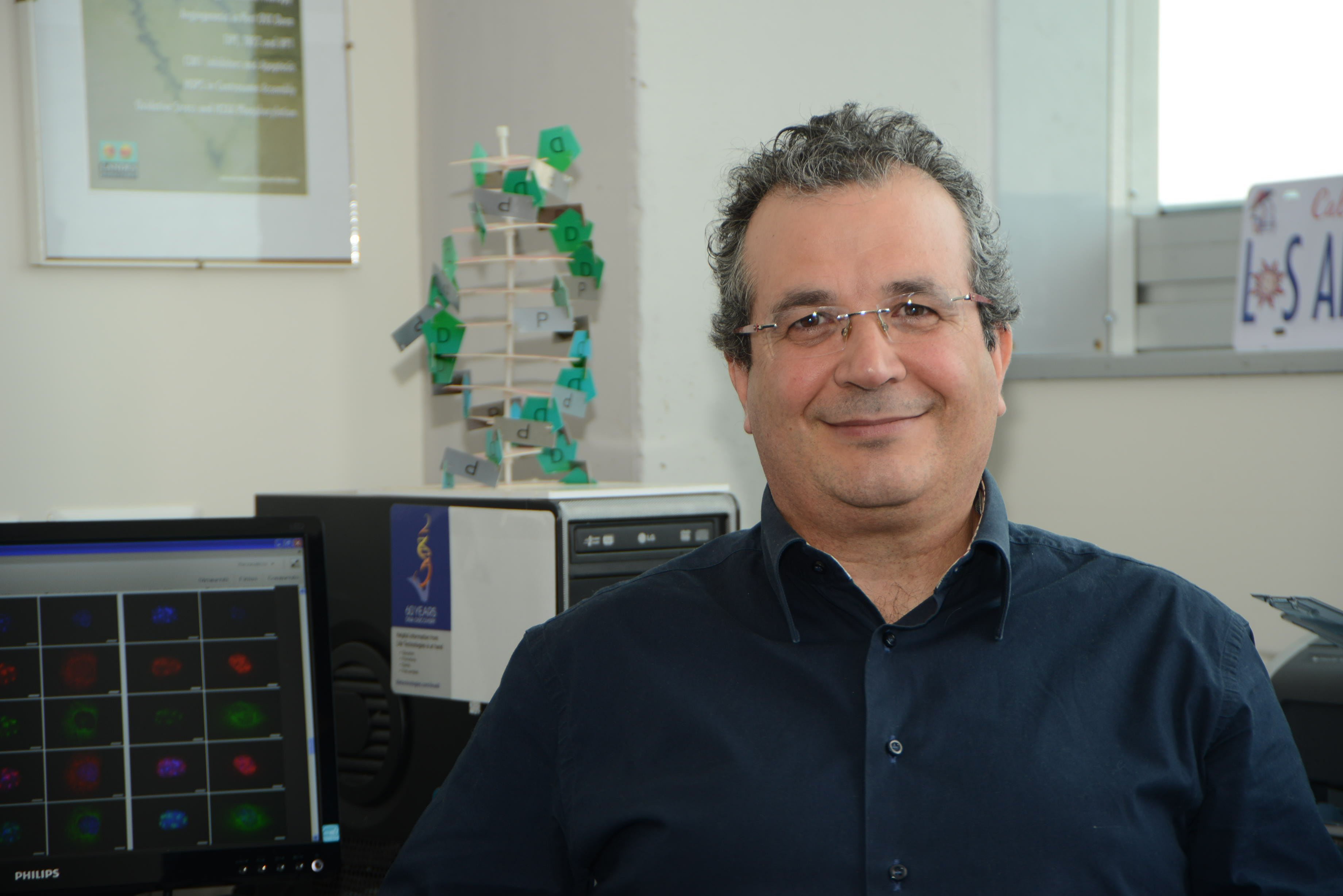
Dr. Servillo studies pathophysiology of the liver, thereby mainly focused on liver regeneration as experimental model of proliferation as well as cell stress and proliferation. In addition he is interested in the regulation of tumor suppressor proteins.
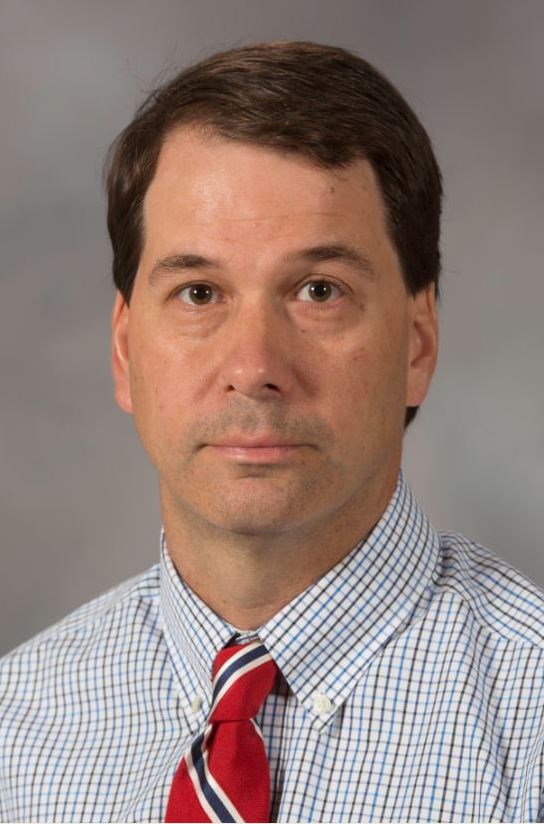
Dr.Stec’s research is focused on the role of the heme oxygenasebiliverdin reductase system in the regulation of blood pressure, kidney function, and metabolism. He utilizes a combination of whole animal physiology, molecular and genomic approaches to understand the mechanisms by which heme oxygenase, biliverdin reductase, carbon monoxide, and bilirubin regulated blood pressure, kidney function and metabolism.
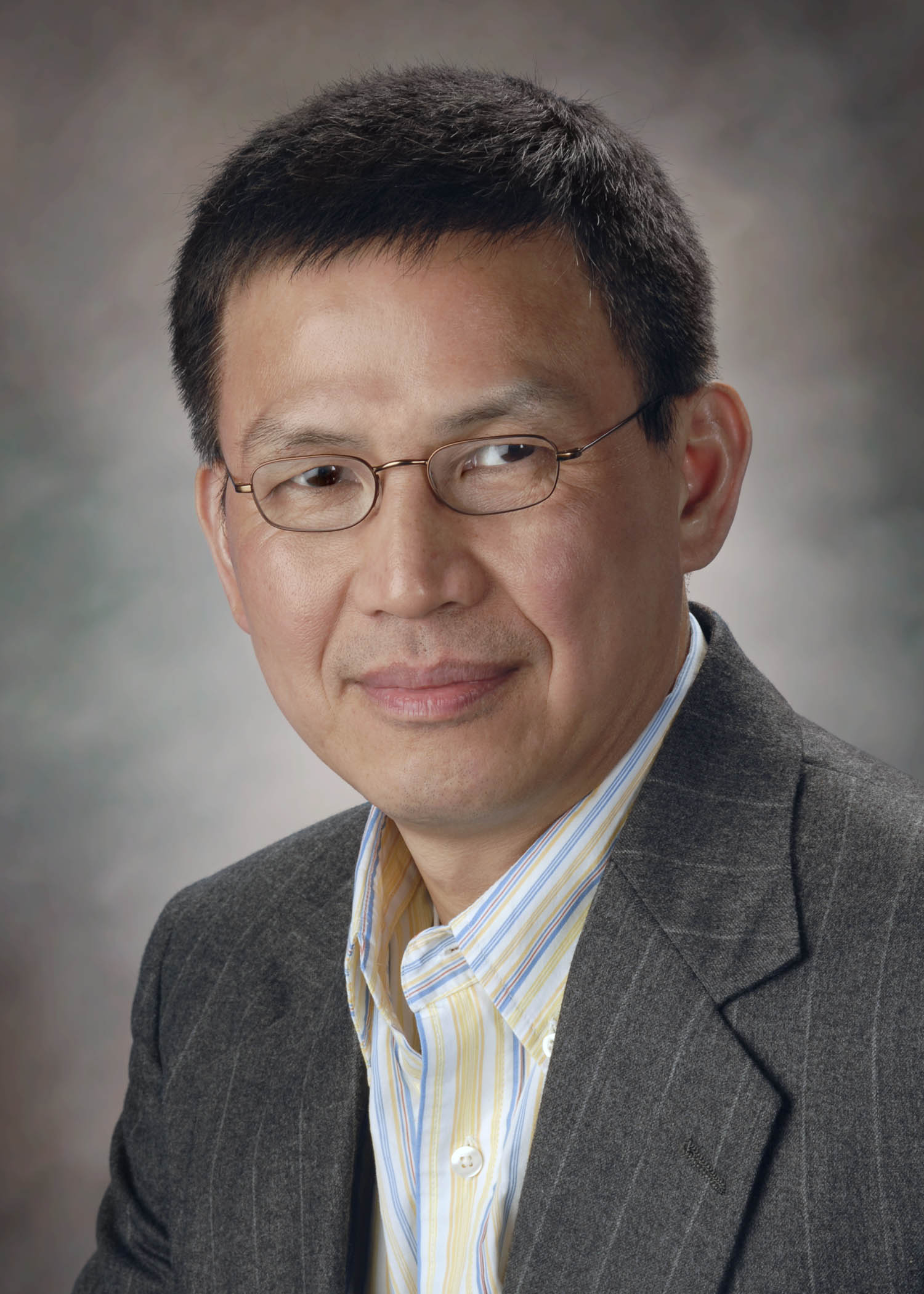
Functional characterization of the p53 pathway has been a major research area of his laboratory. Apart from the characterization of signaling pathways important in p53 regulation, they are also investigating the biological function of p53 under various stress conditions, including genotoxic, oncogenic and metabolic etc. using both in vitro and in vivo models.

